Excellence NOWNOW Tom Peters/17 November 2012/Moscow

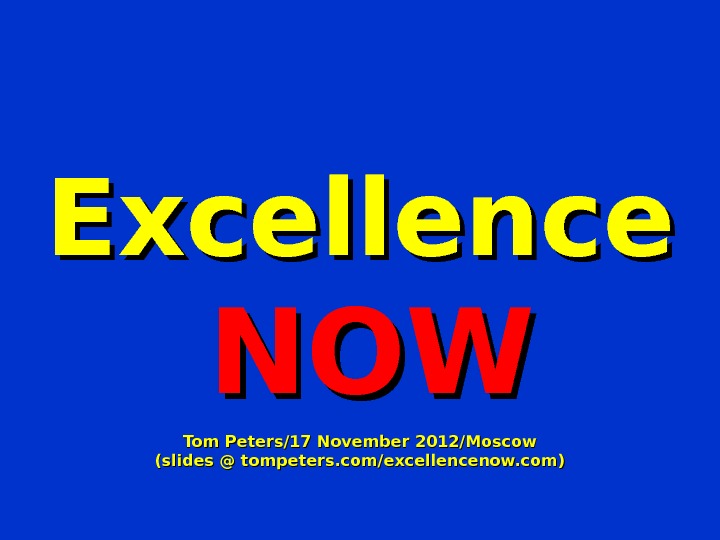
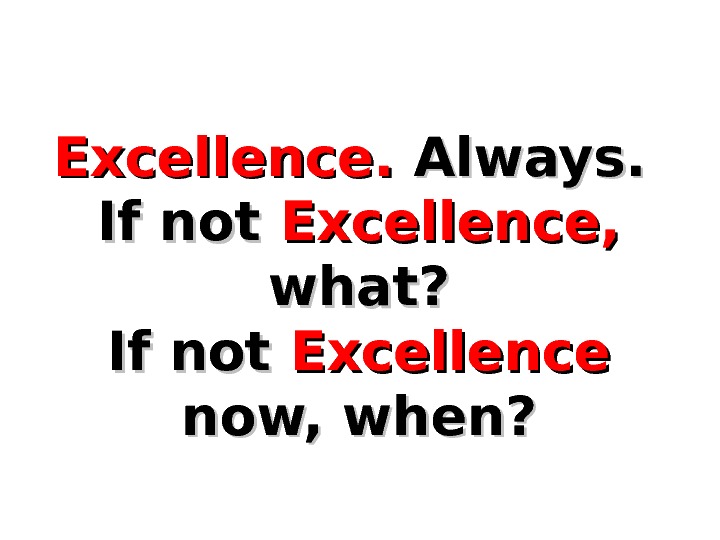
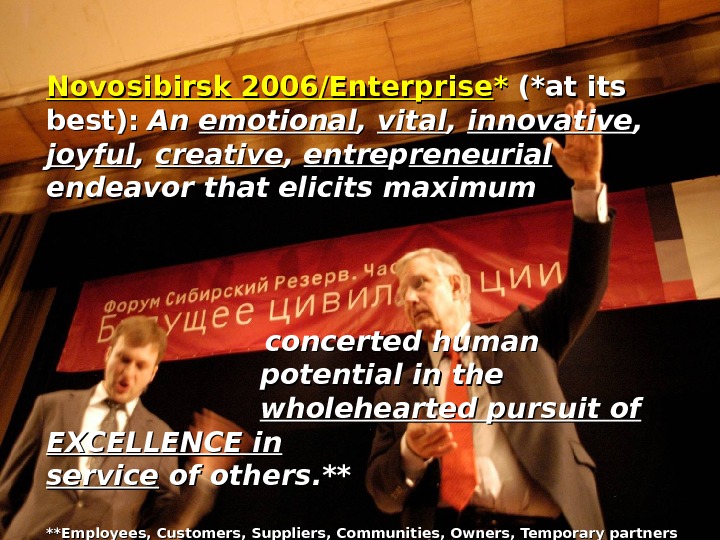
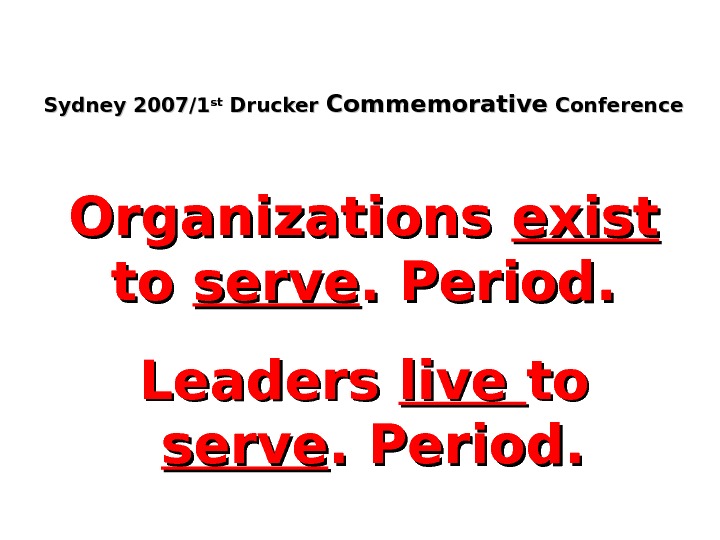

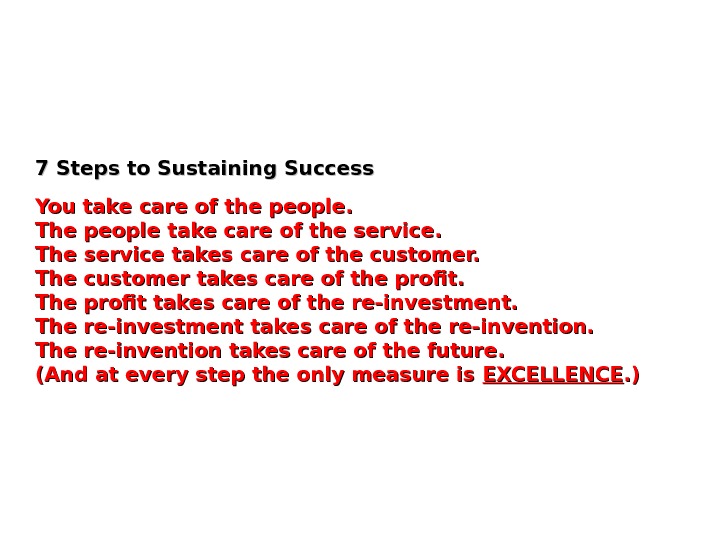


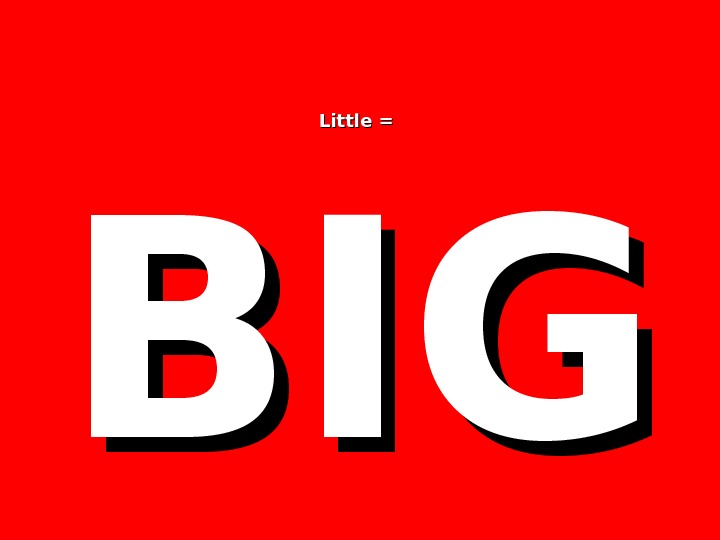

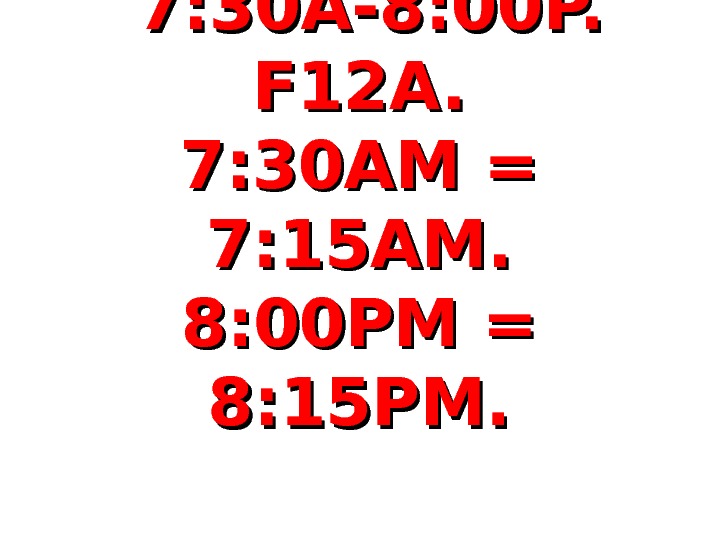

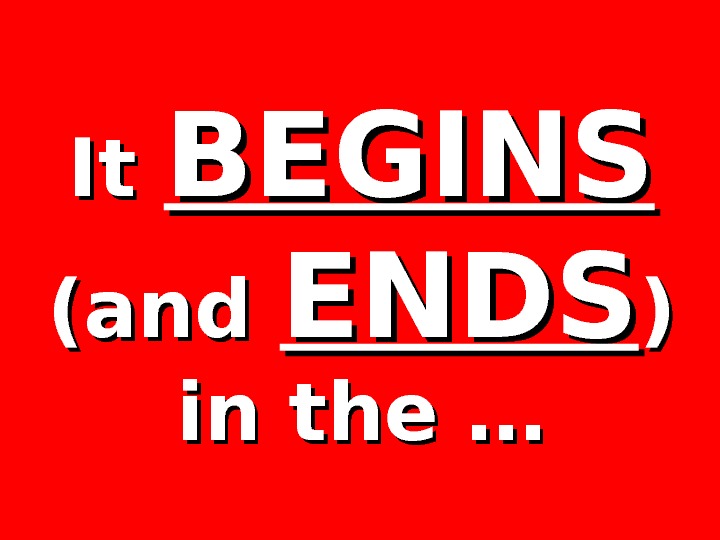


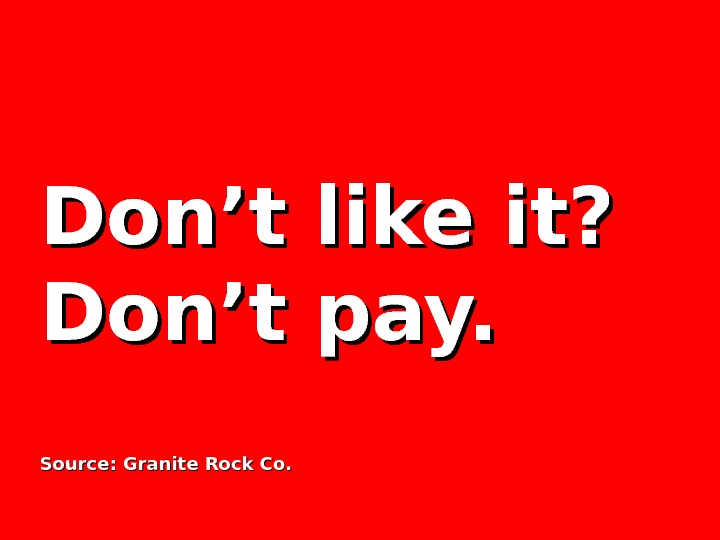





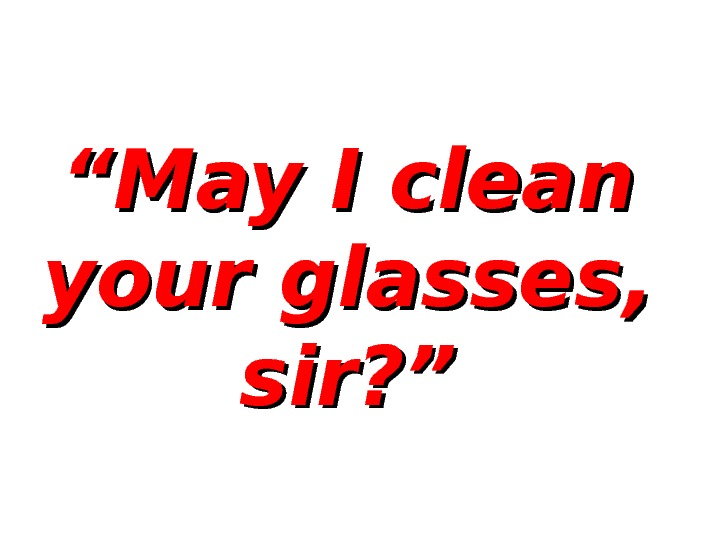

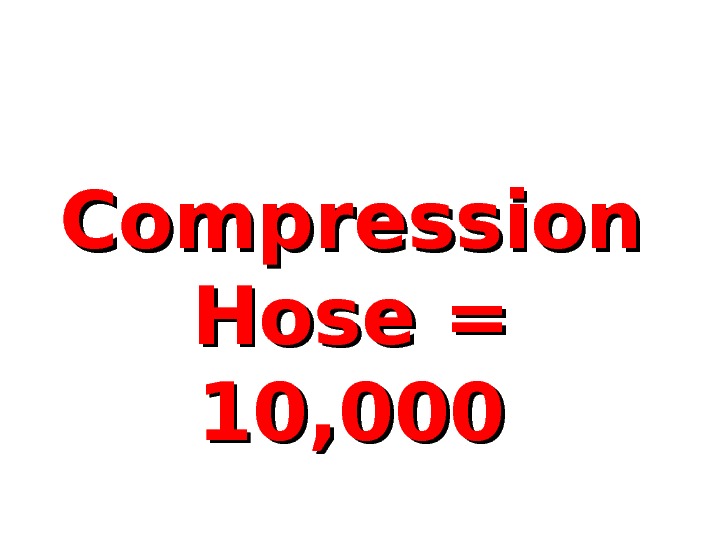

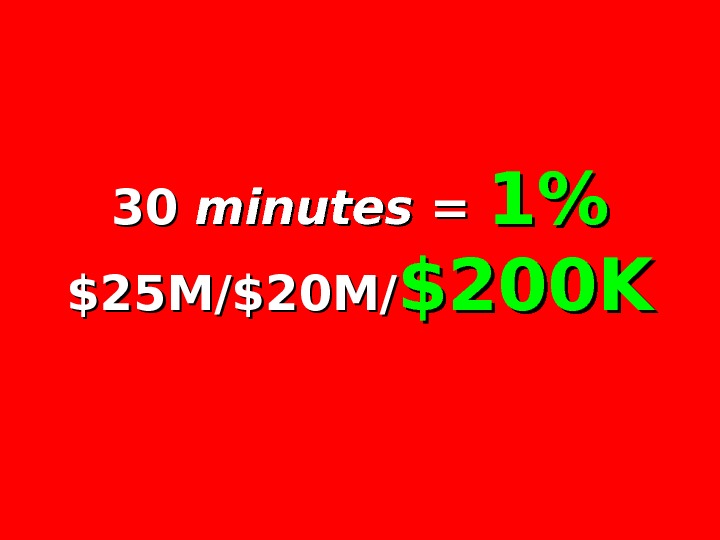



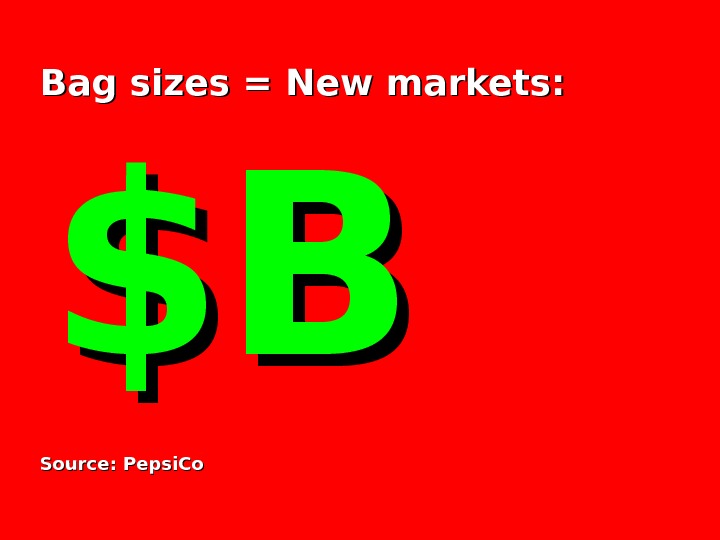
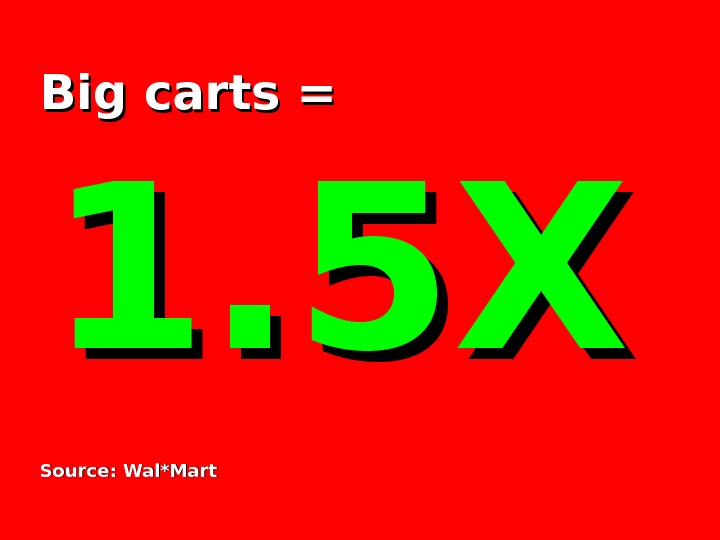

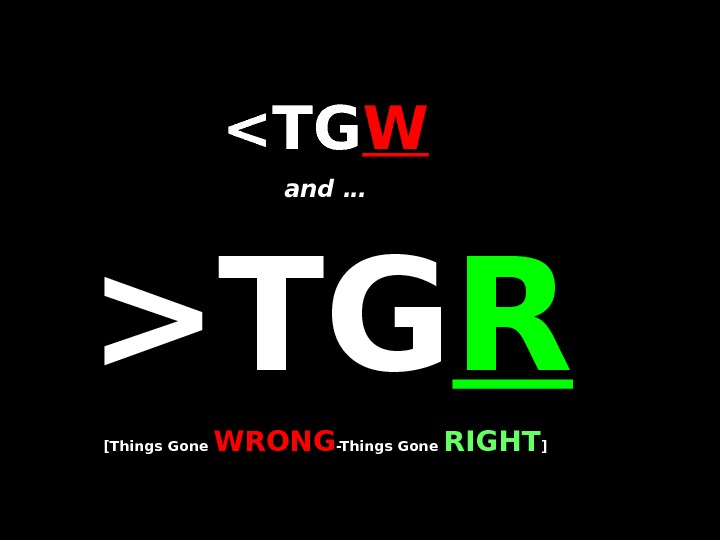
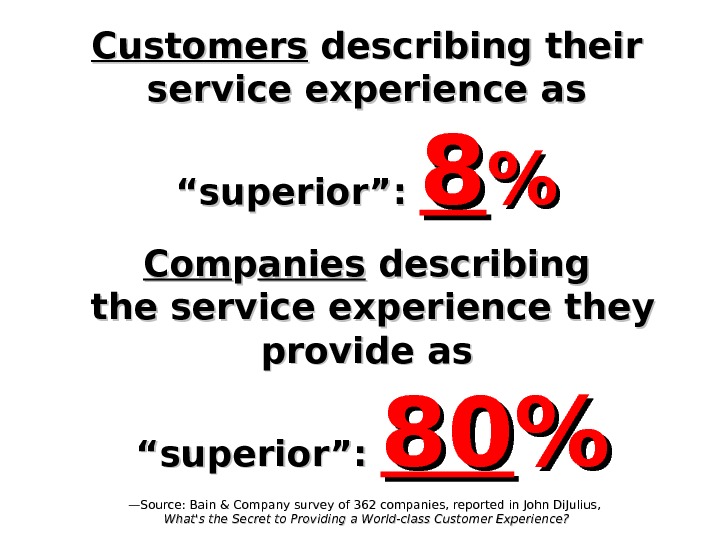
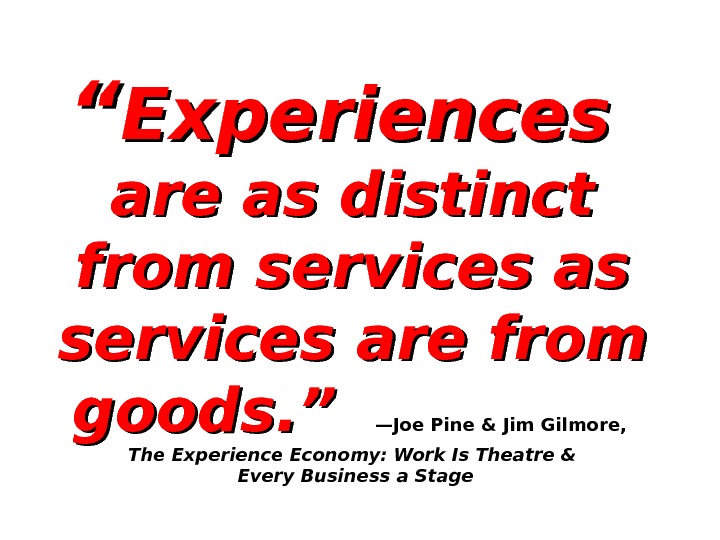
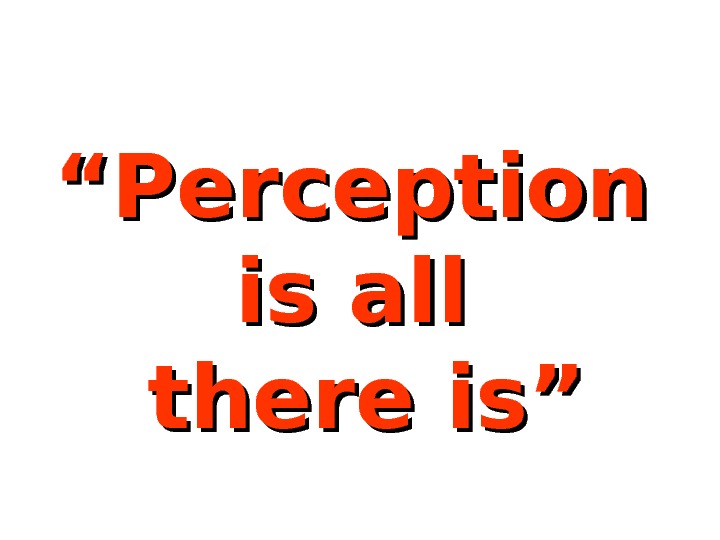
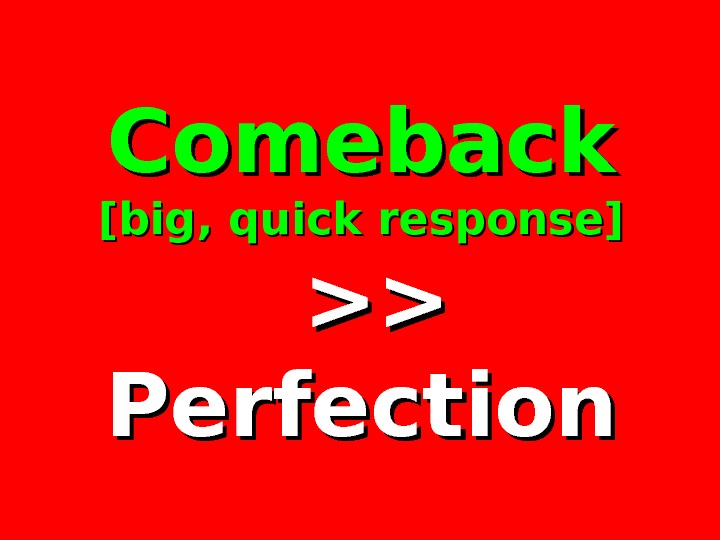
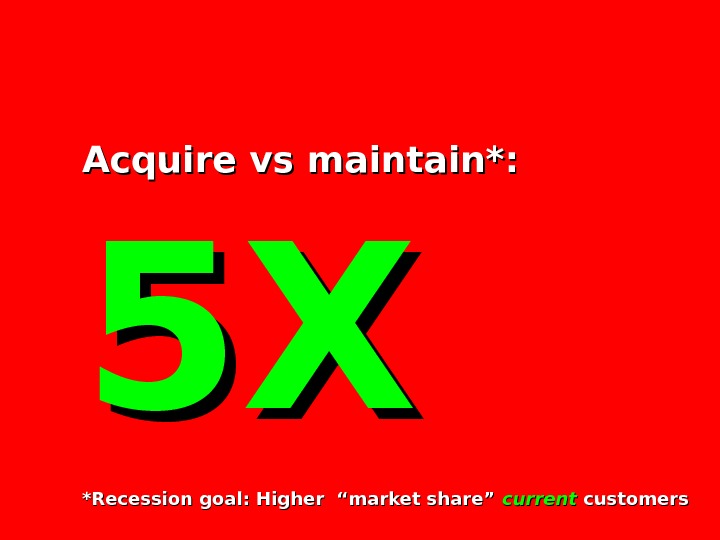


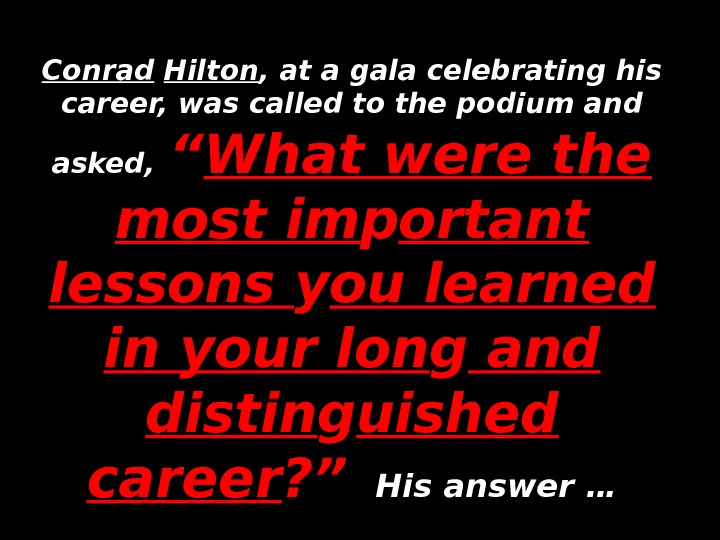
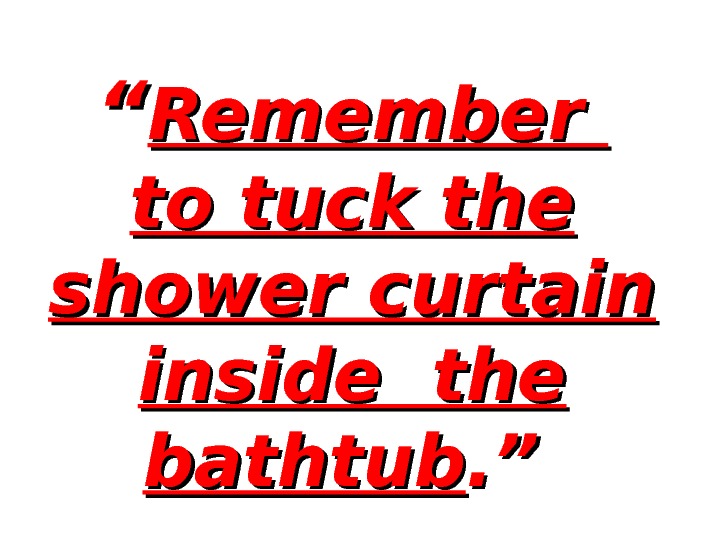

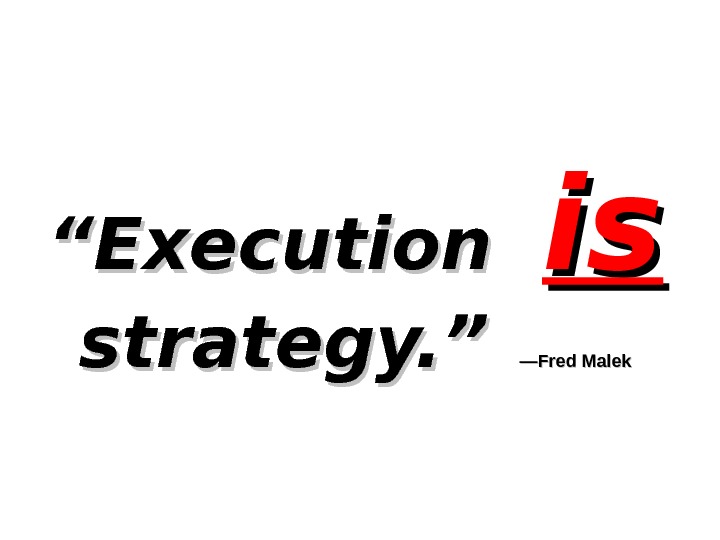

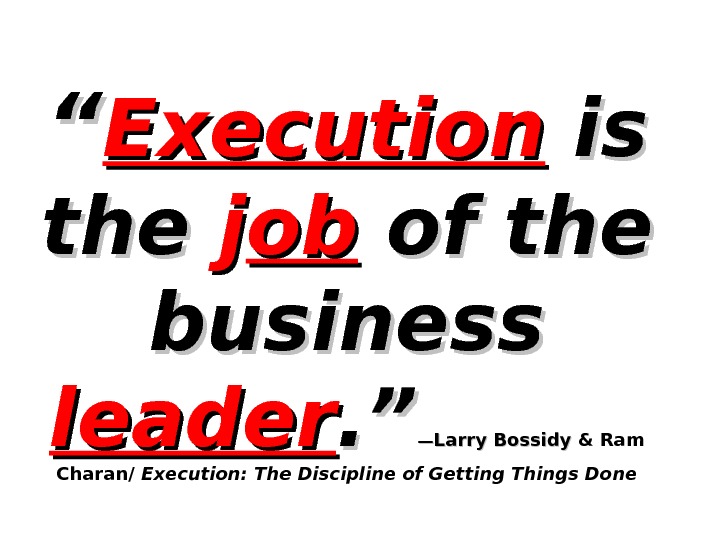

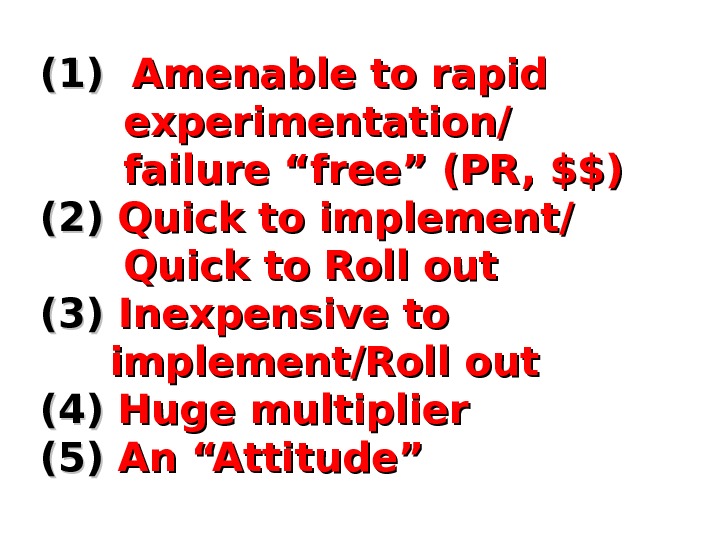
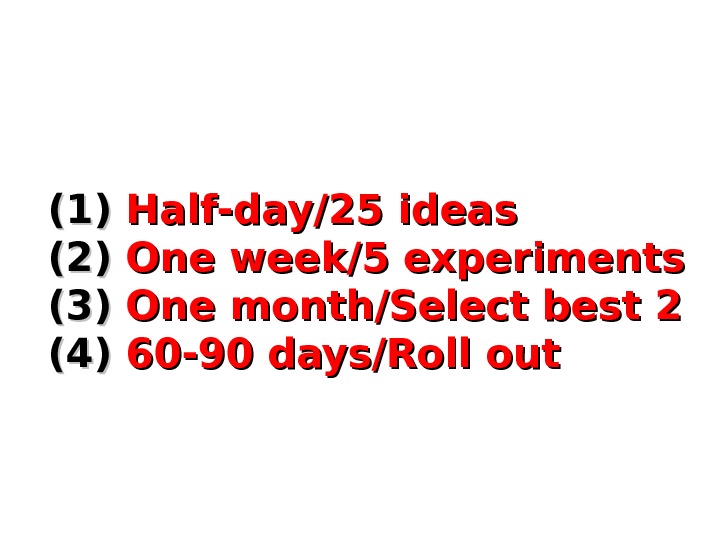
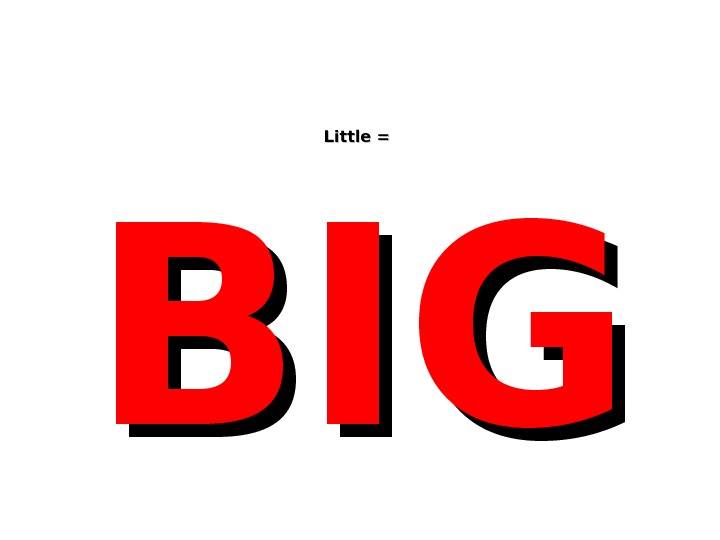



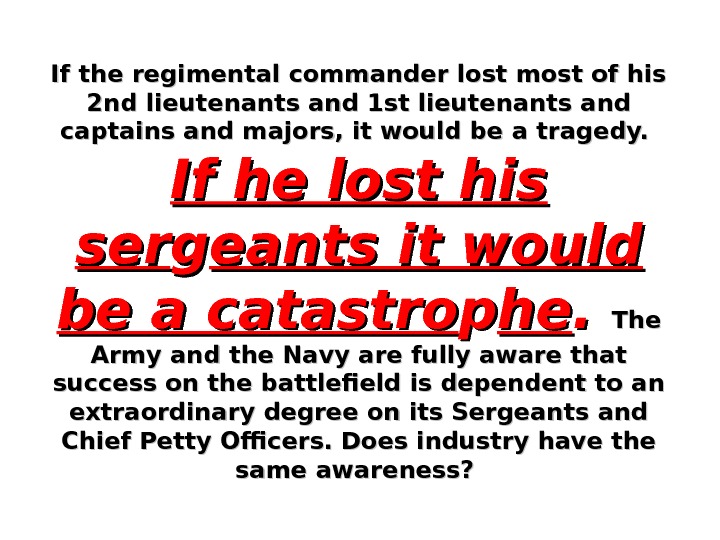
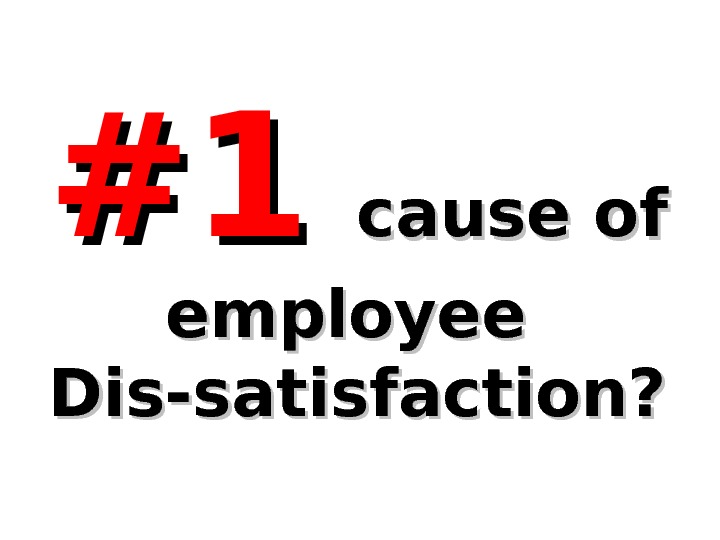

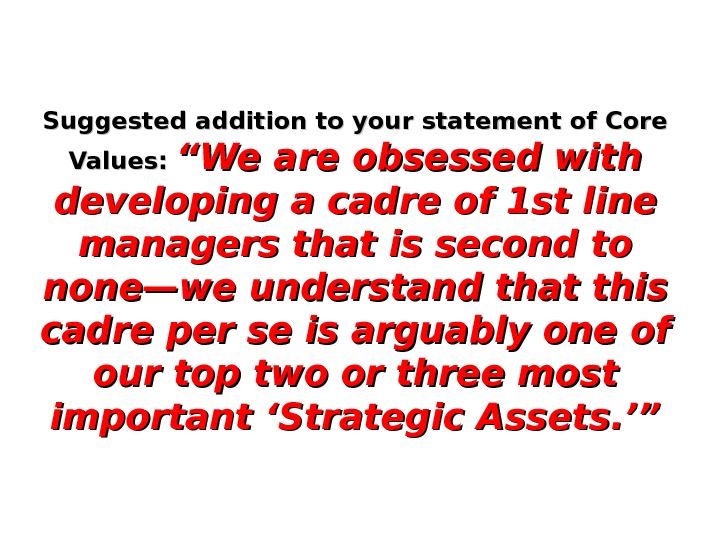

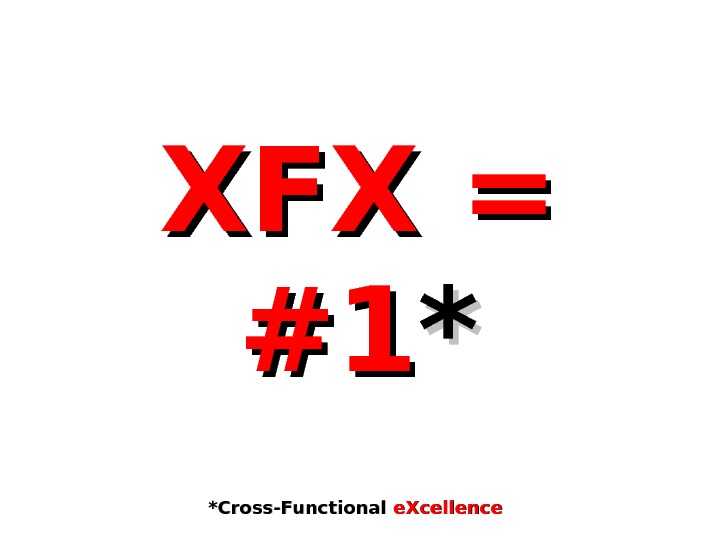
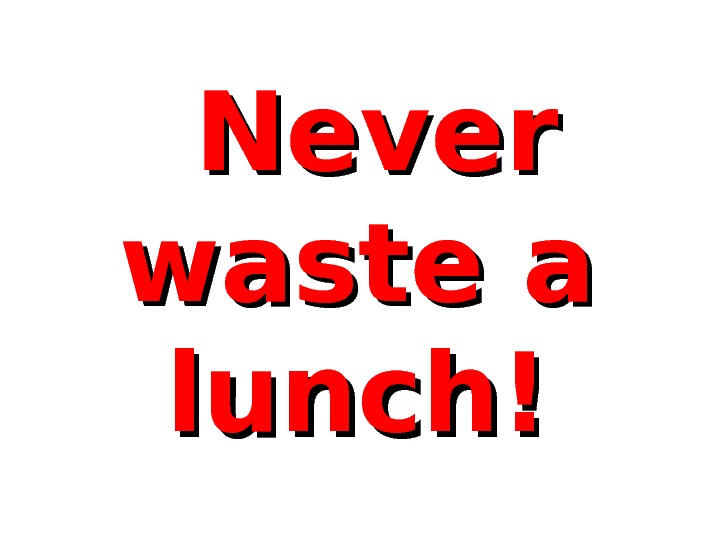
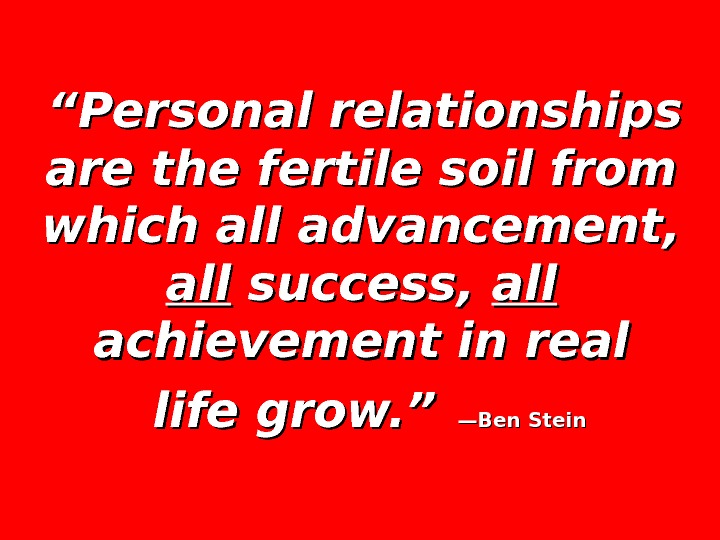


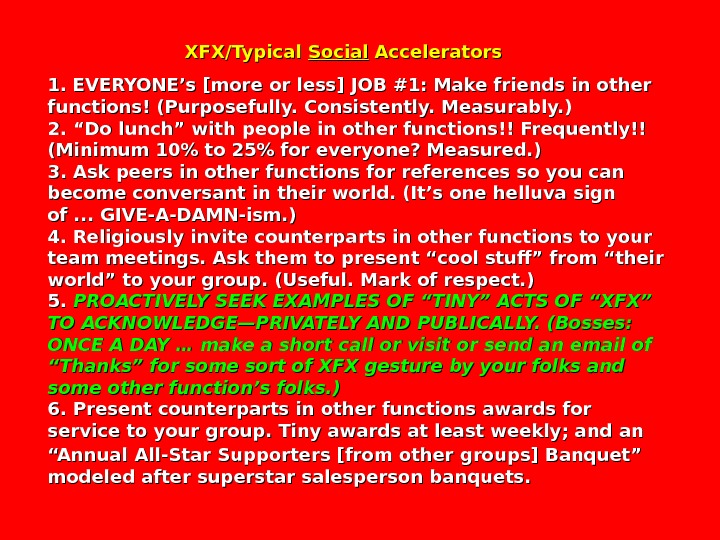
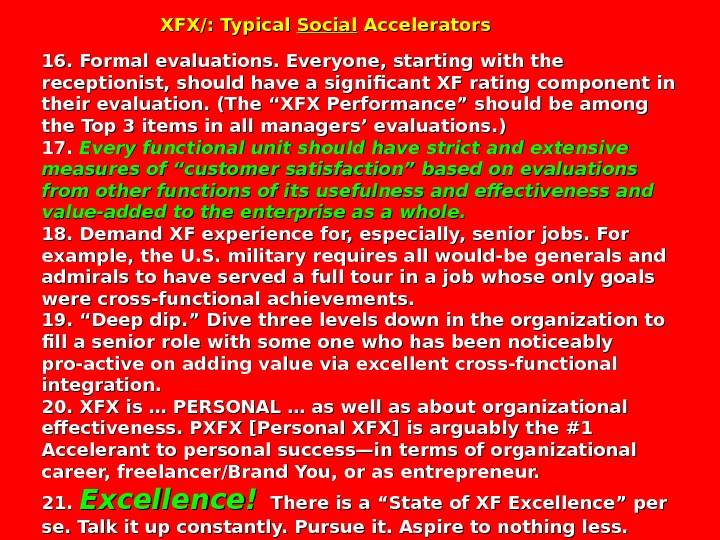
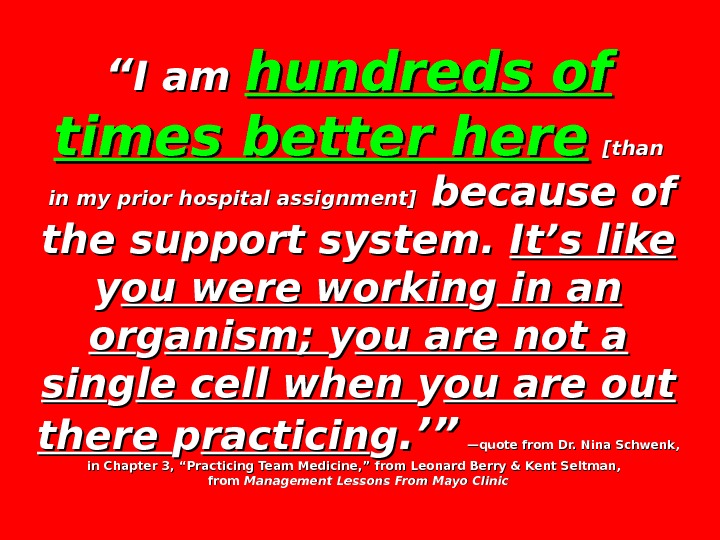
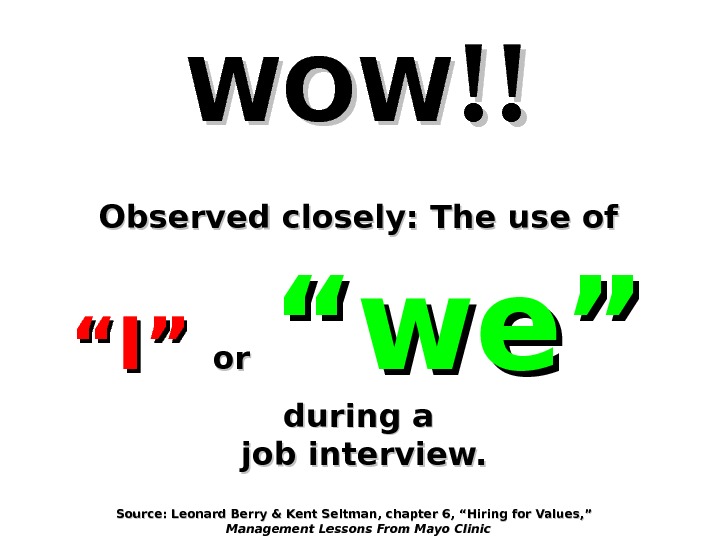

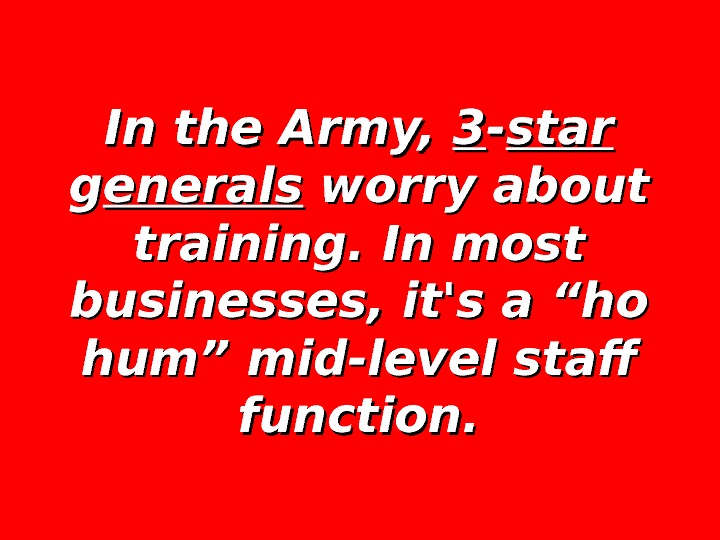
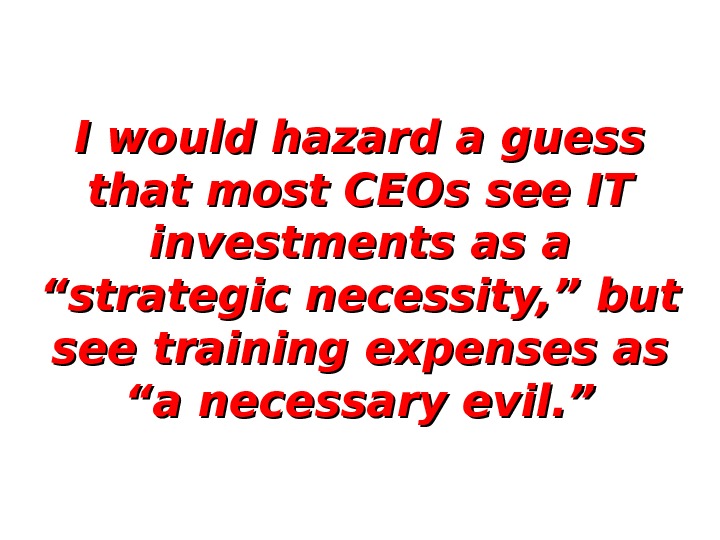
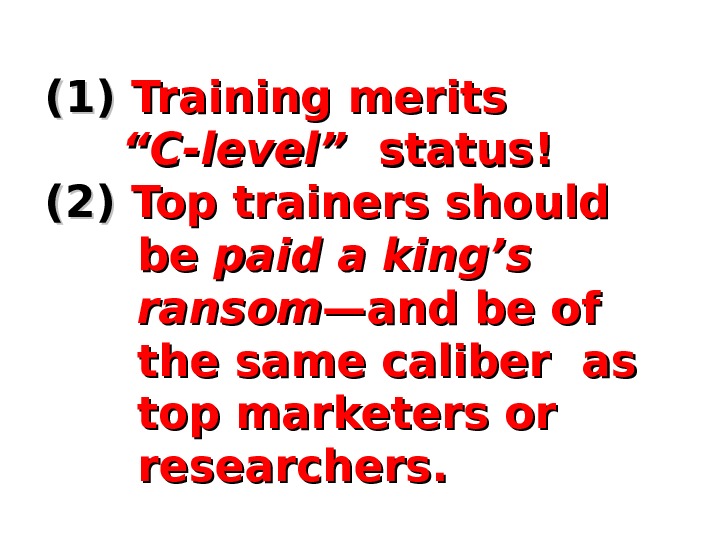
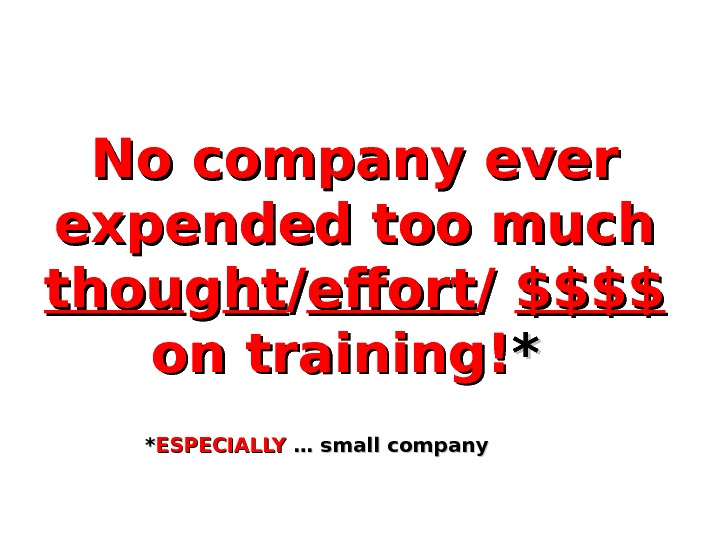
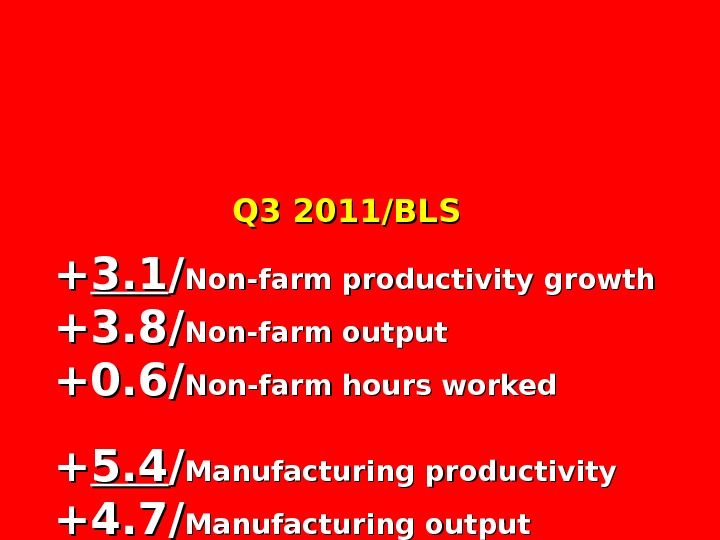
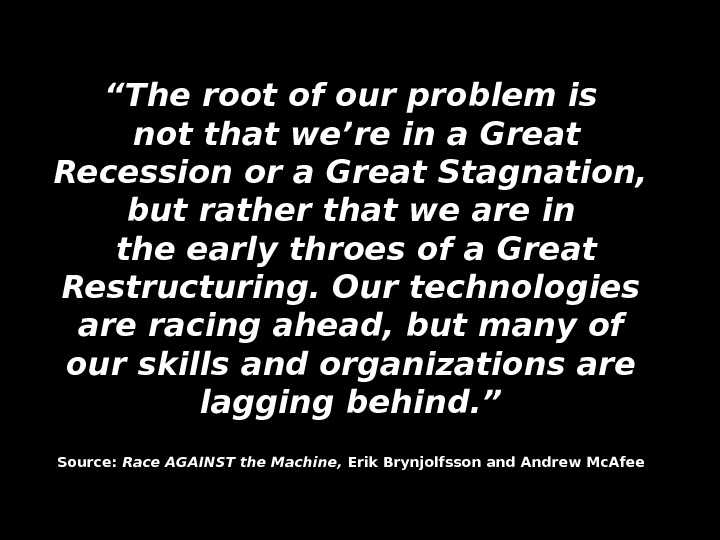
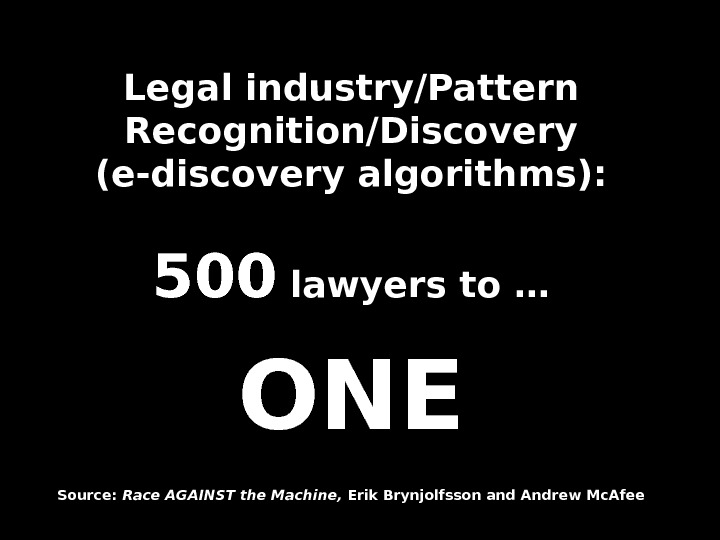
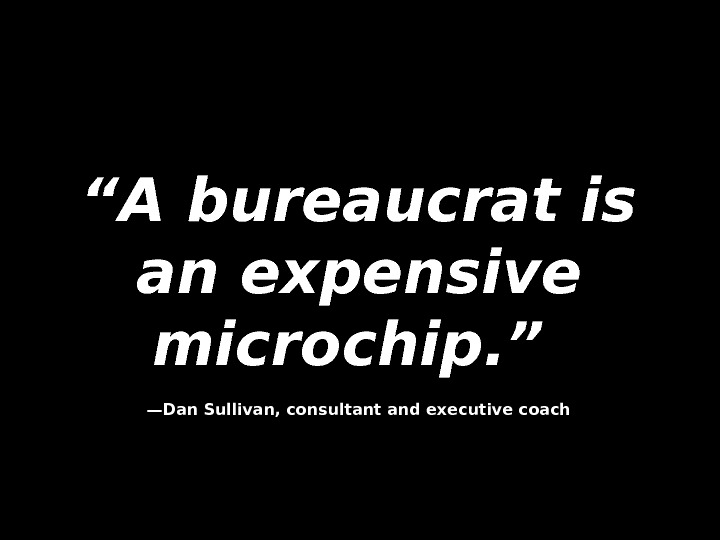
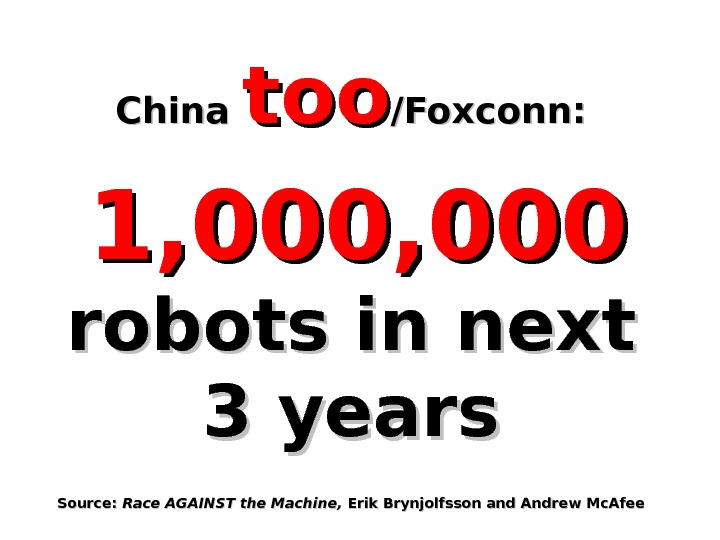
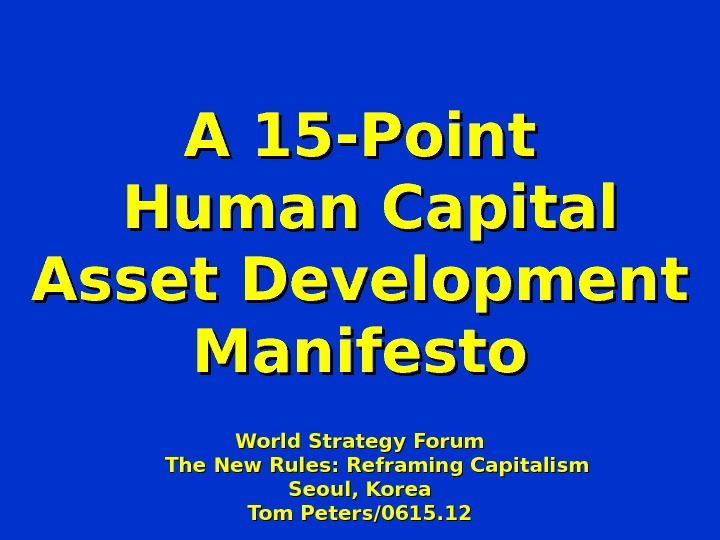
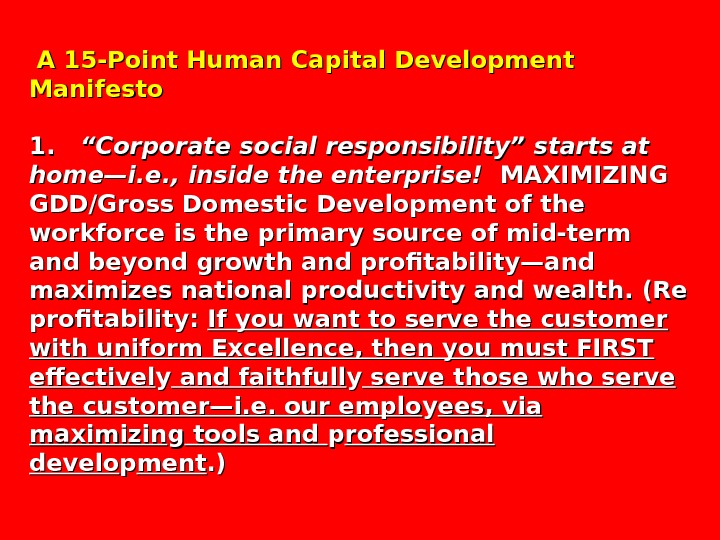
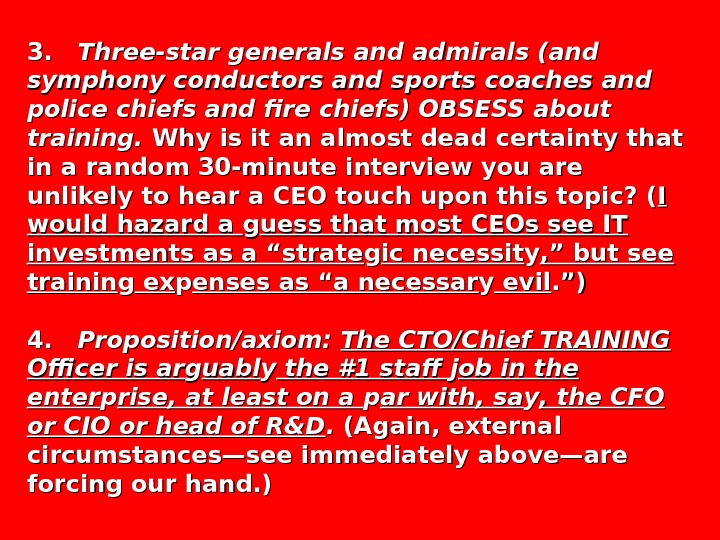
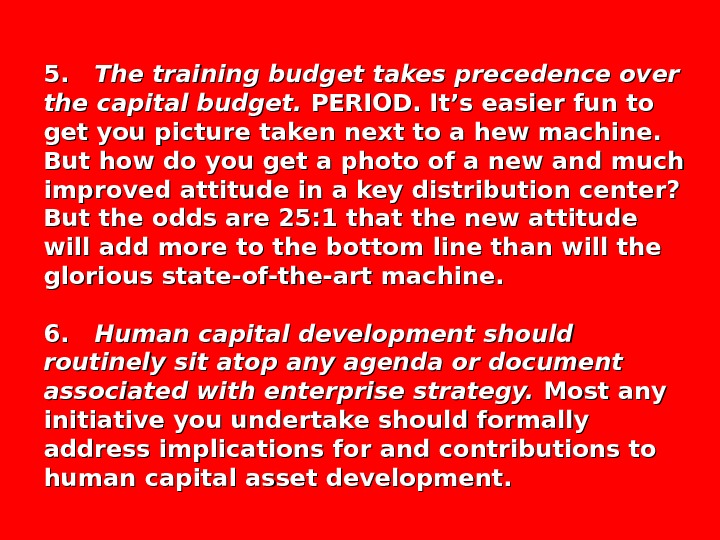
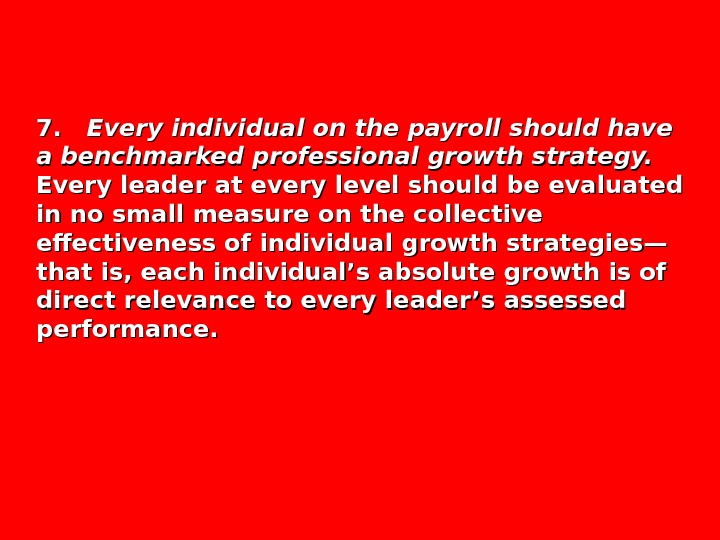
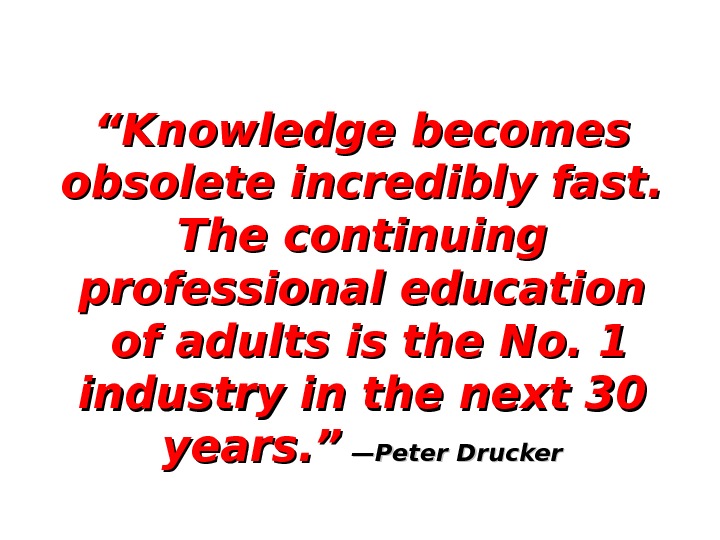
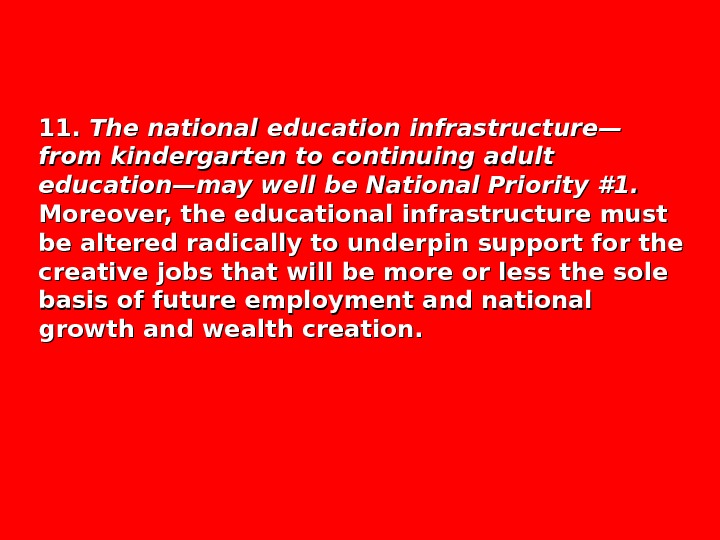

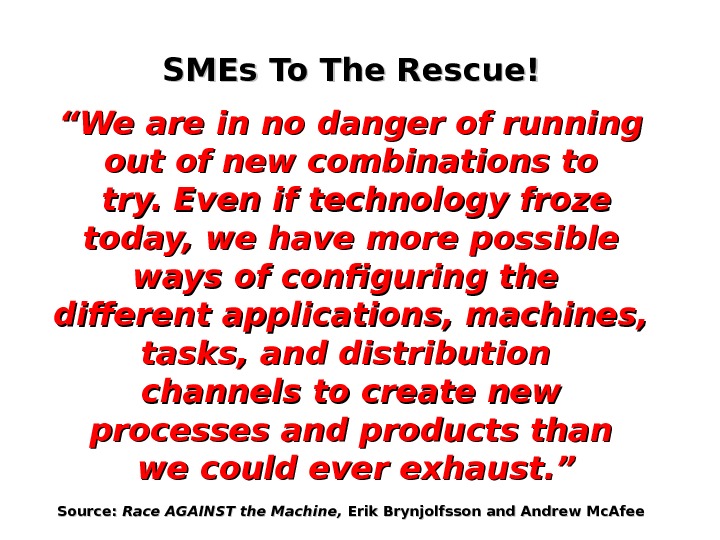
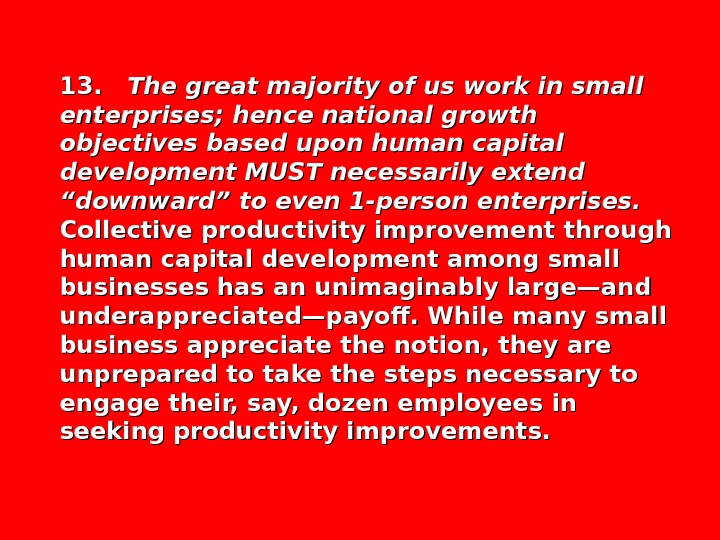

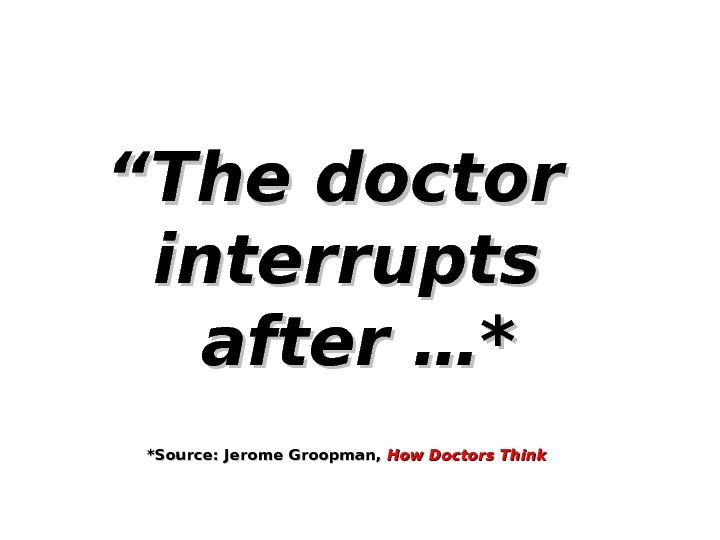


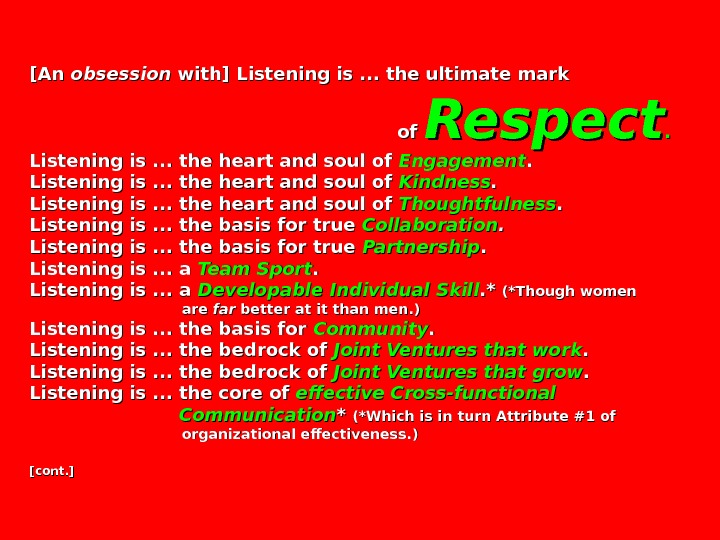
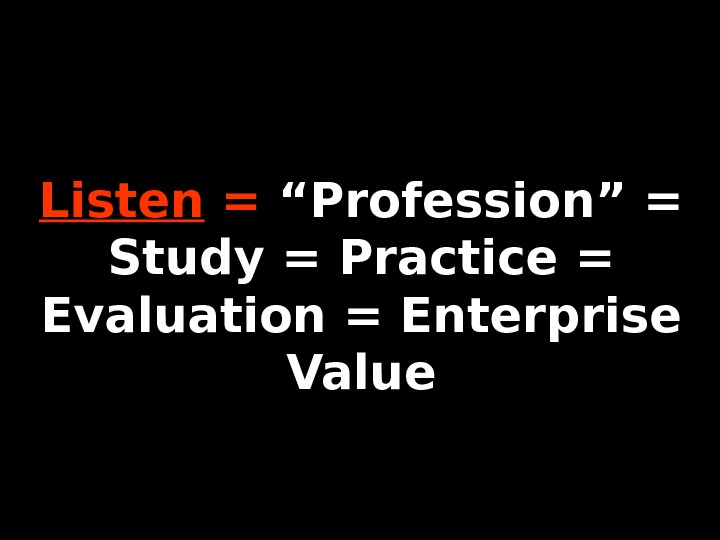
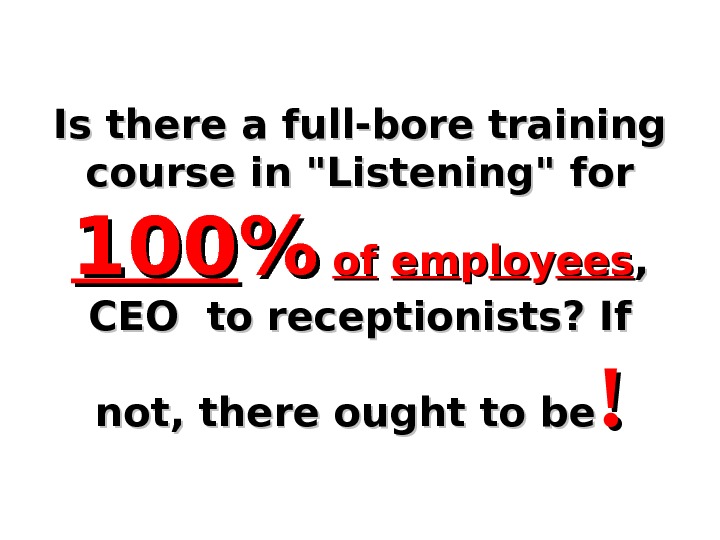

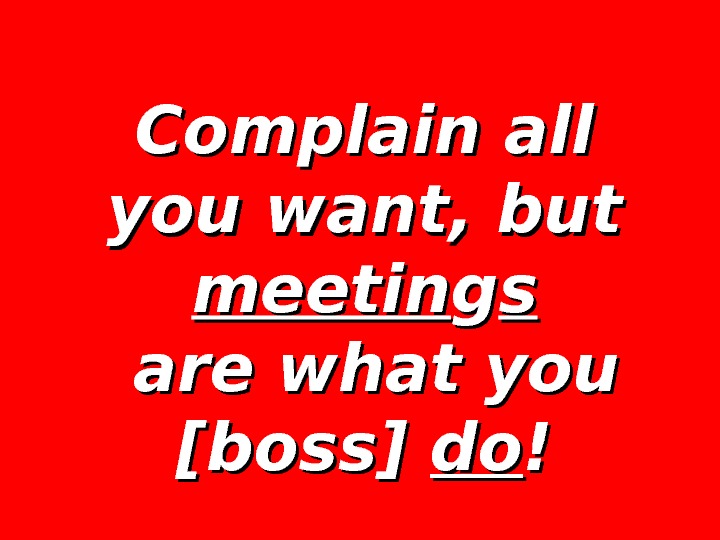
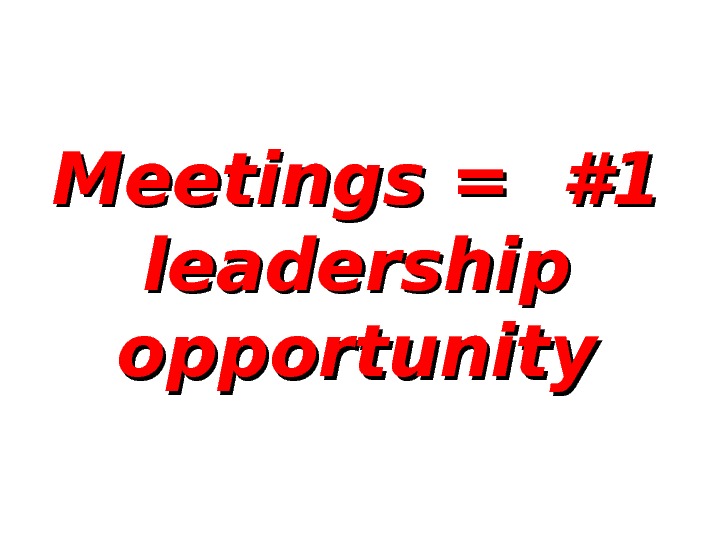
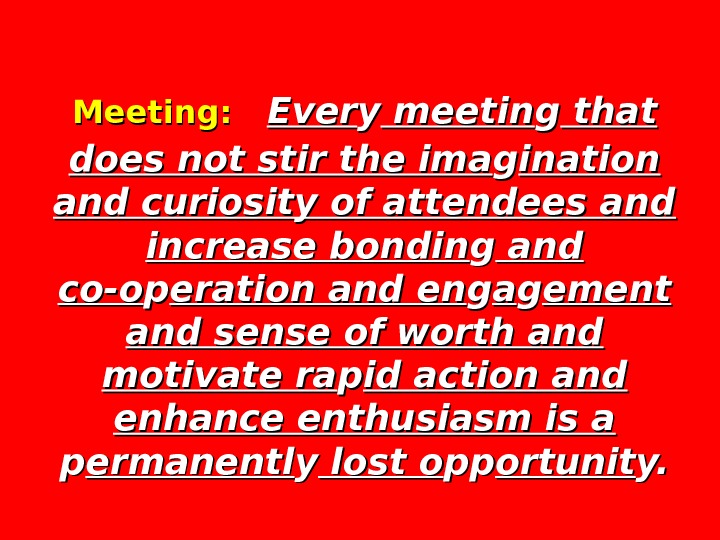

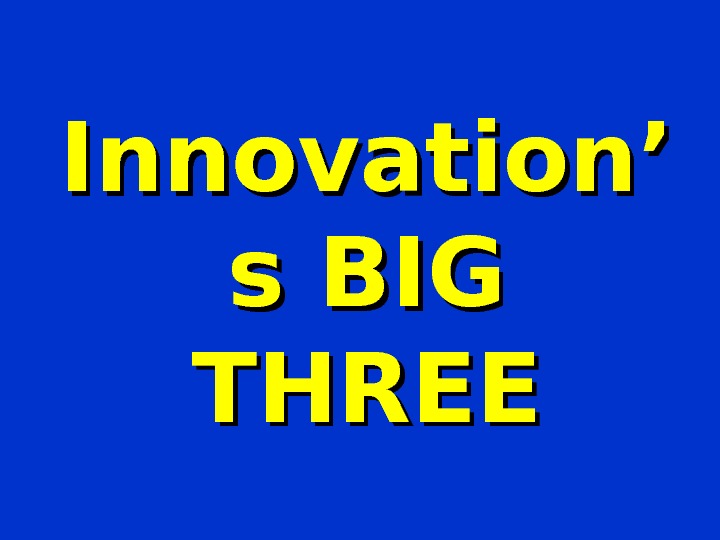


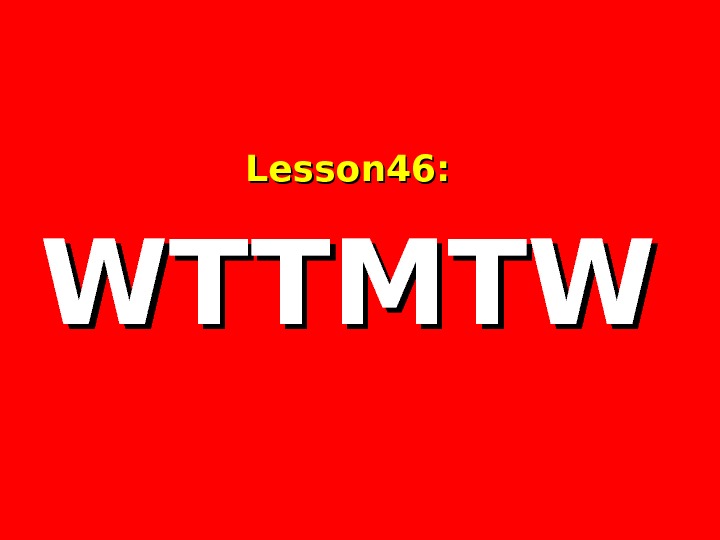
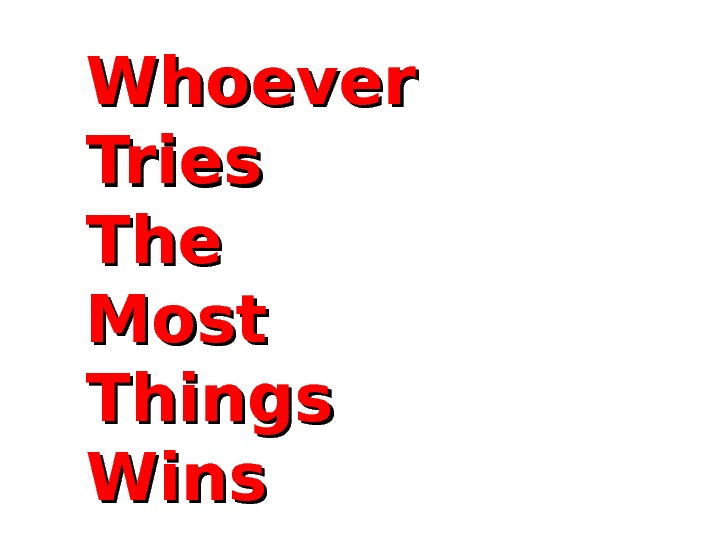
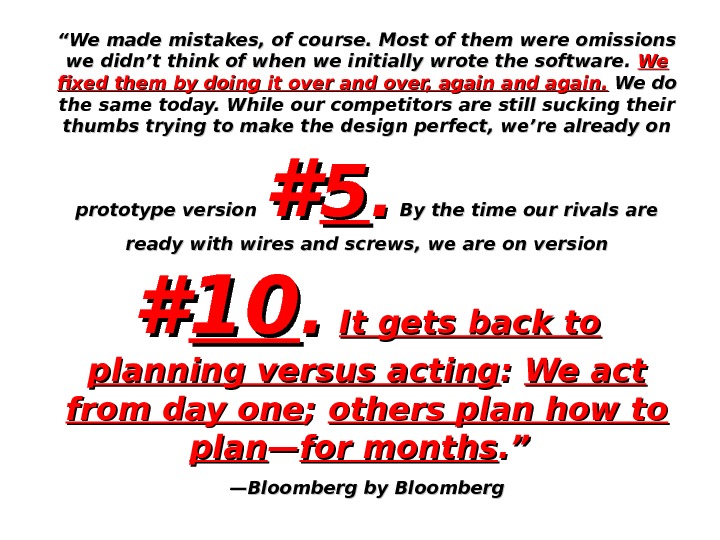
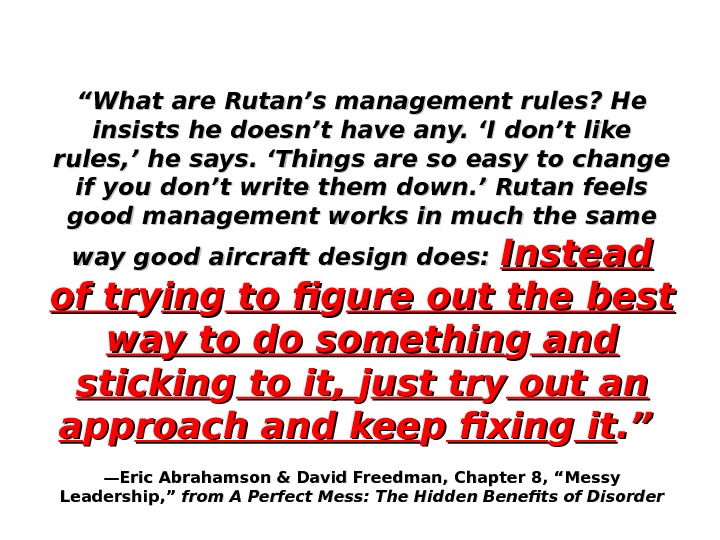

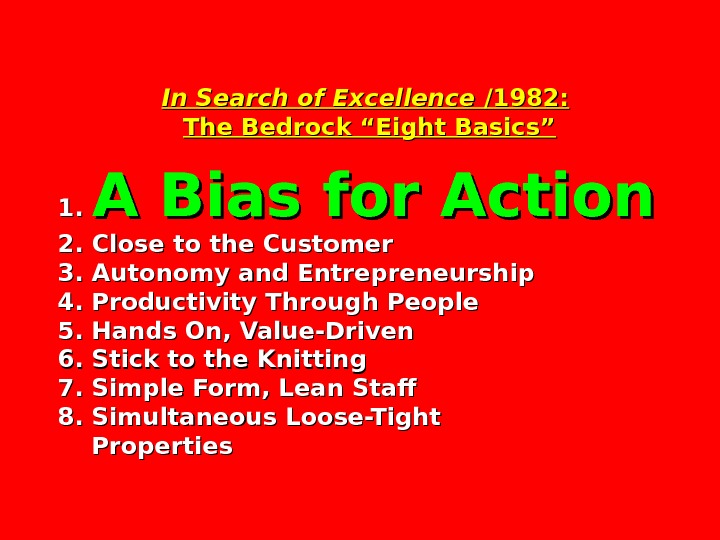
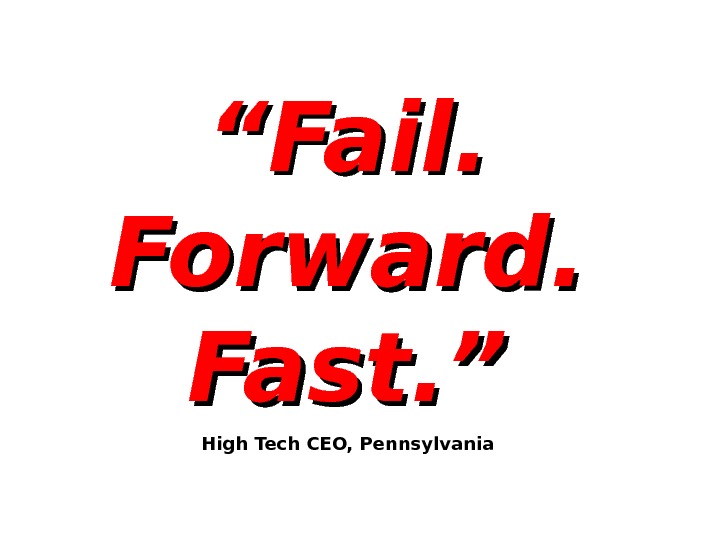
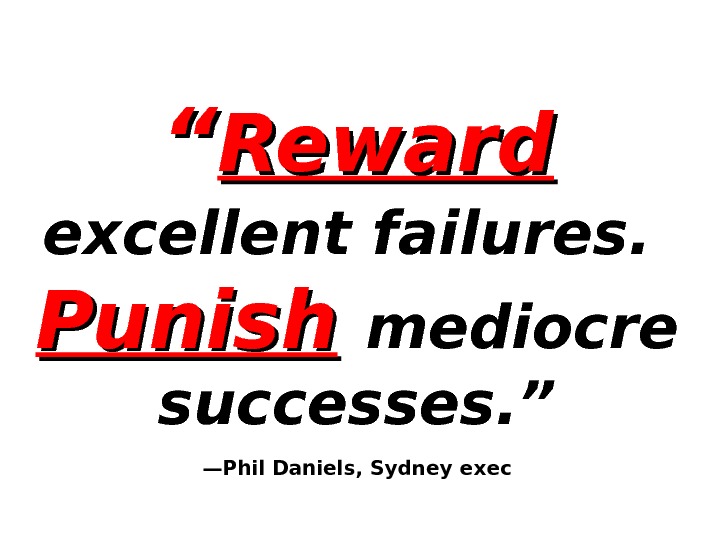
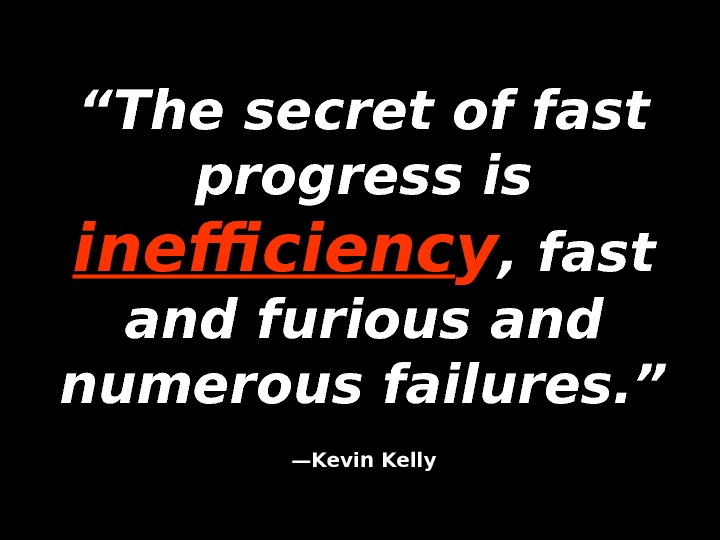
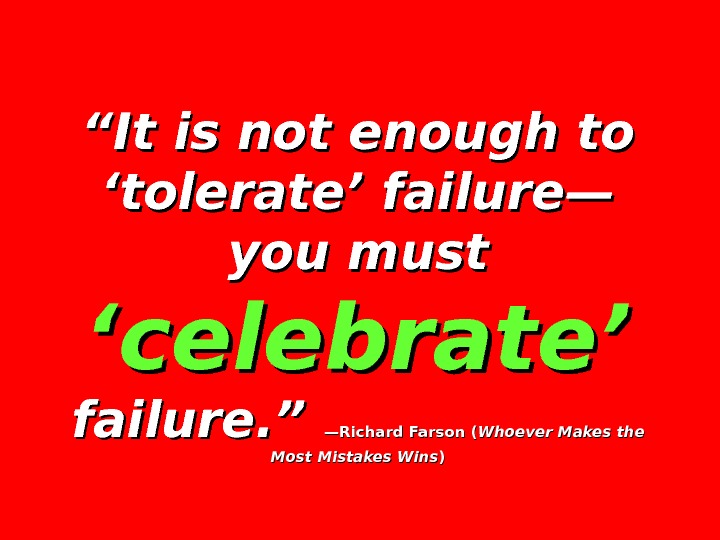
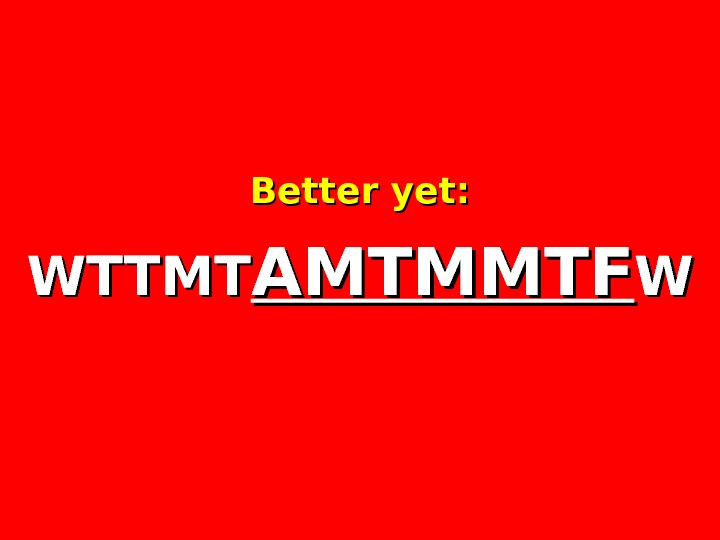
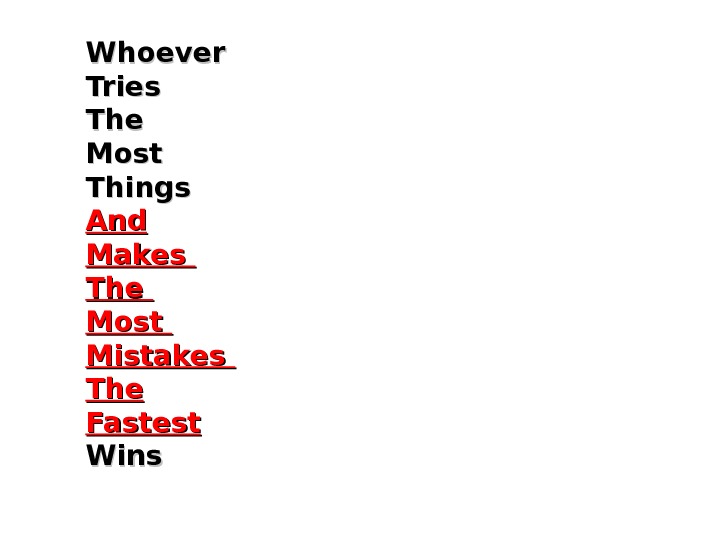

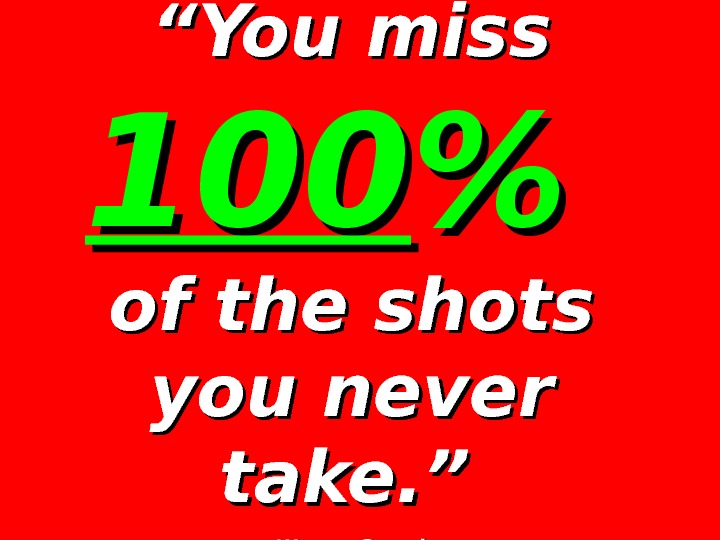
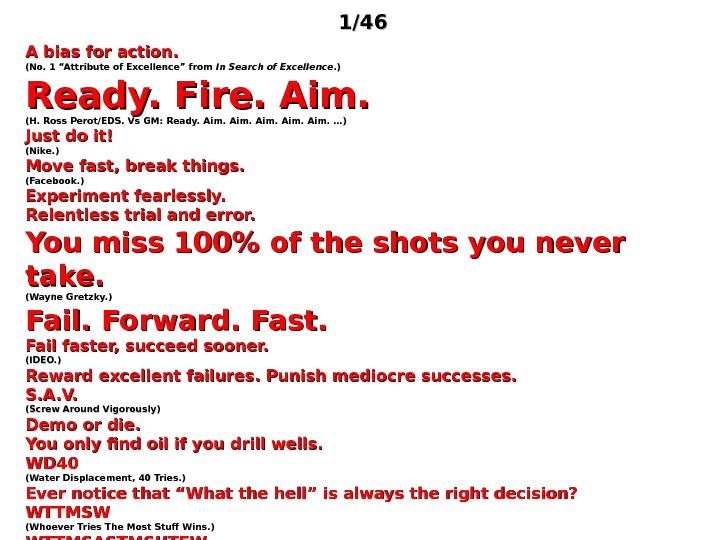


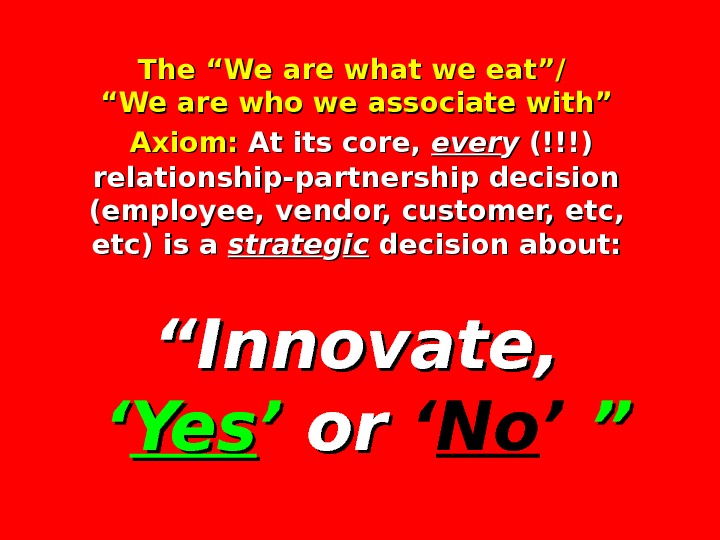

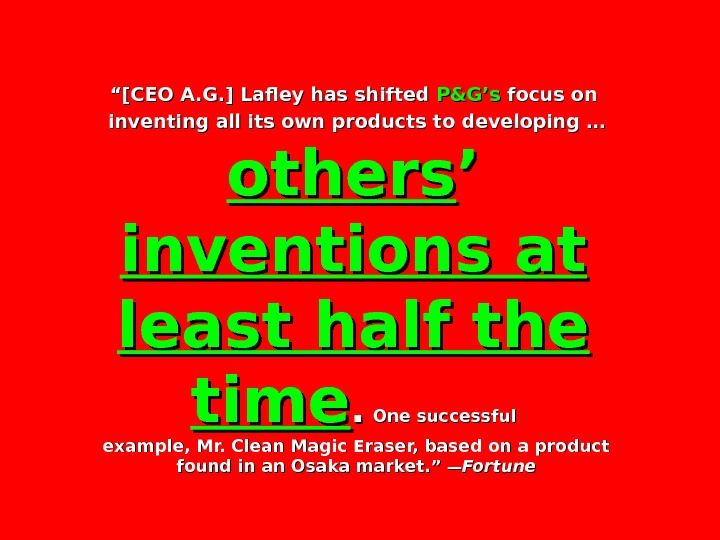
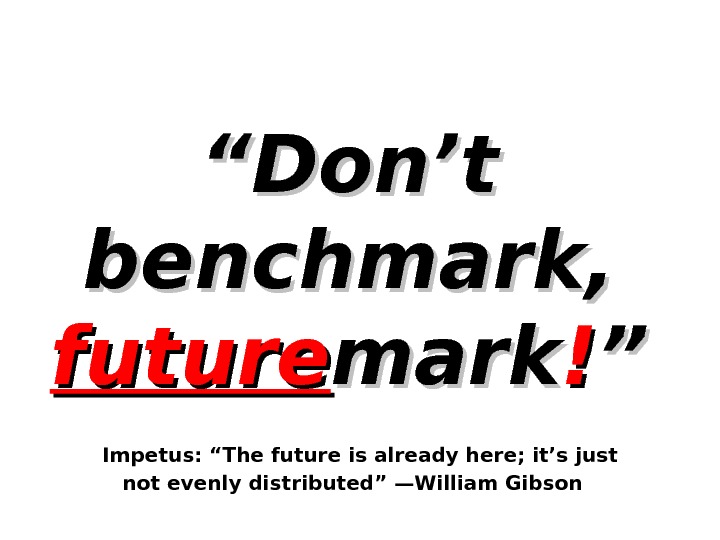
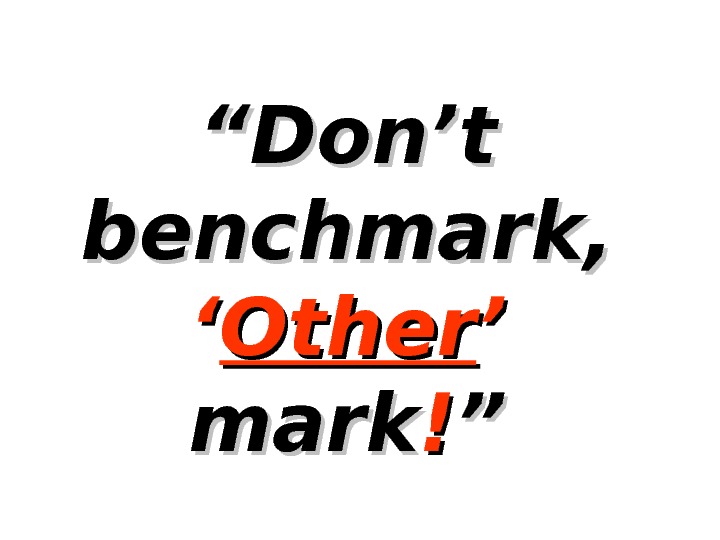
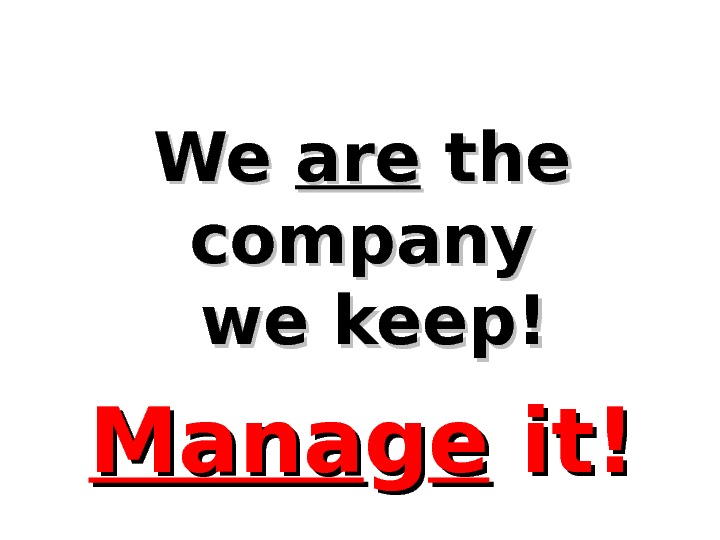
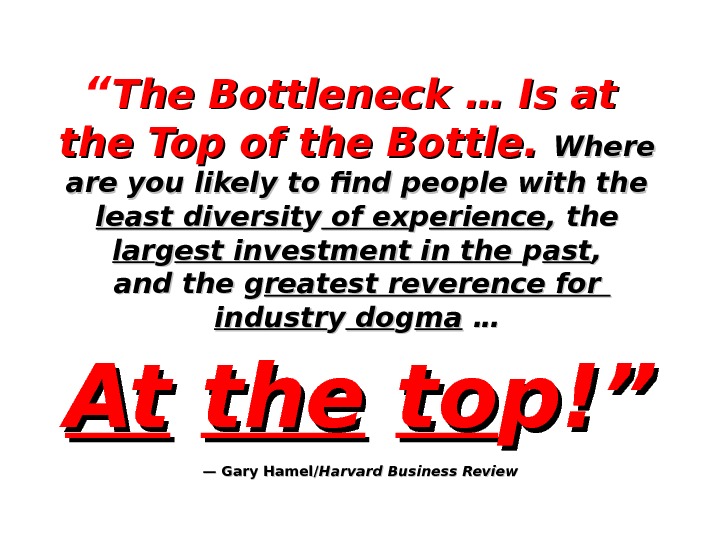
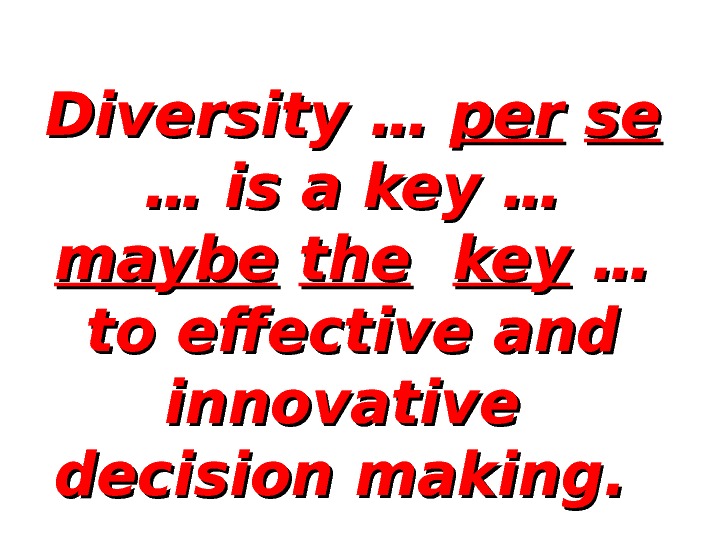
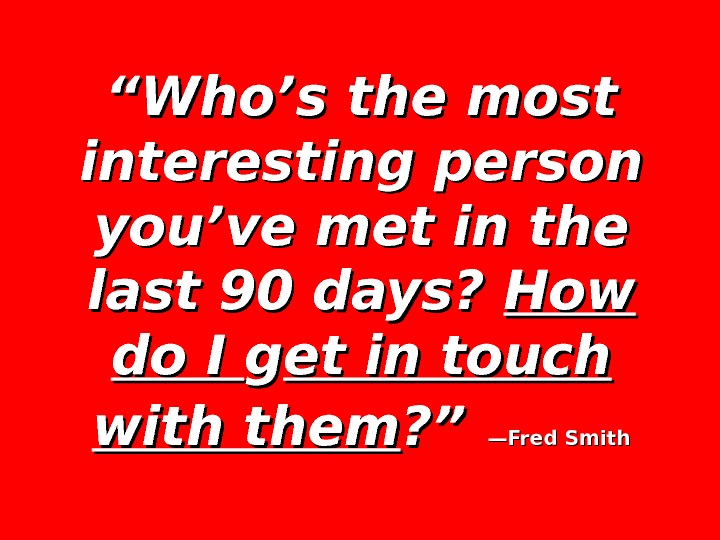
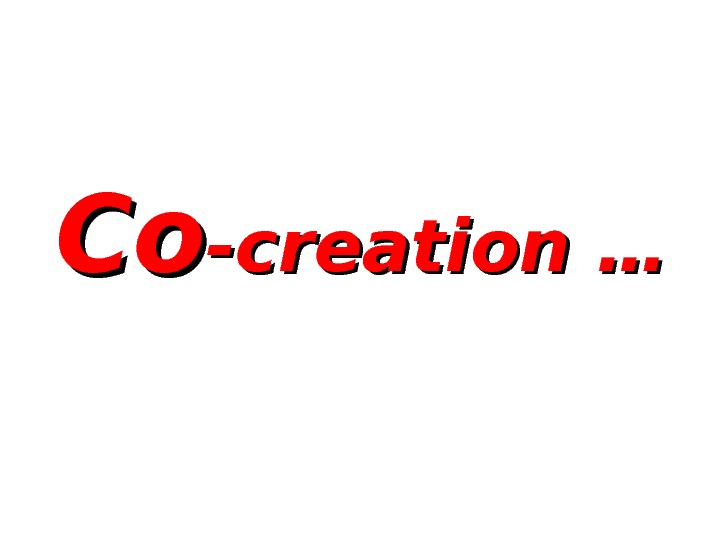
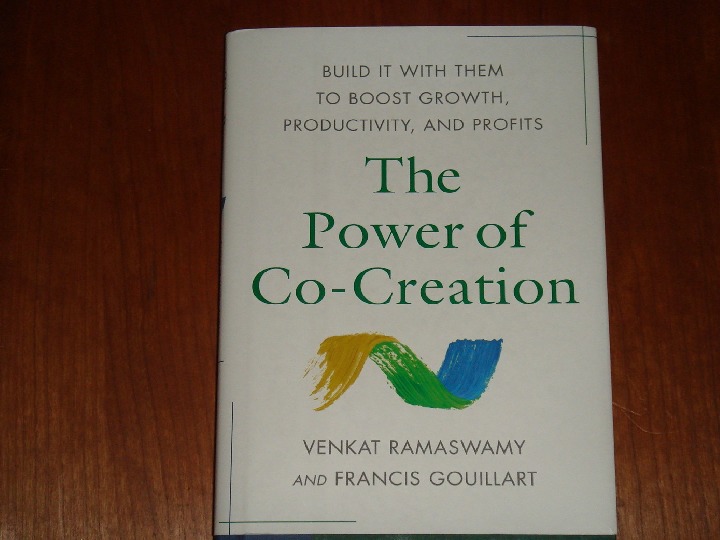
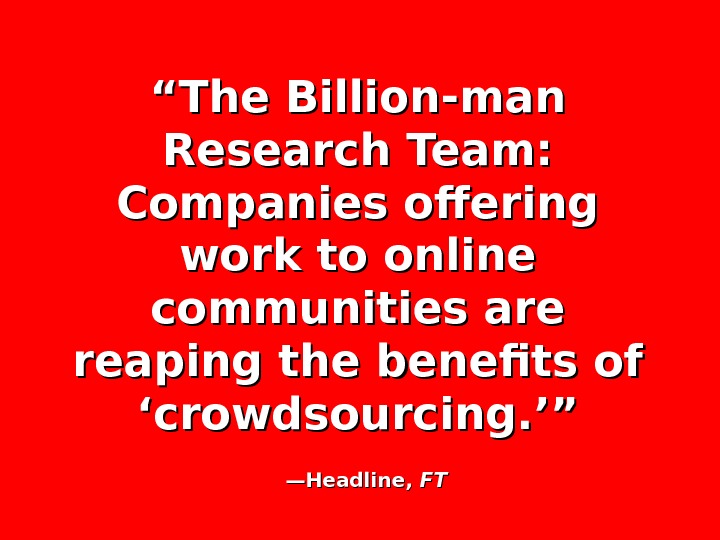
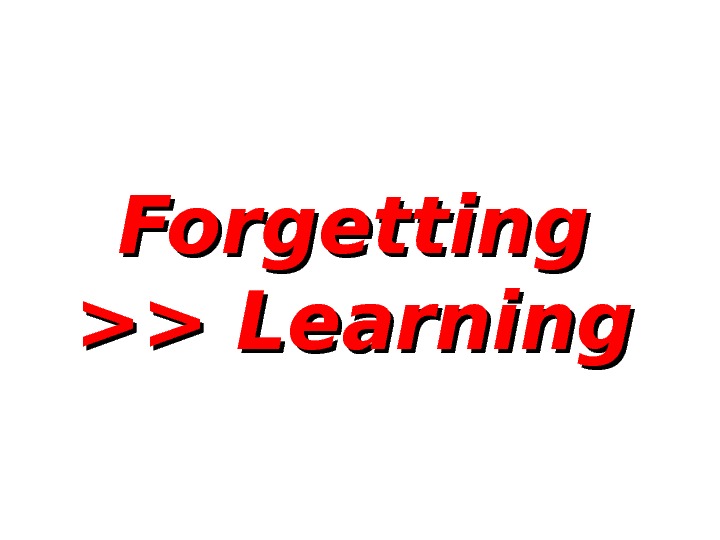
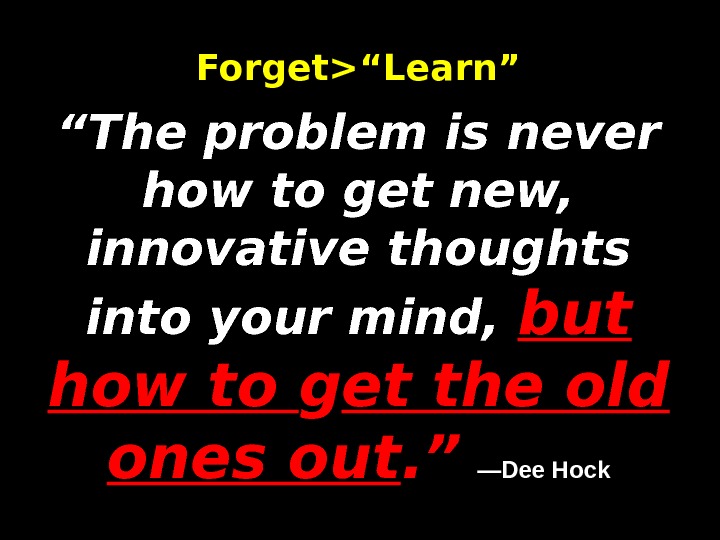


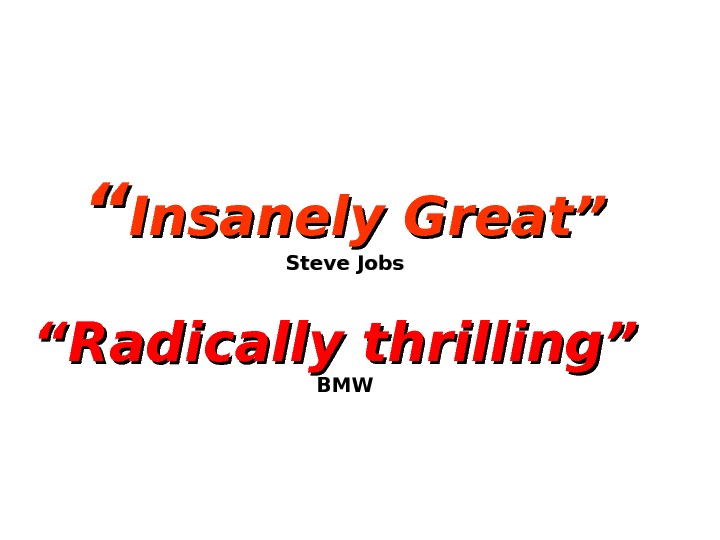
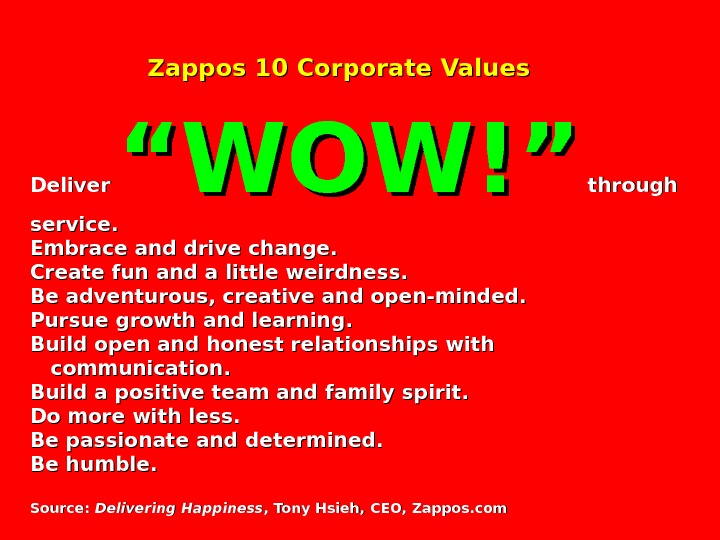



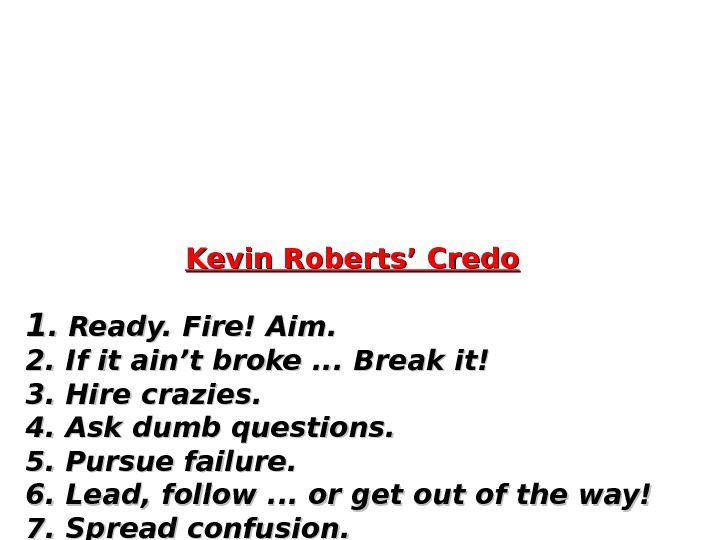


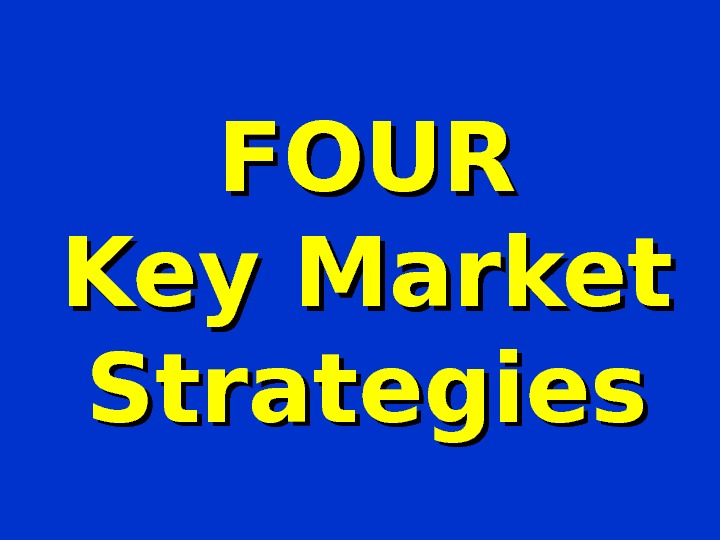

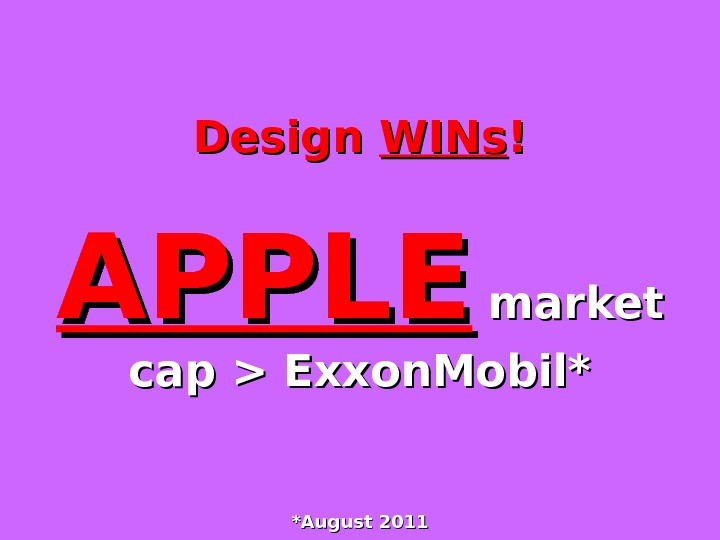

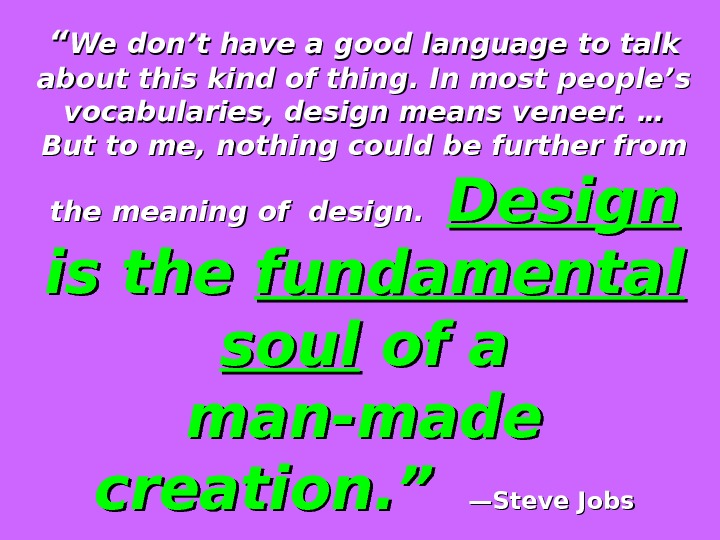


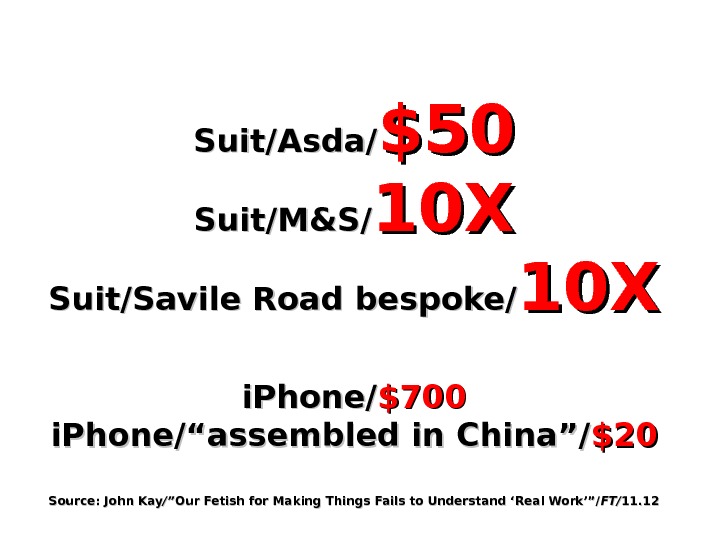
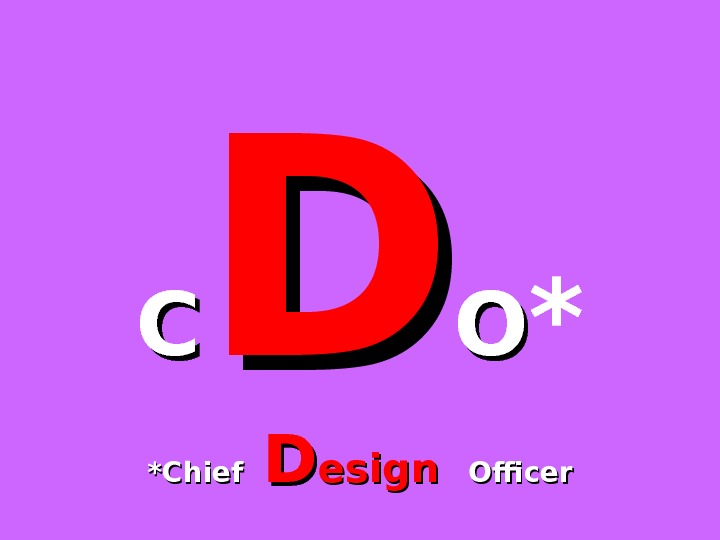
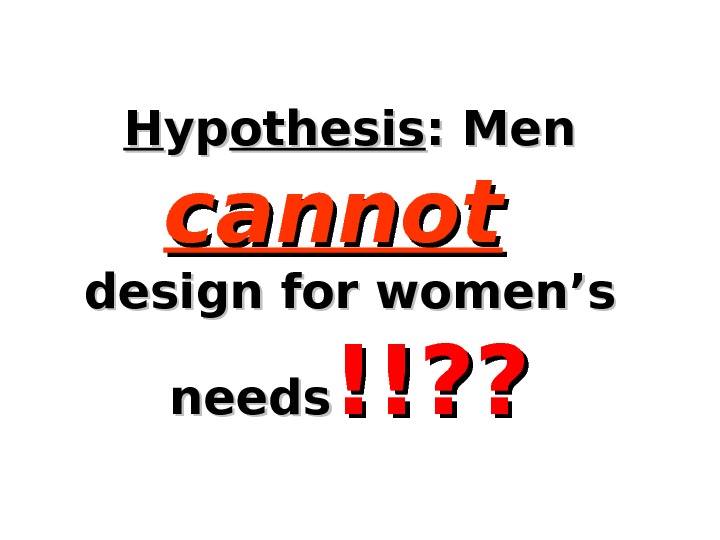

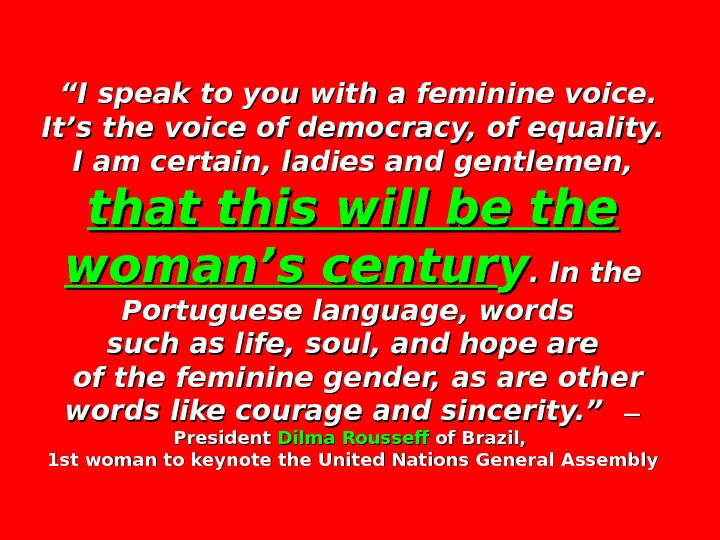
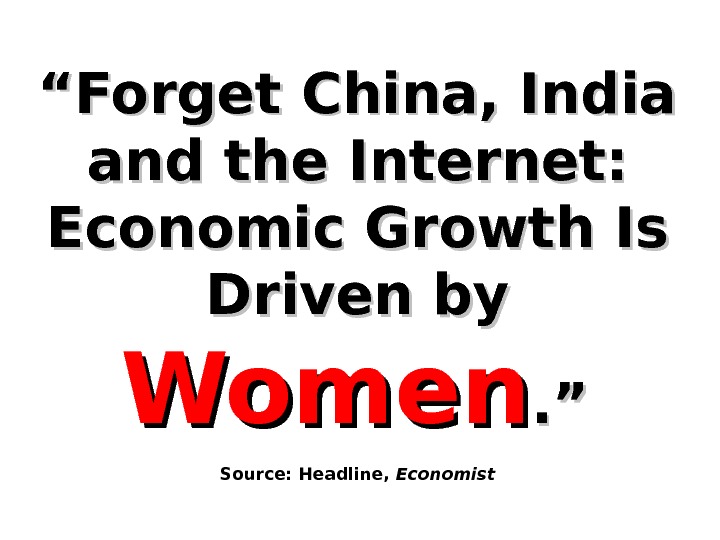


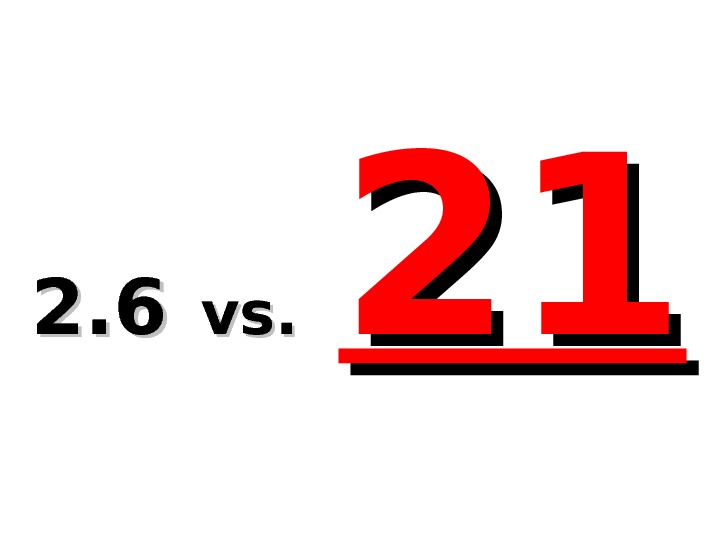


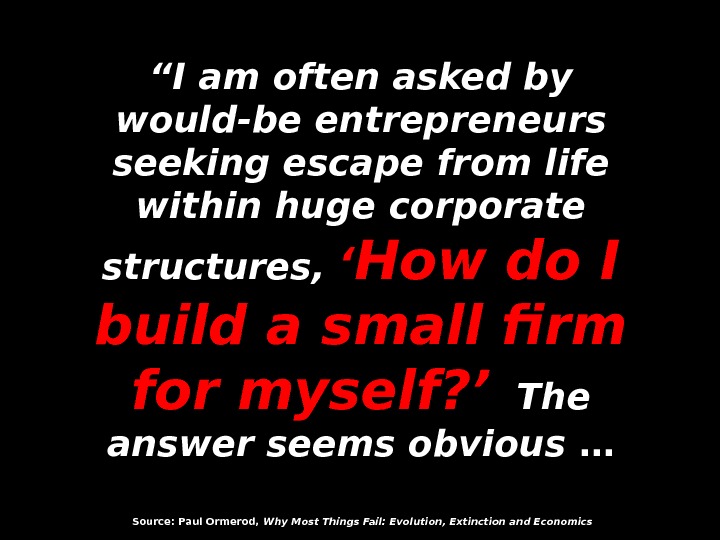
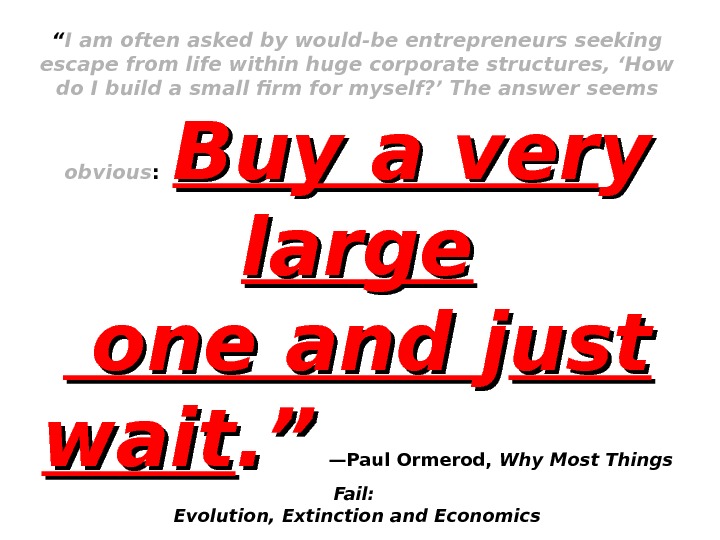
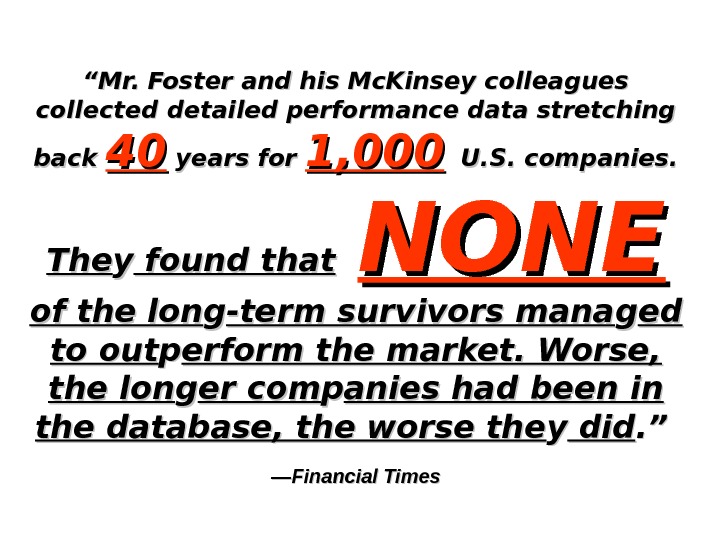
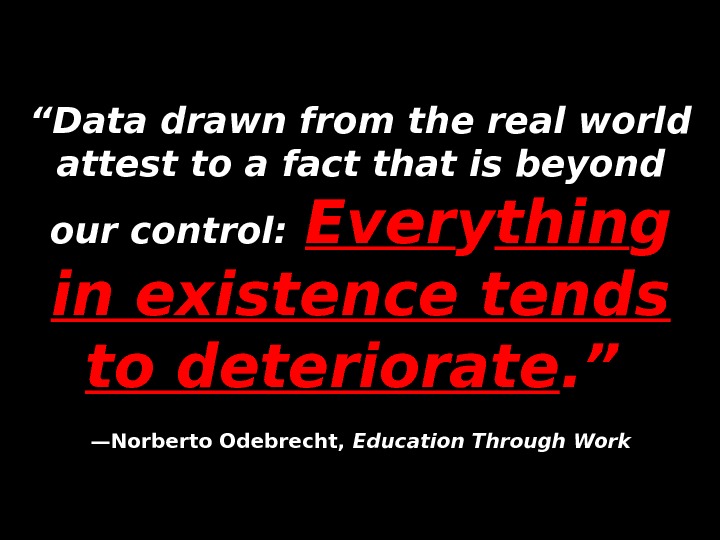
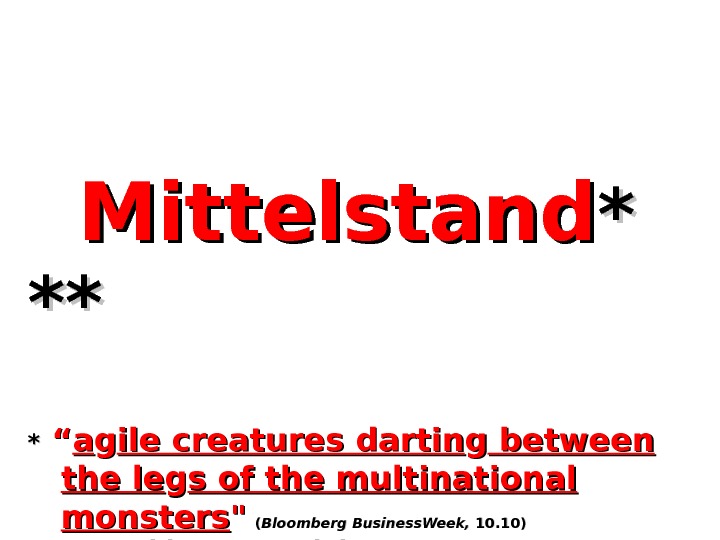

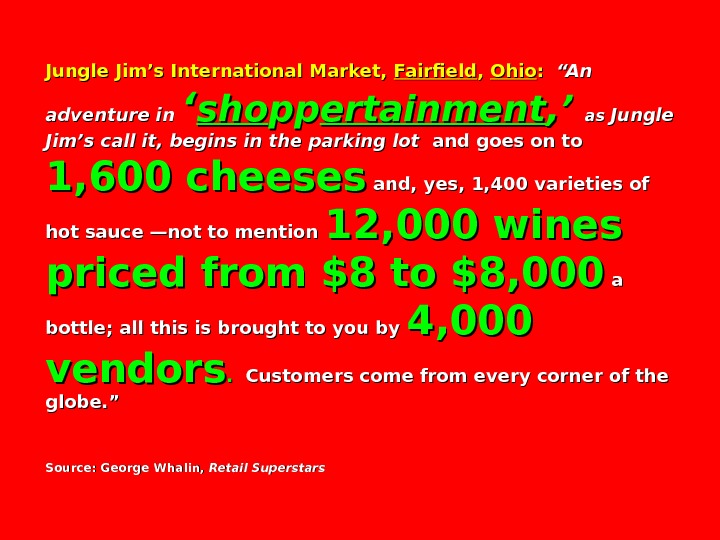
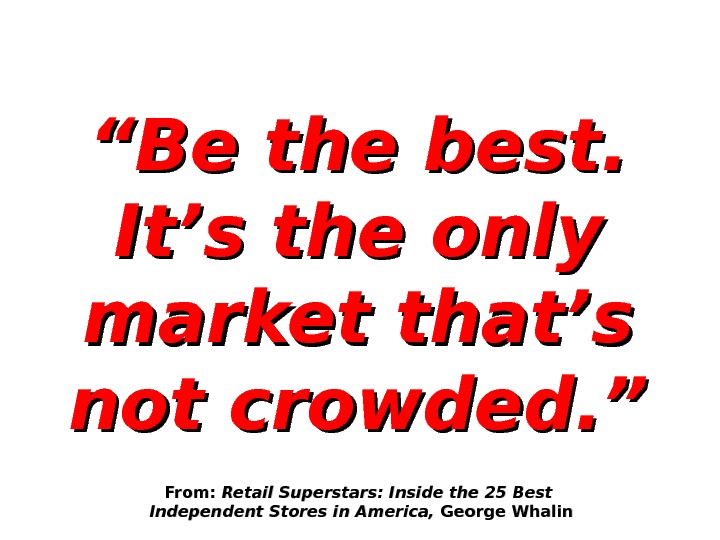
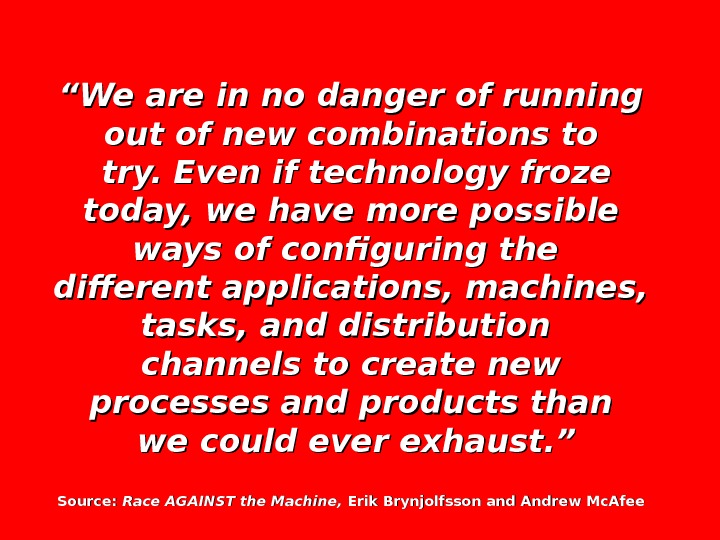

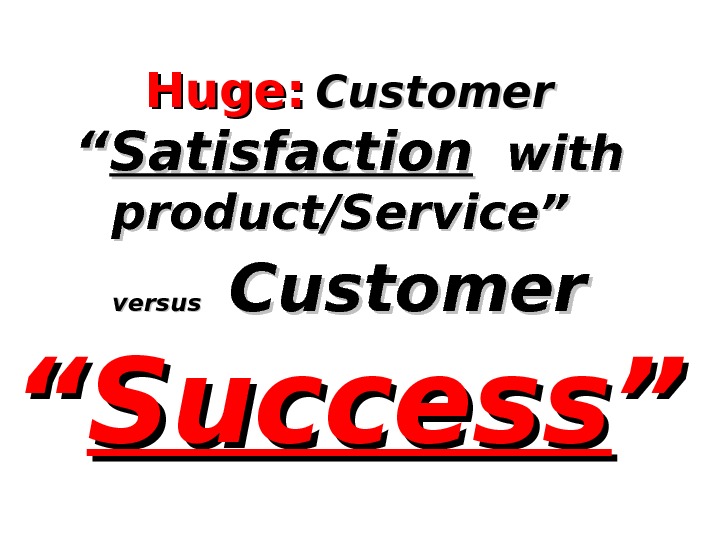
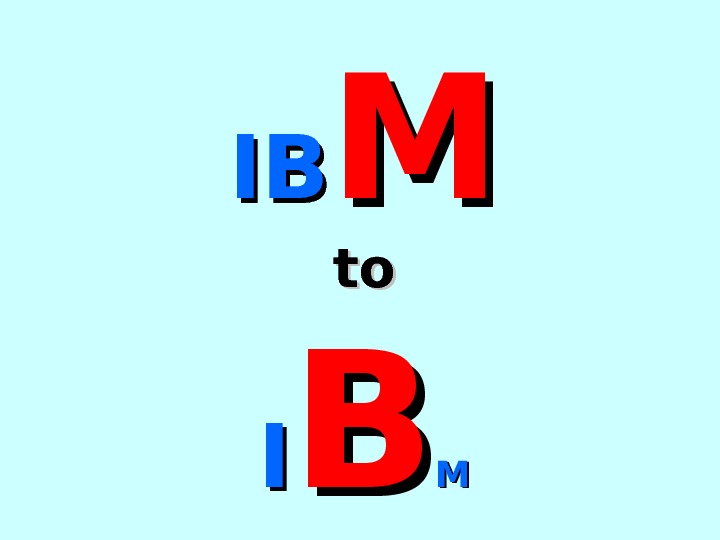
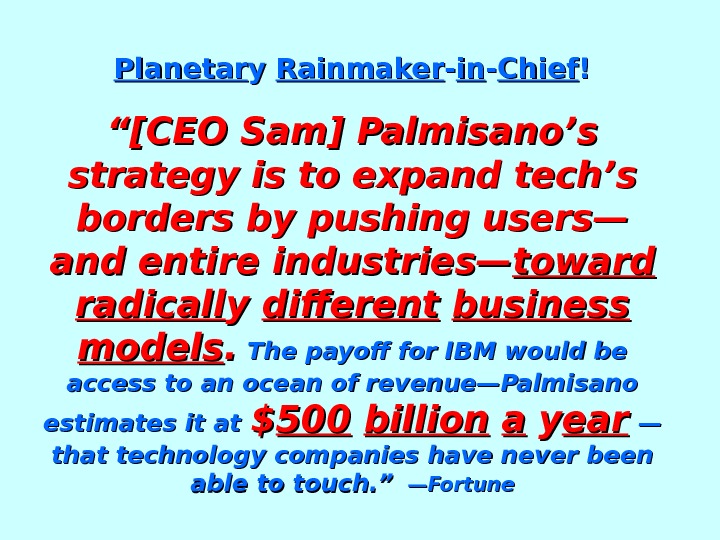

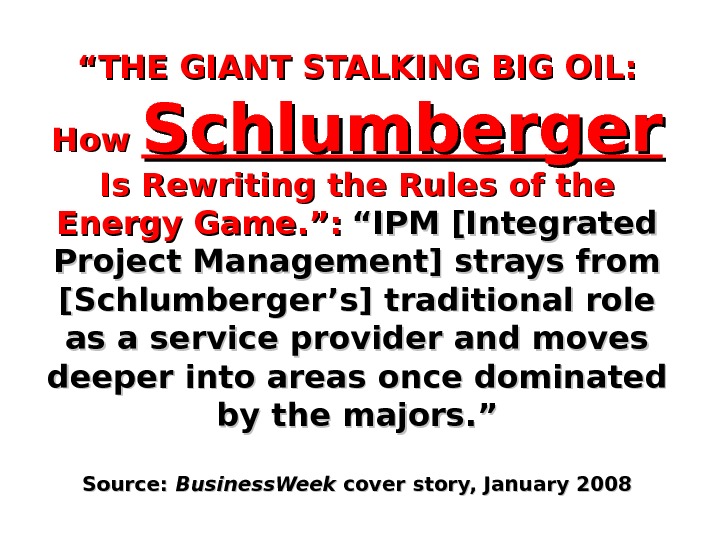

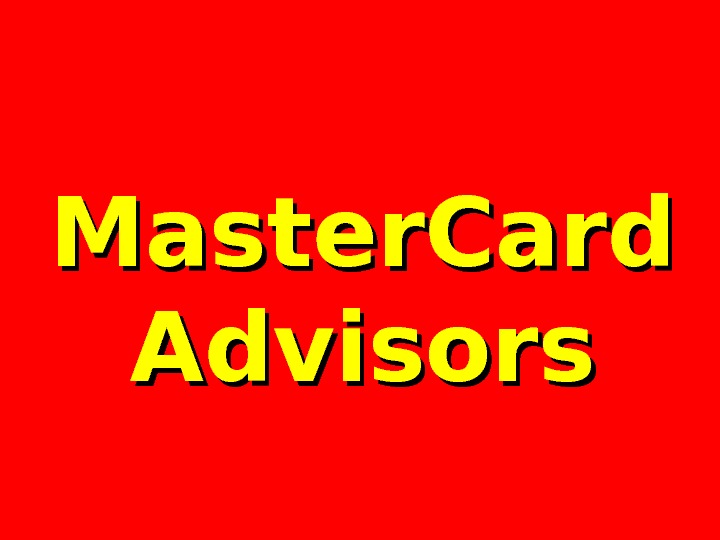
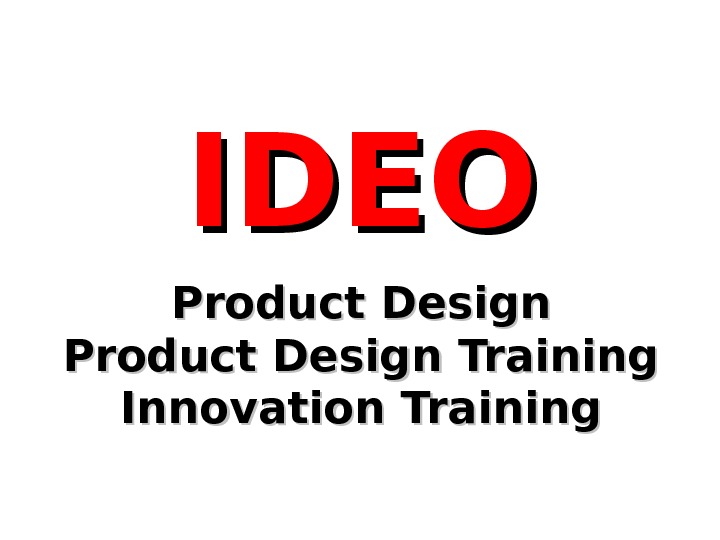



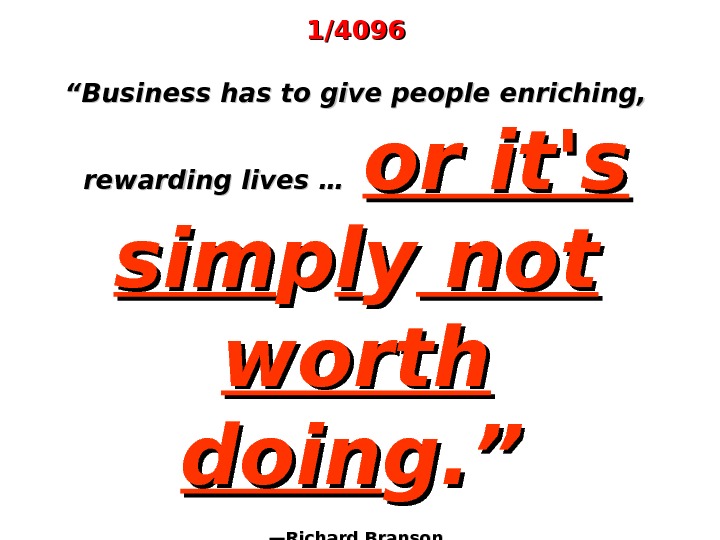
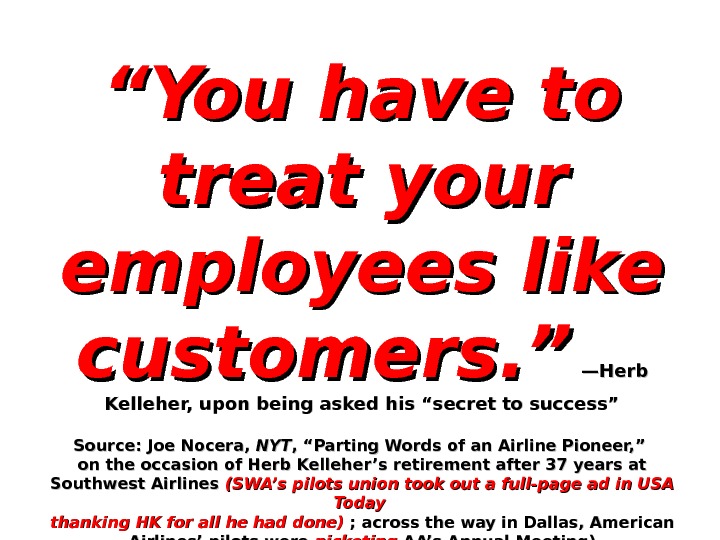
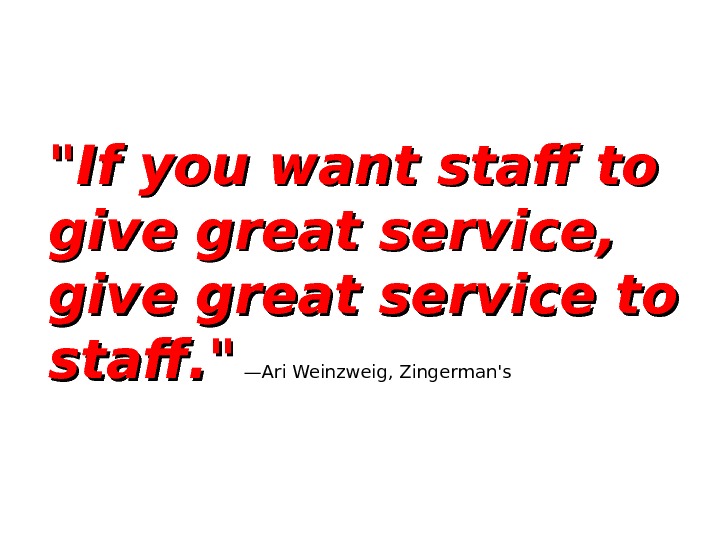
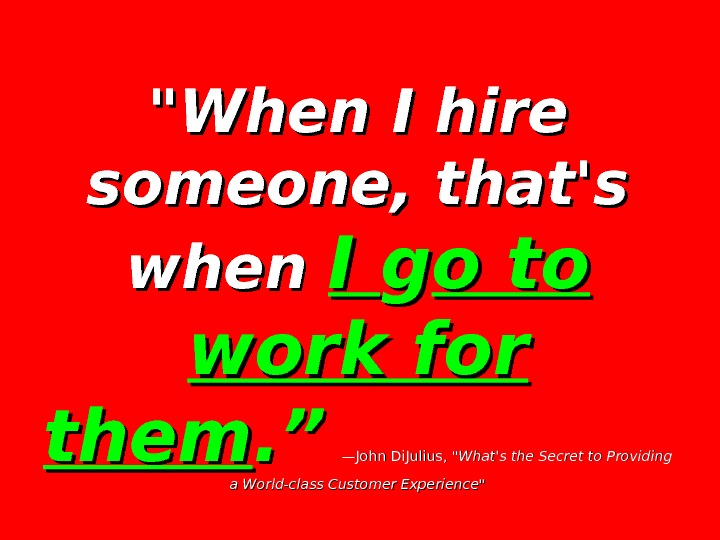
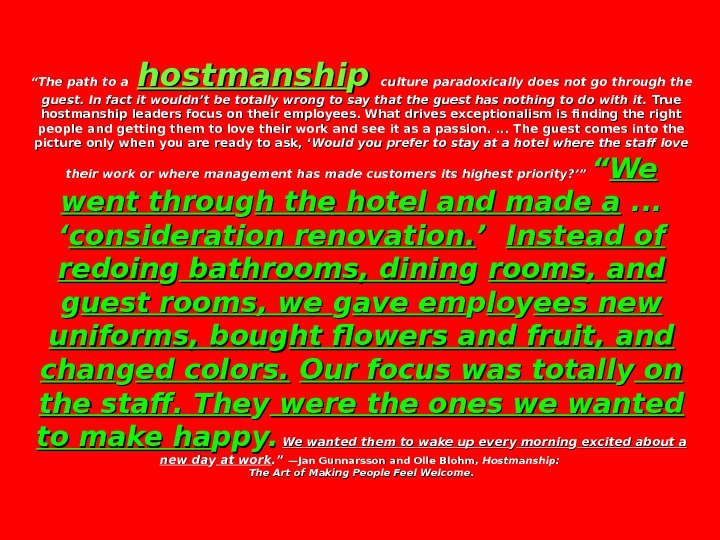
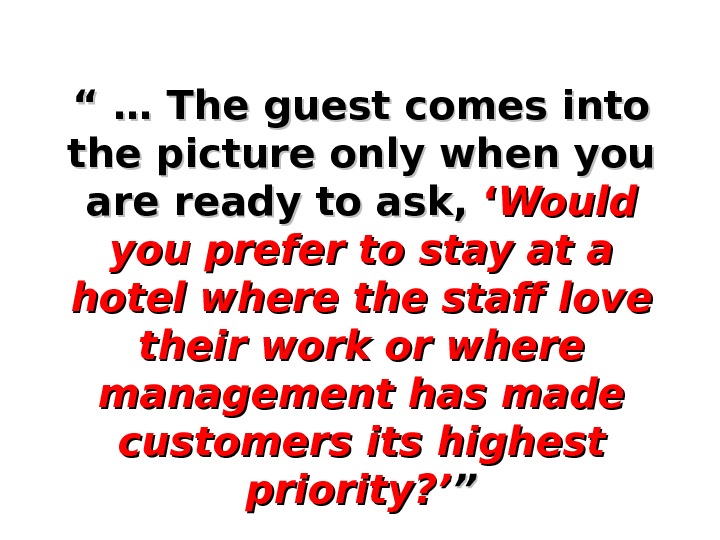
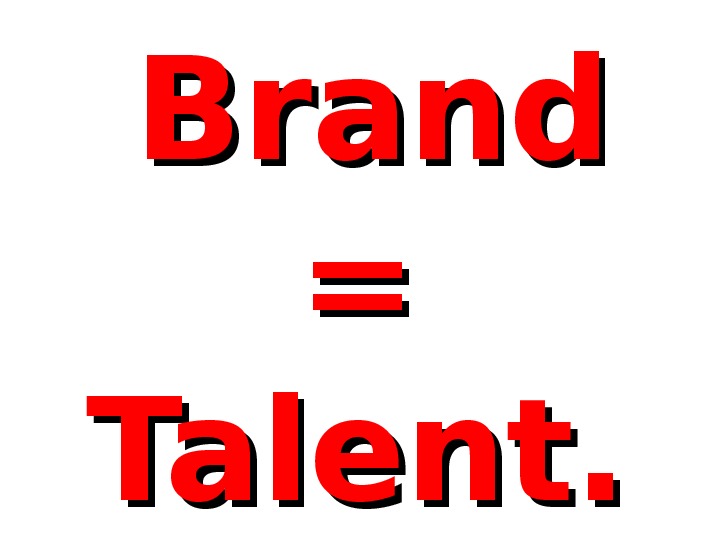
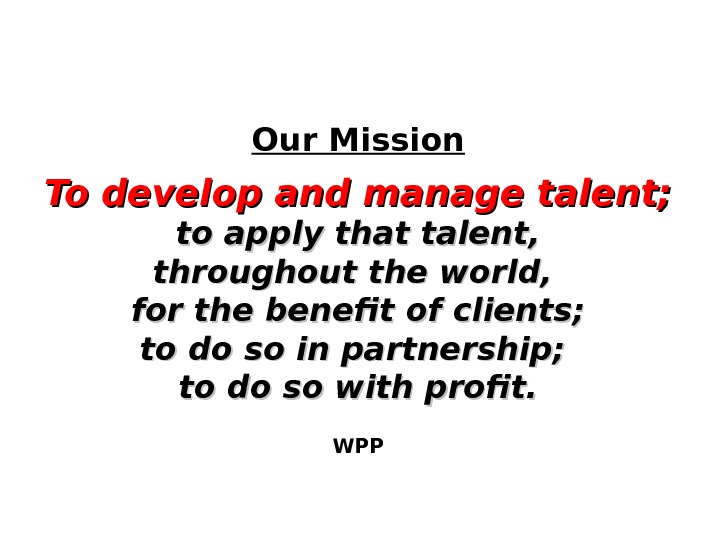
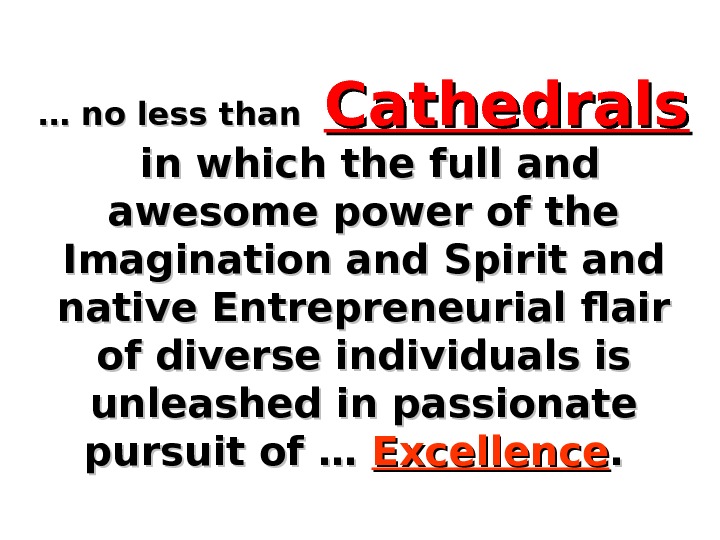
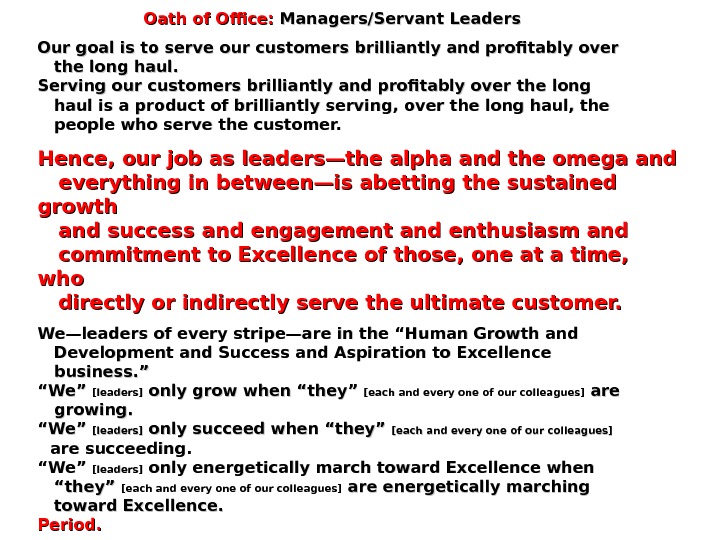
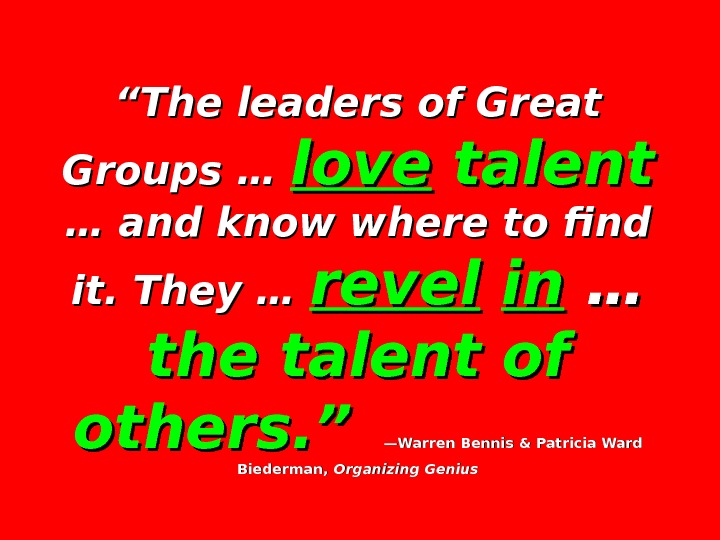


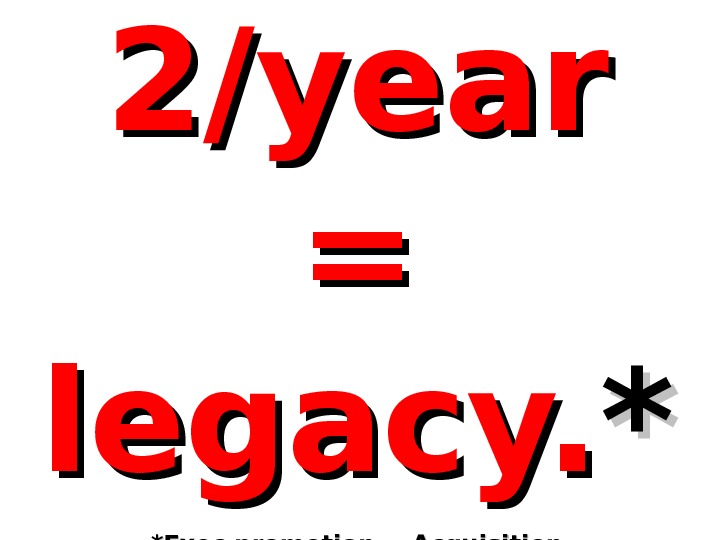
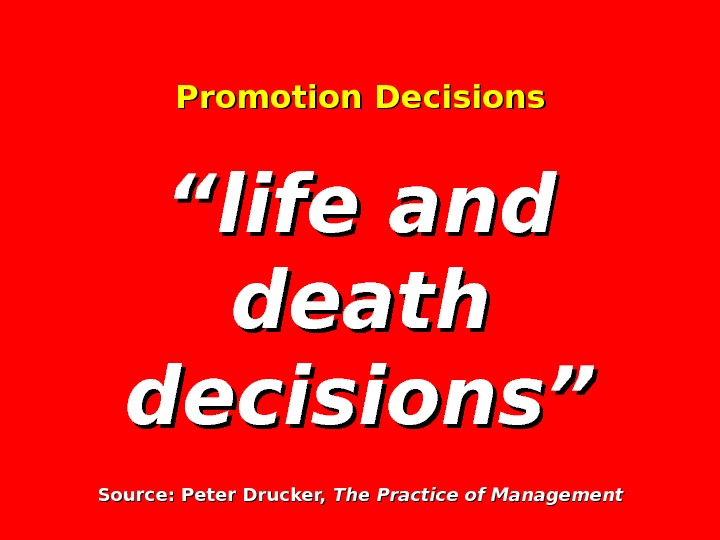
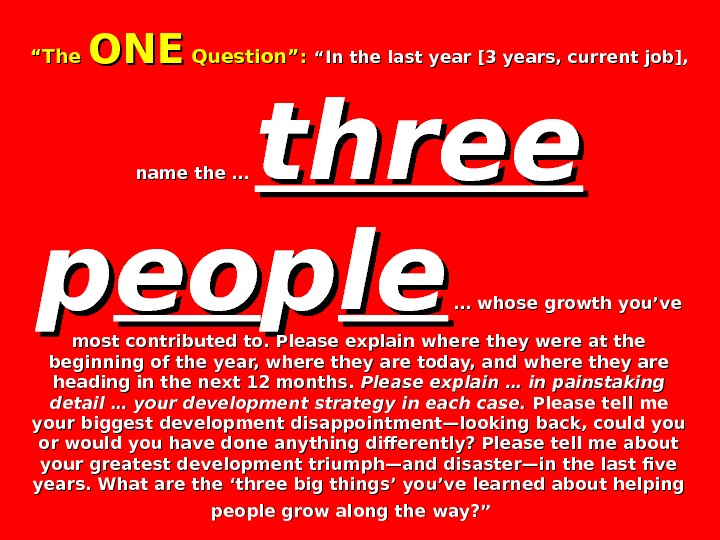
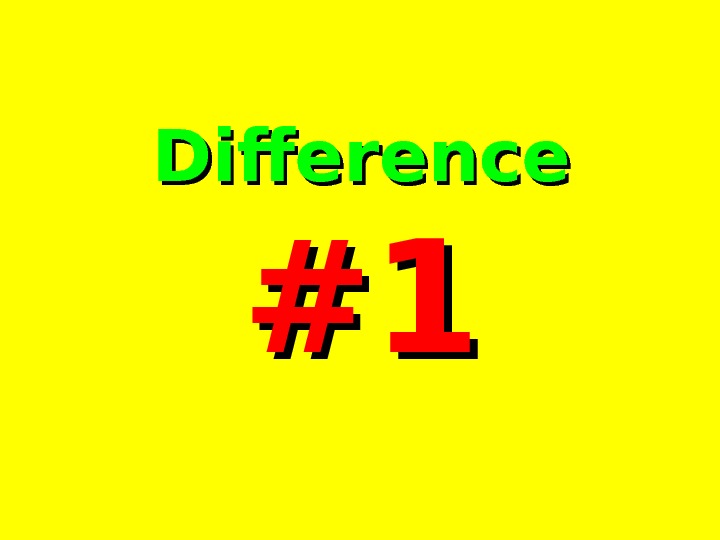
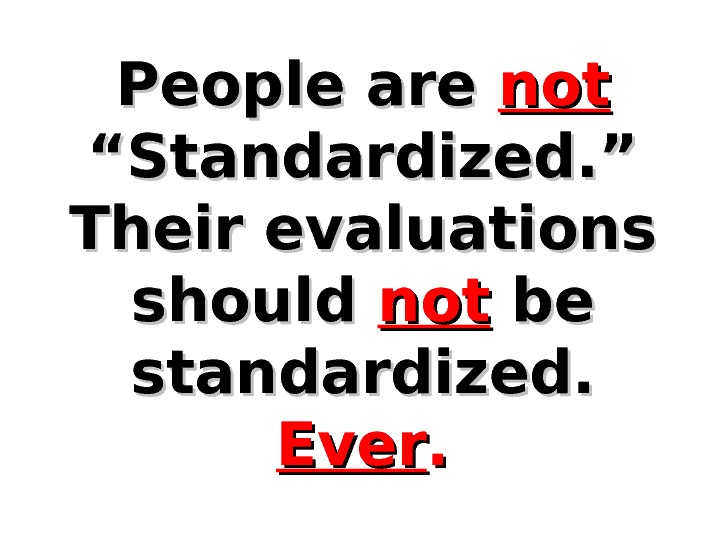
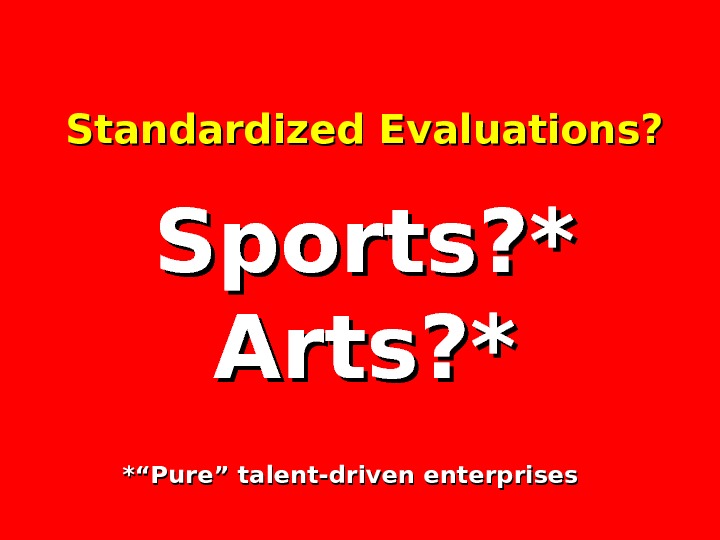
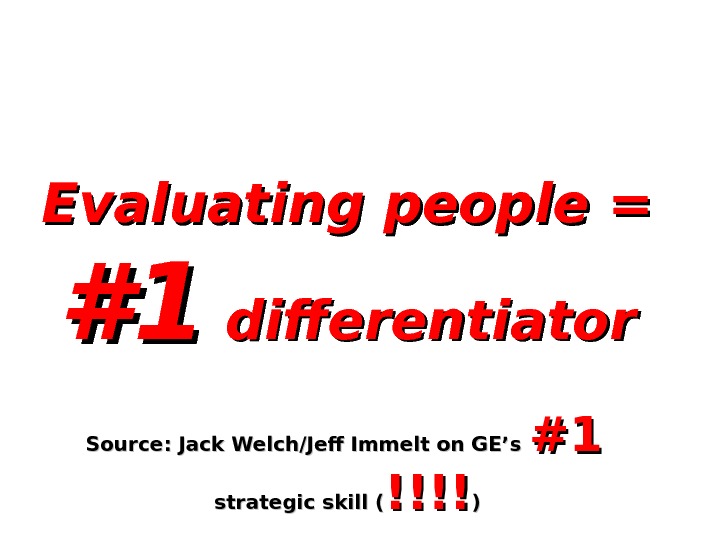

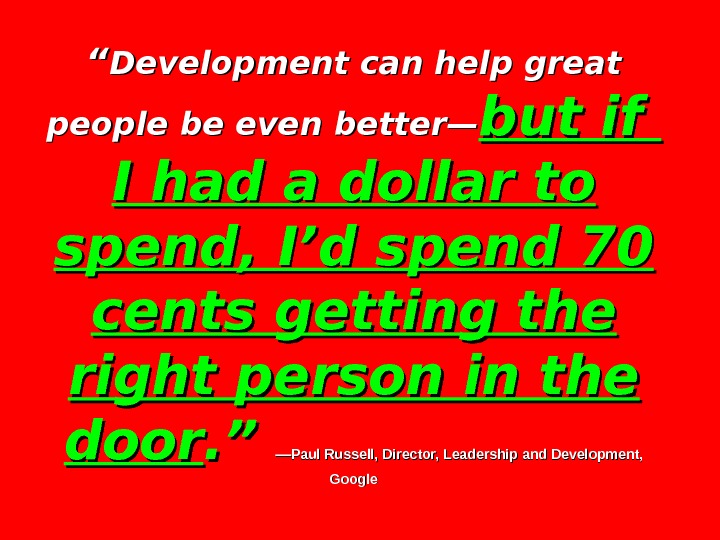
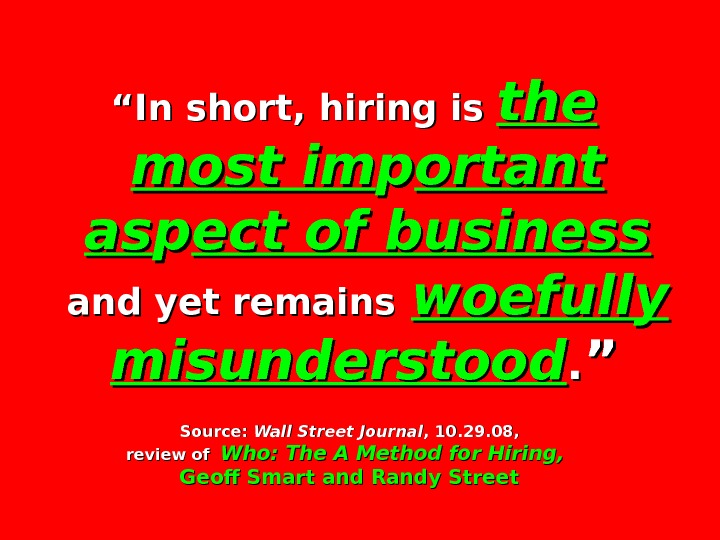

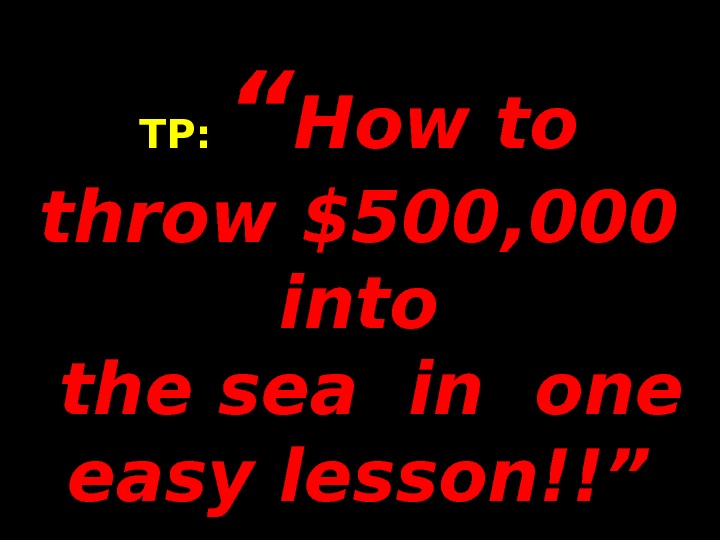
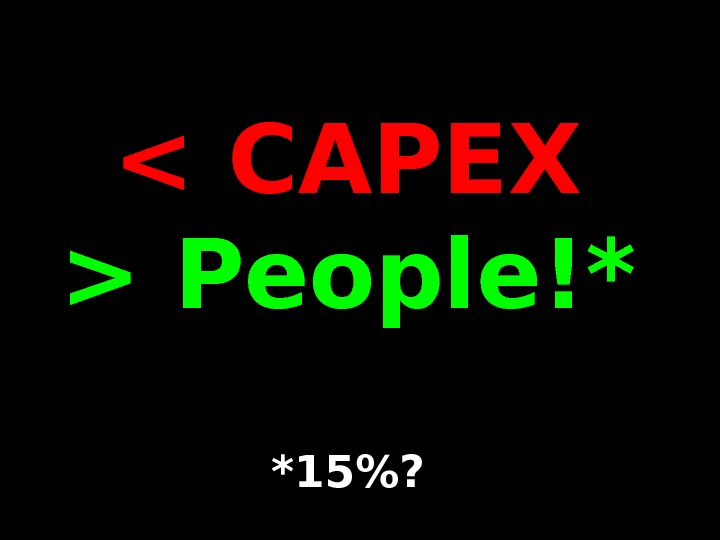


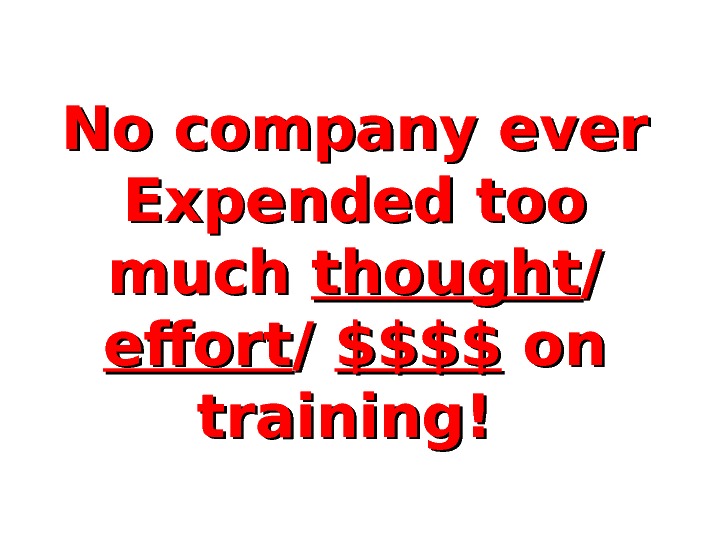

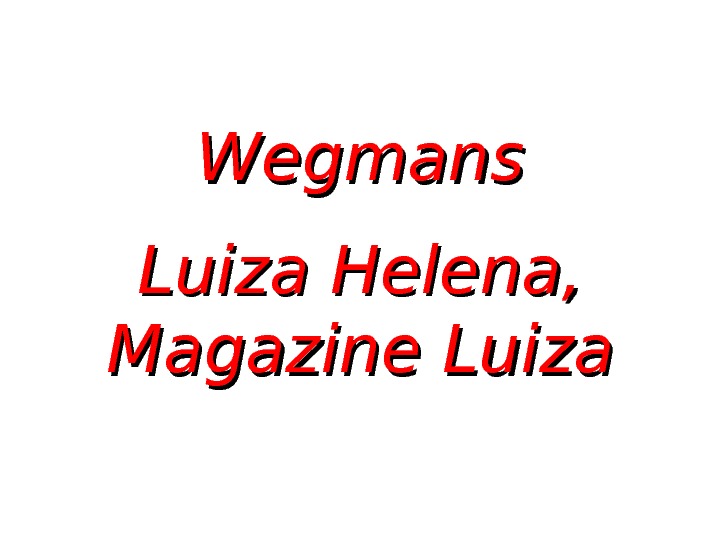

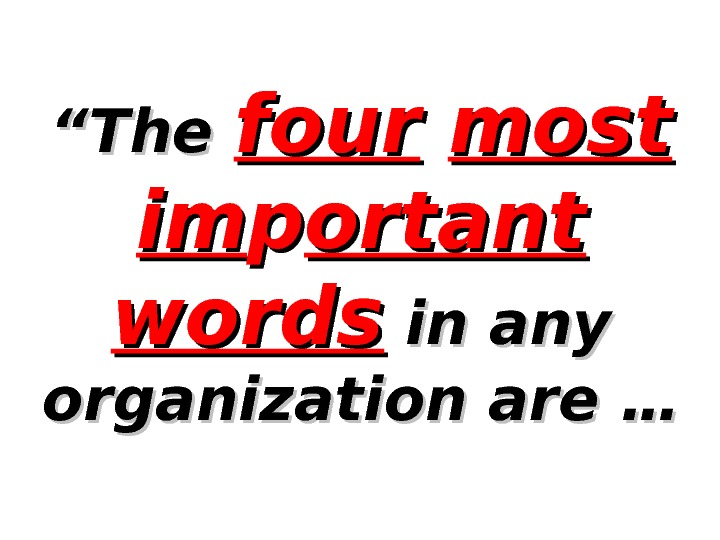
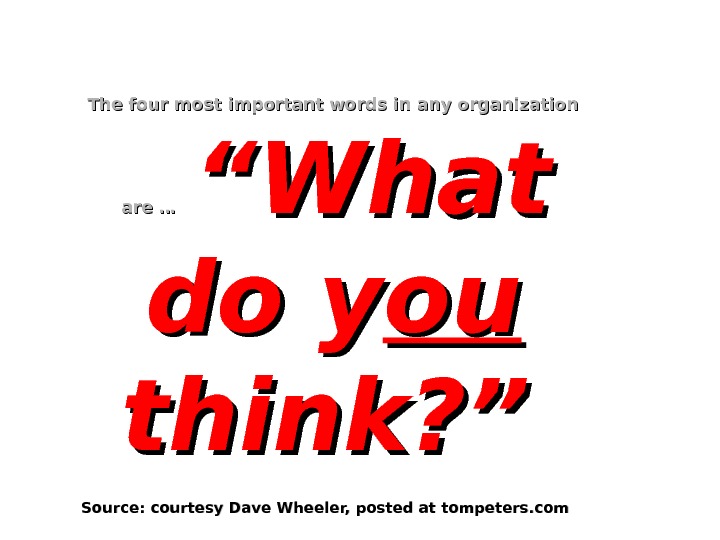


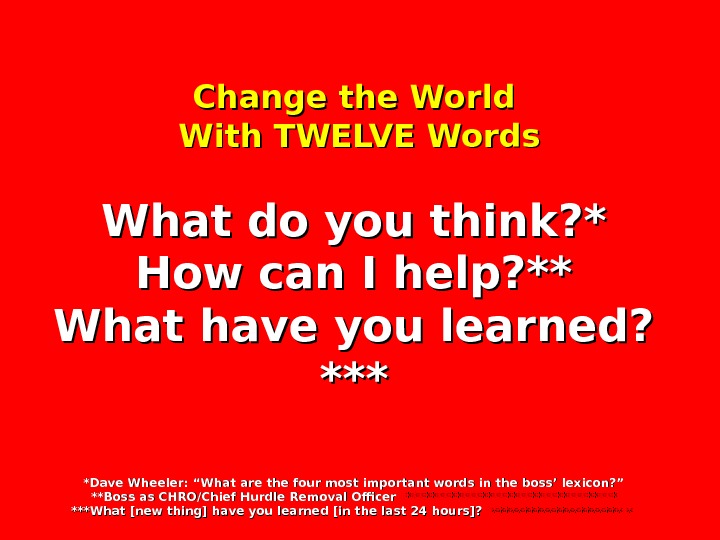
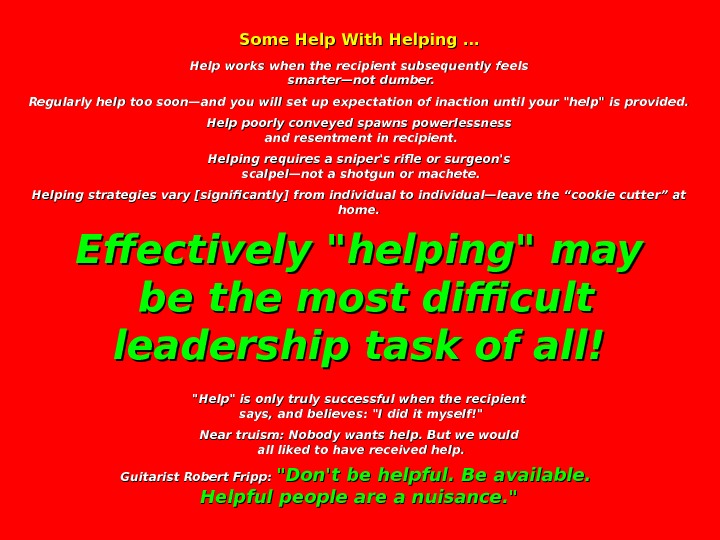
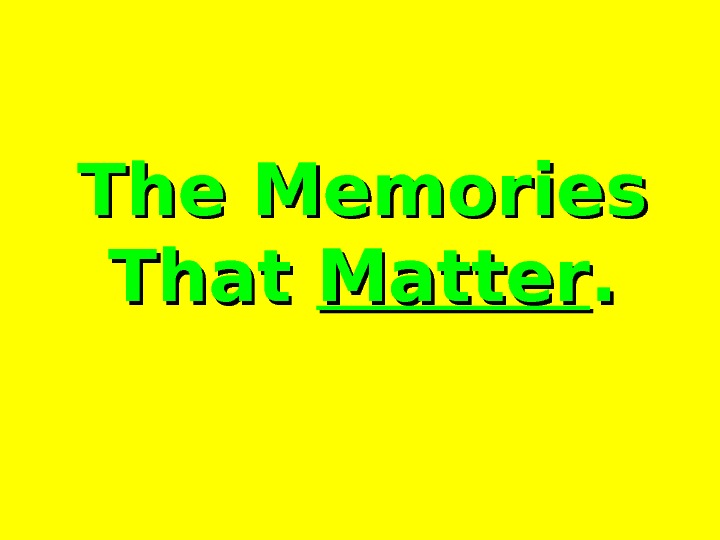
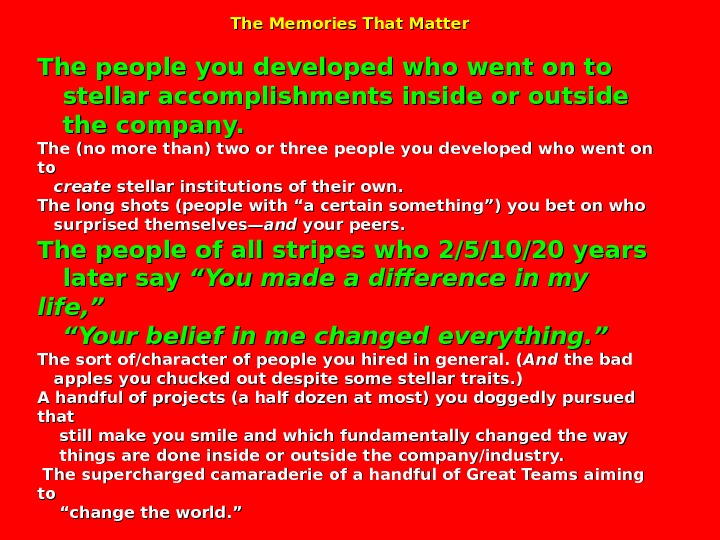
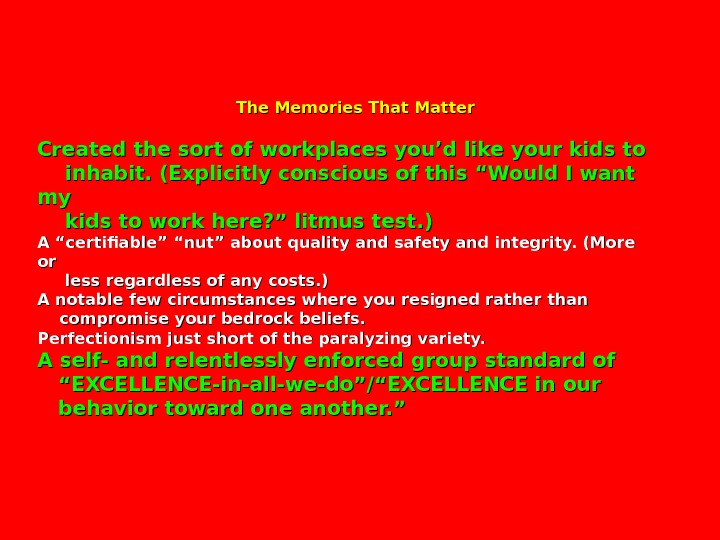

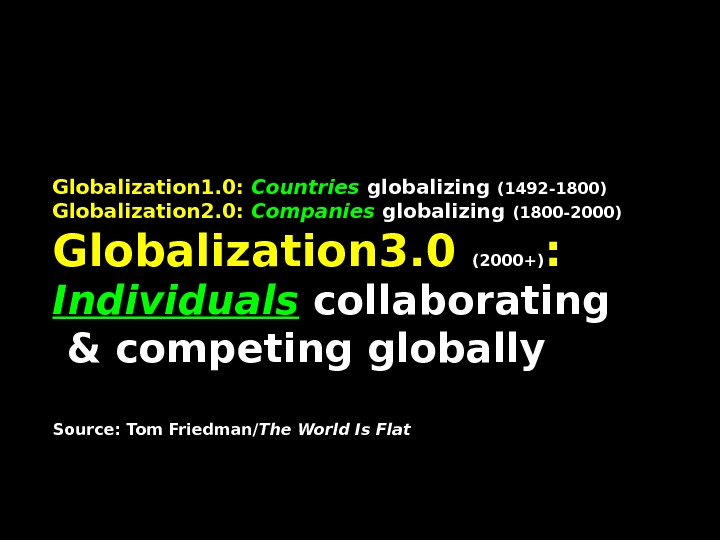
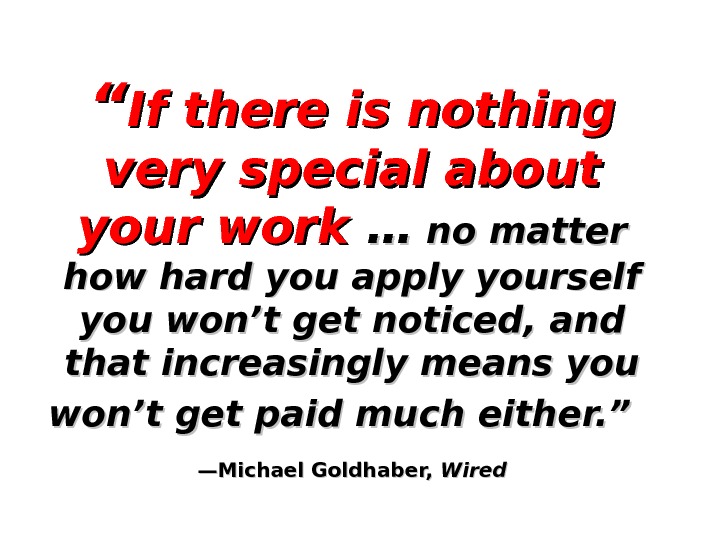
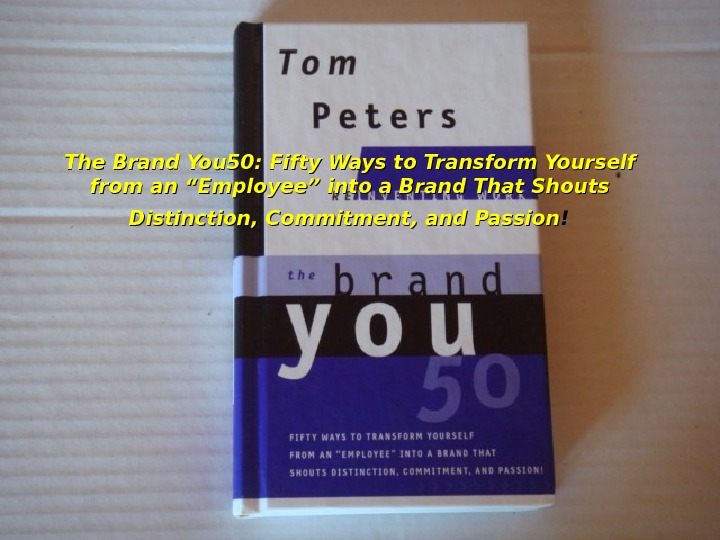
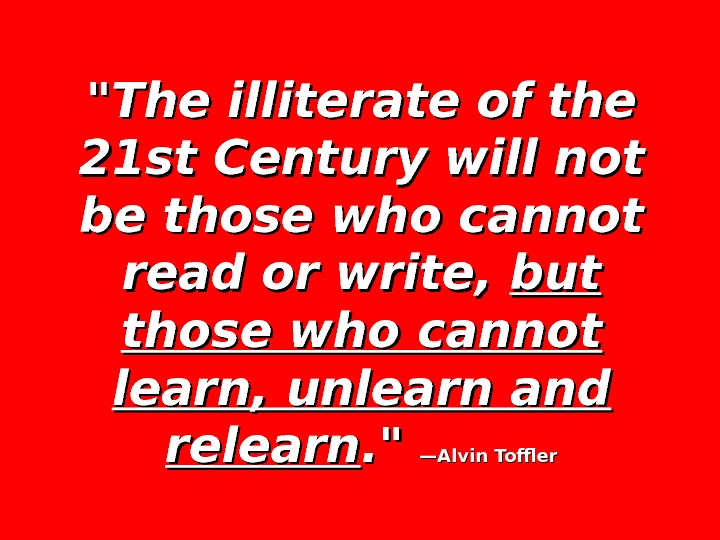



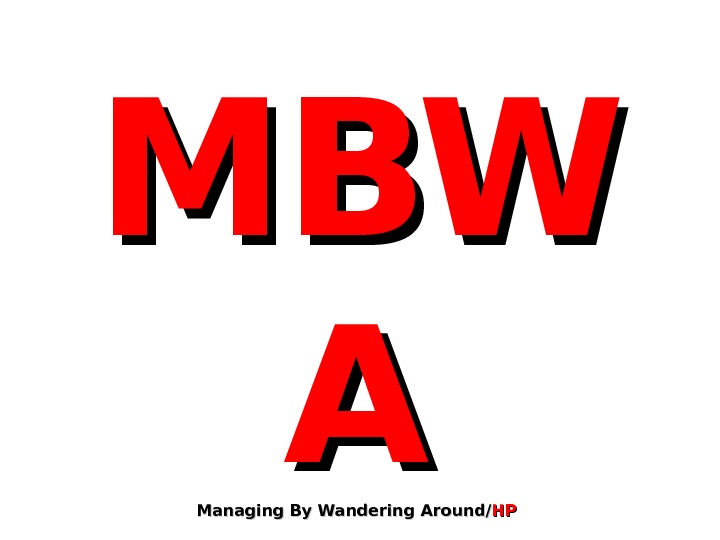
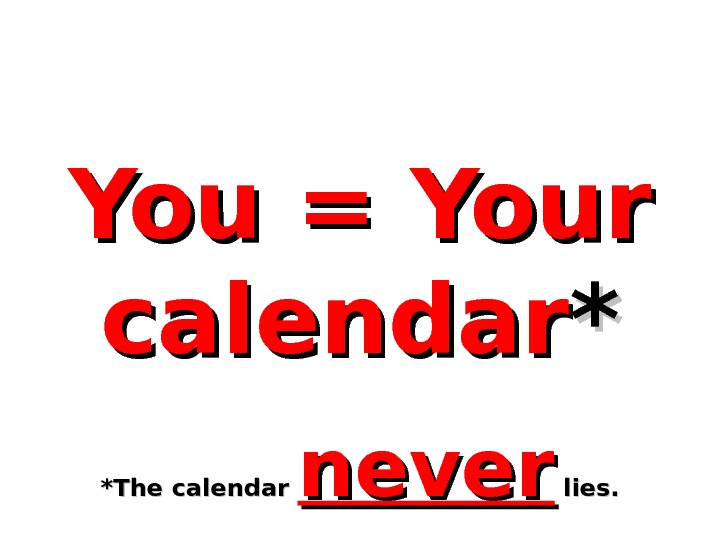

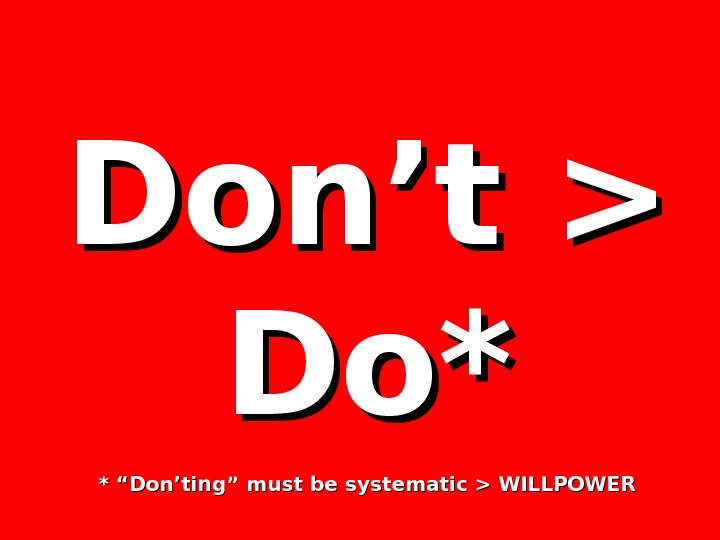


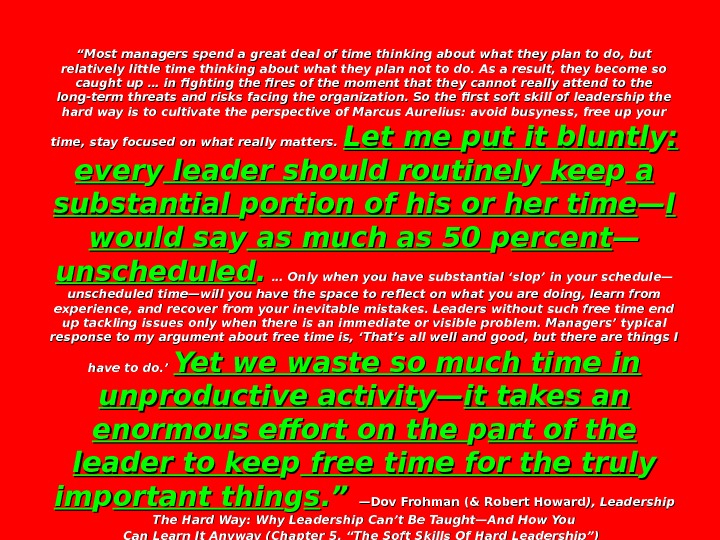
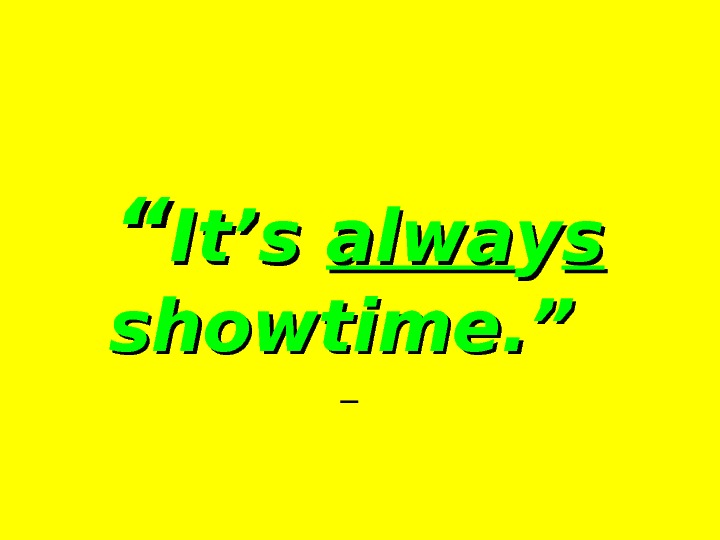
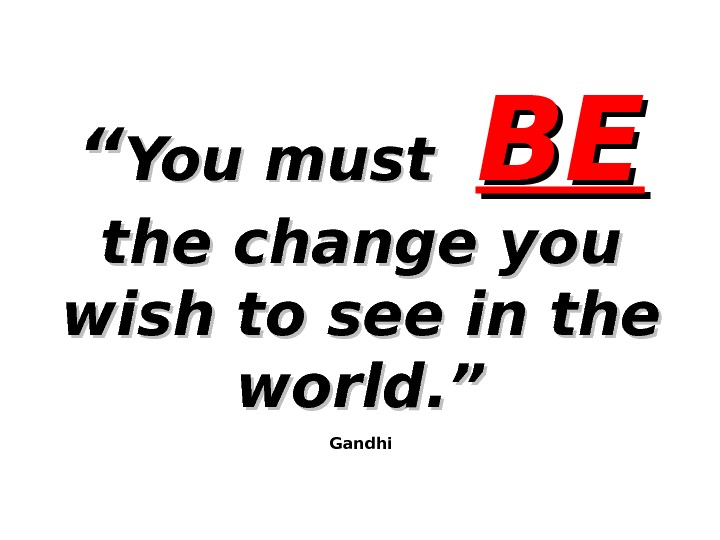
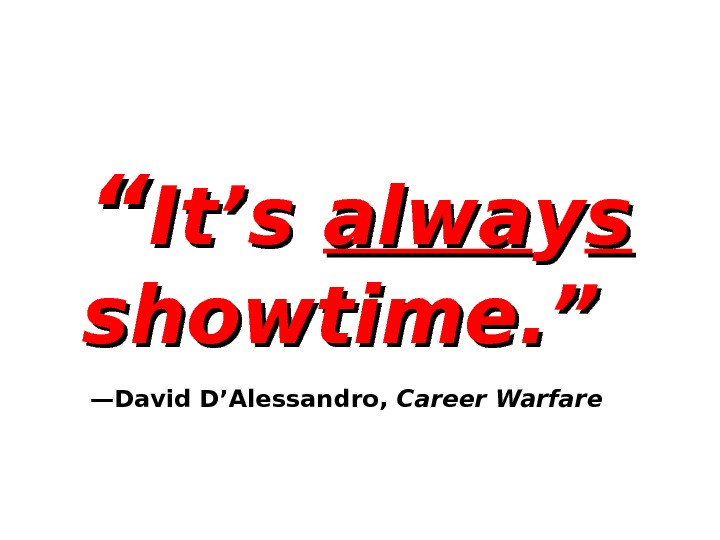
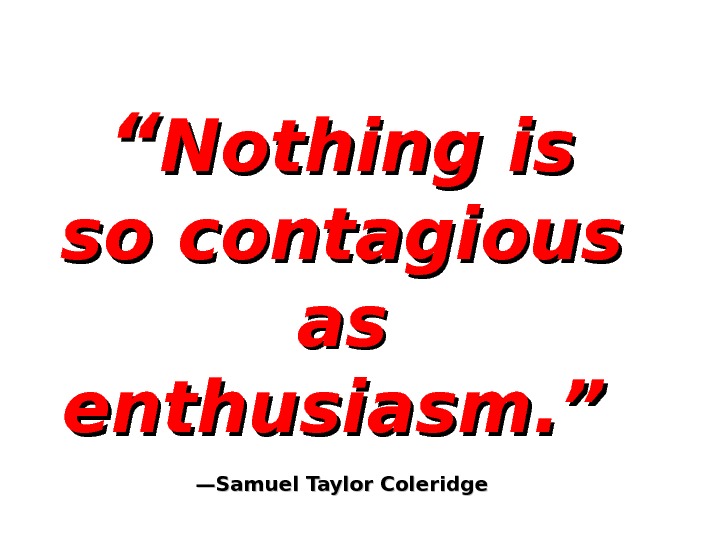
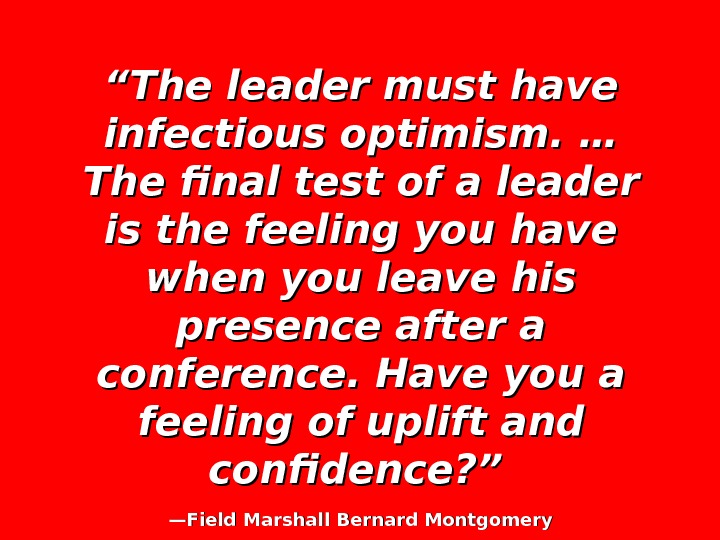

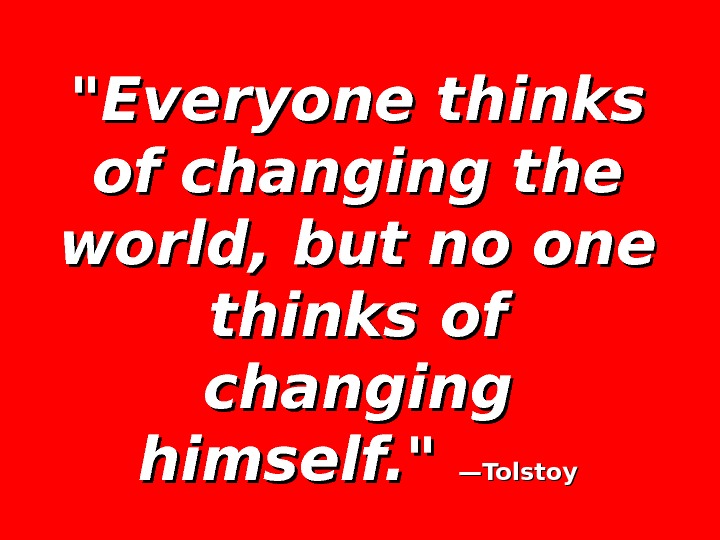
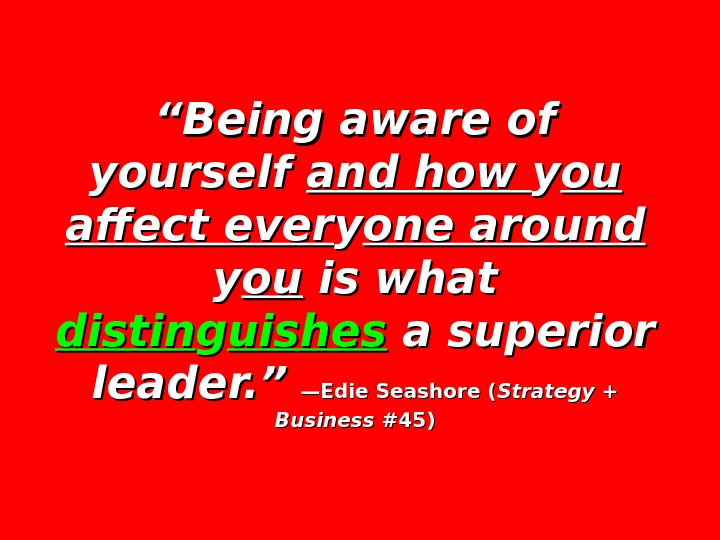
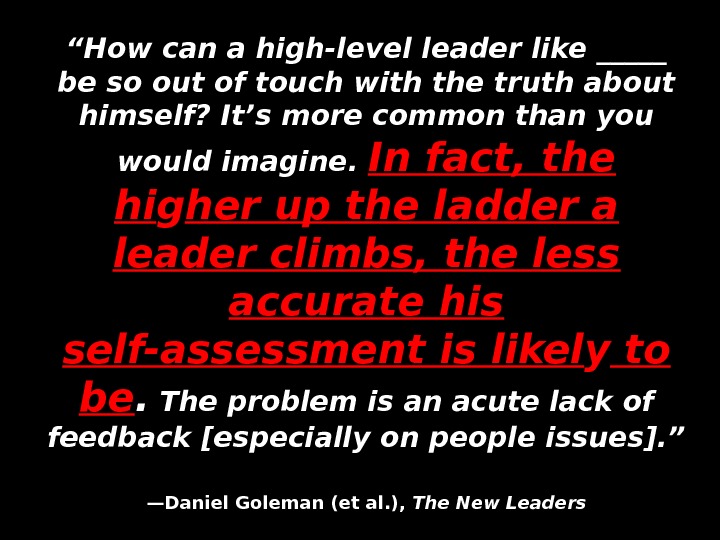

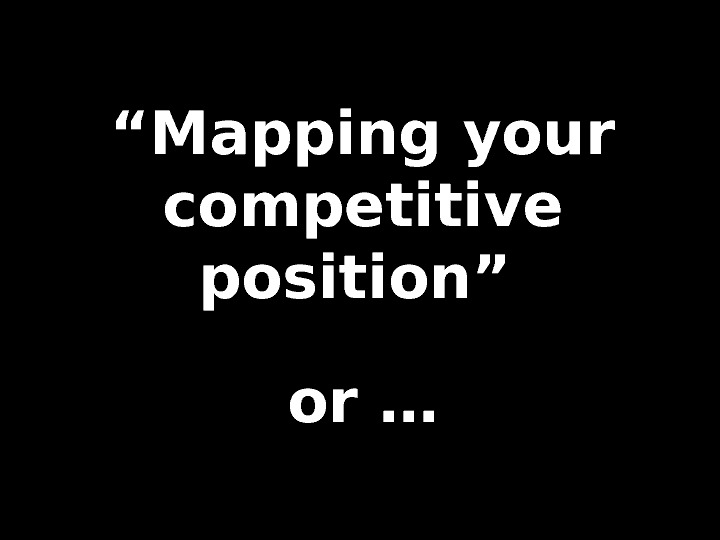
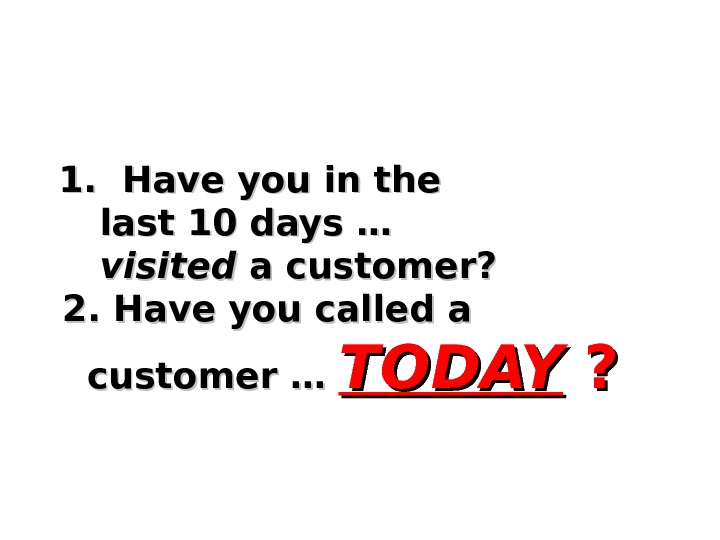
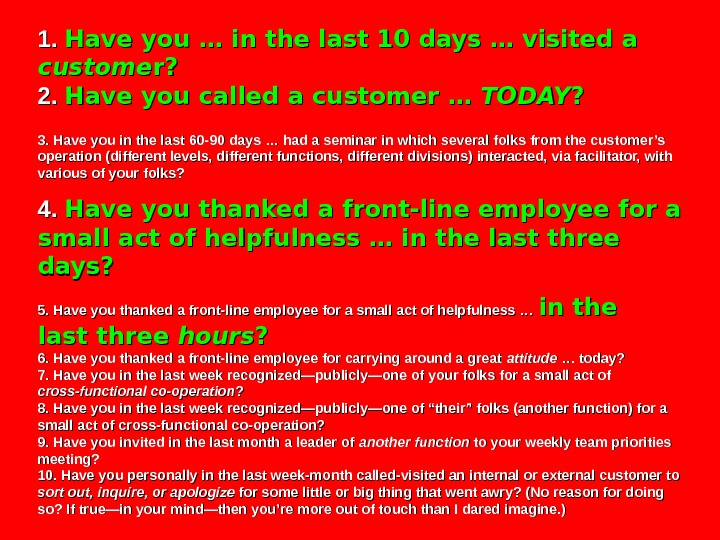


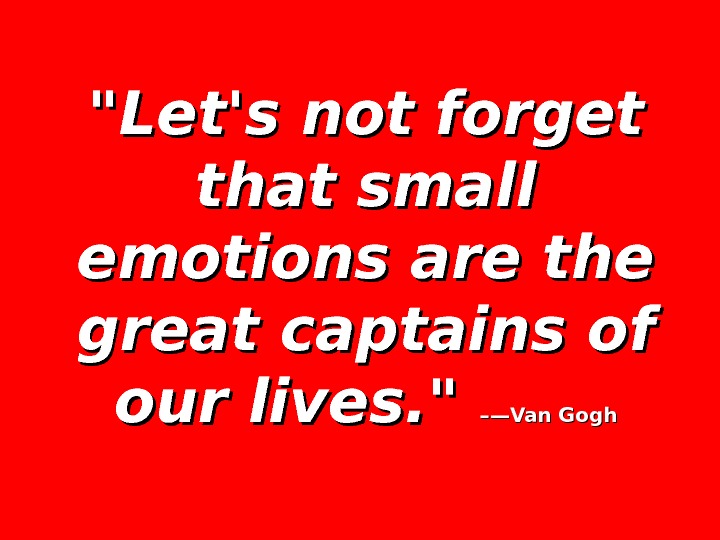
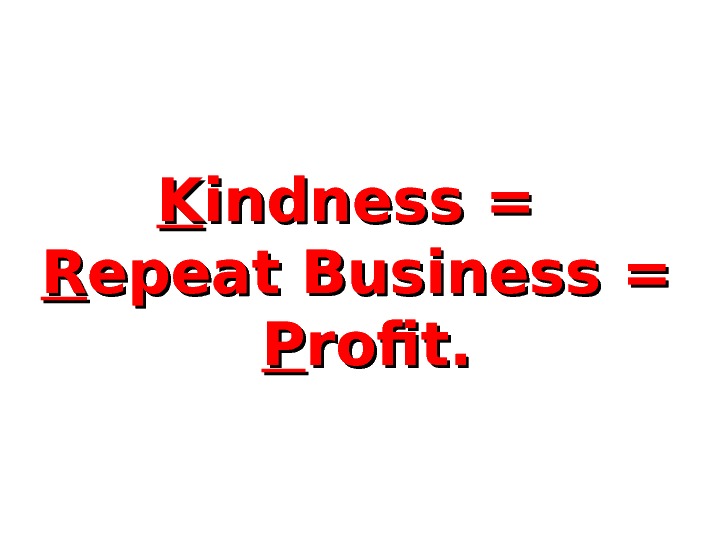
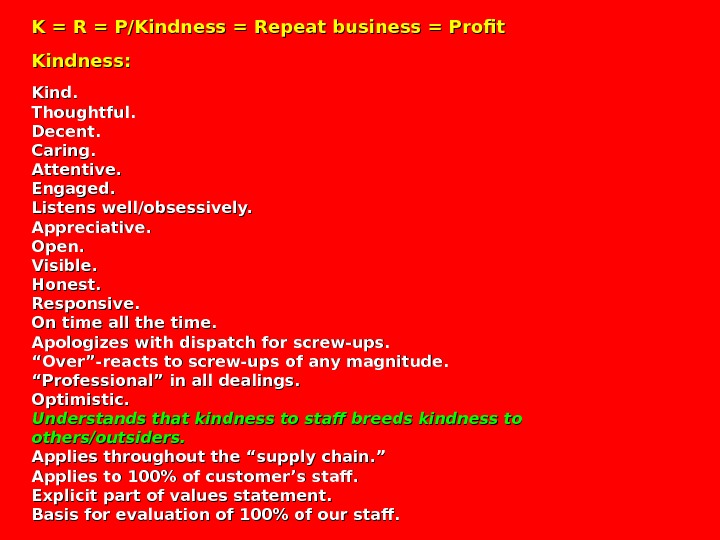
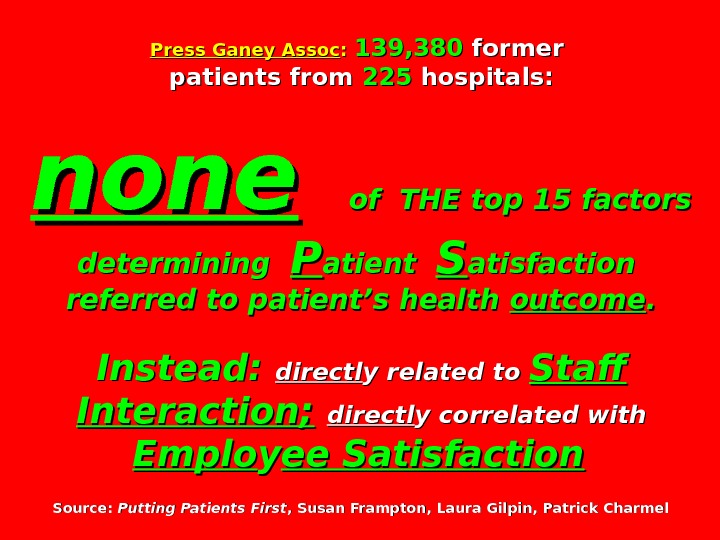
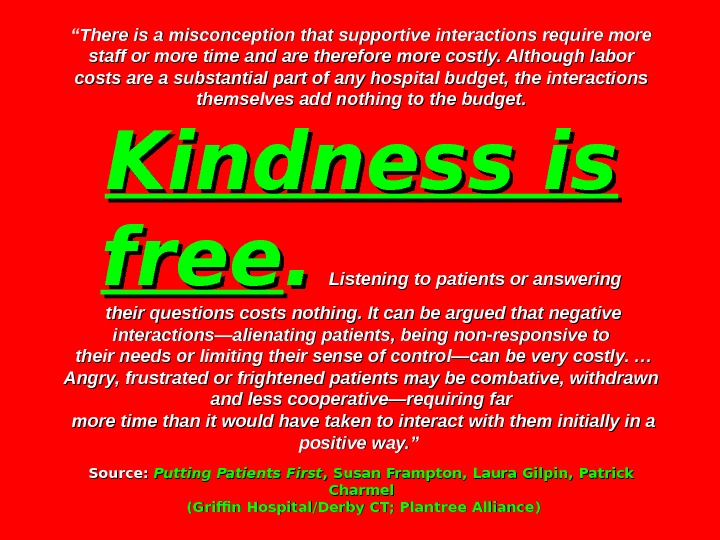
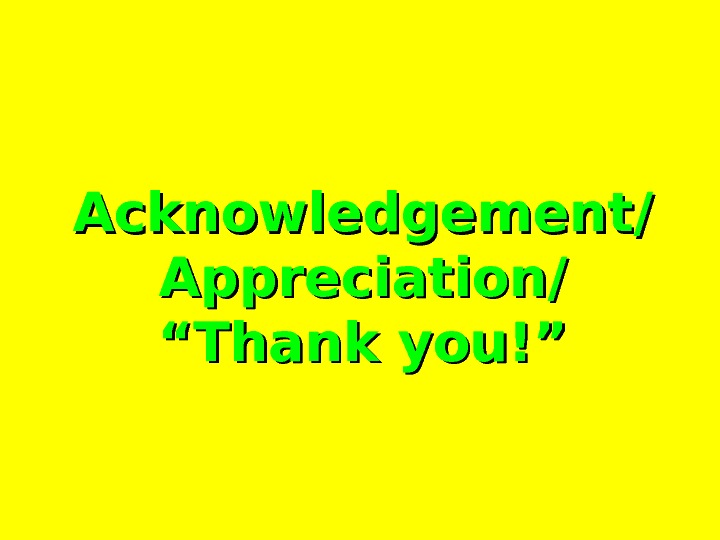

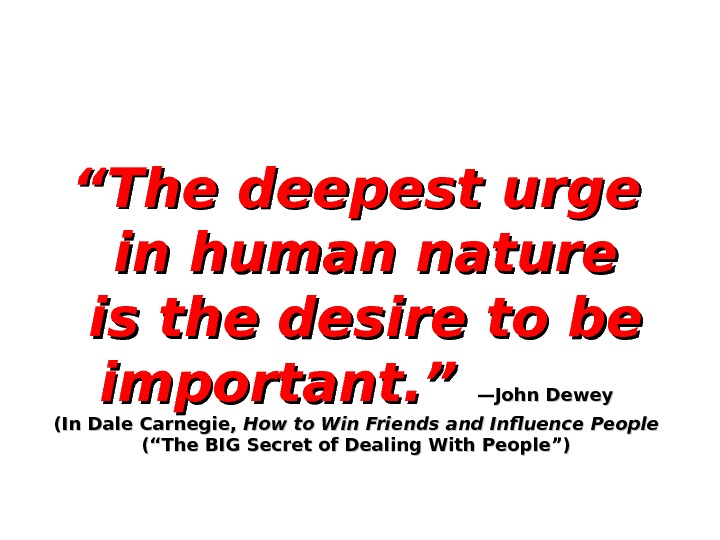
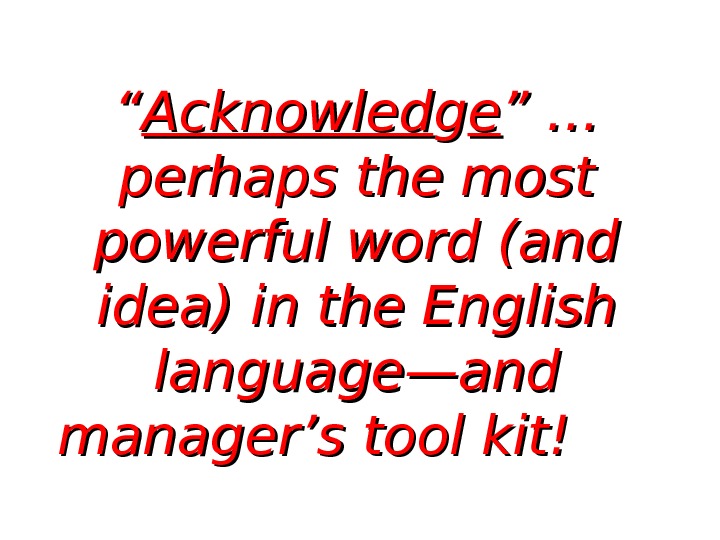
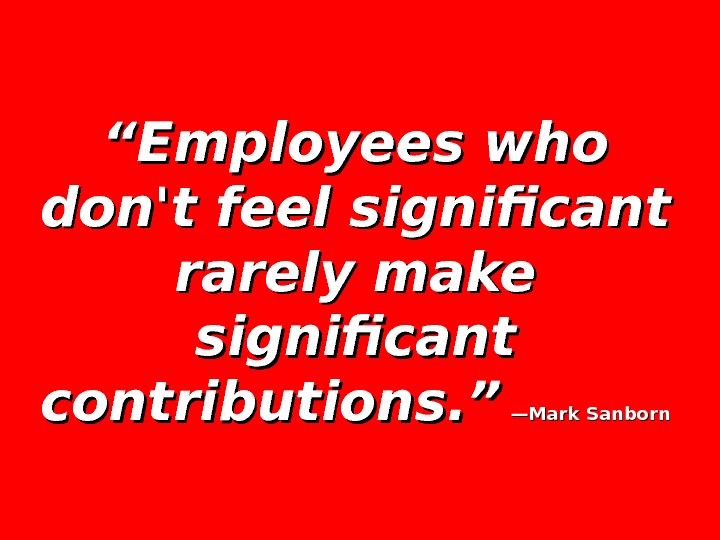
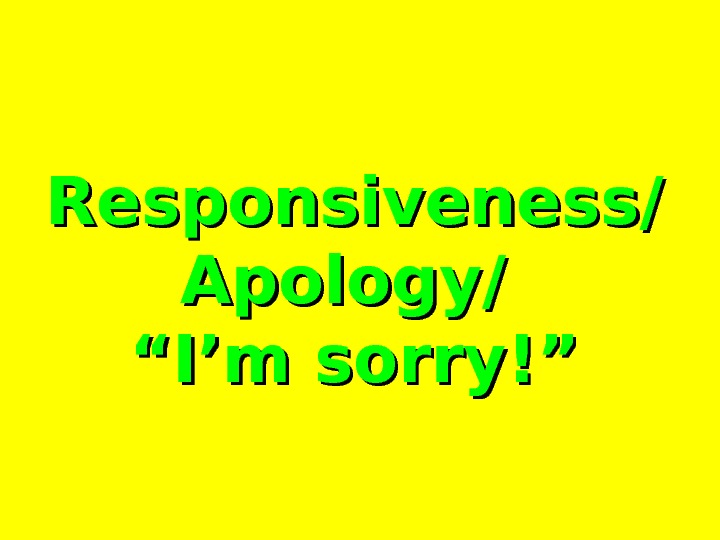
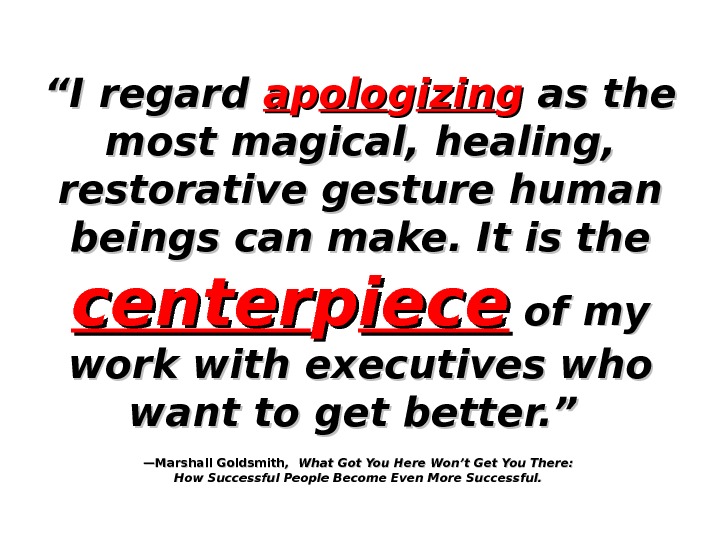
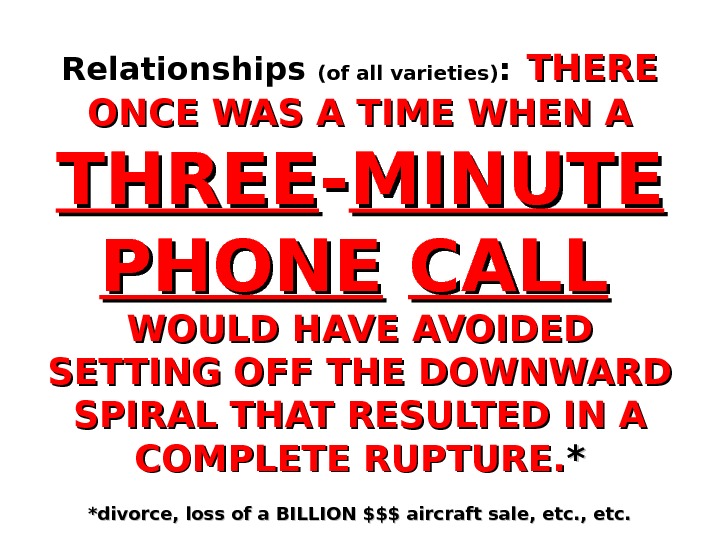
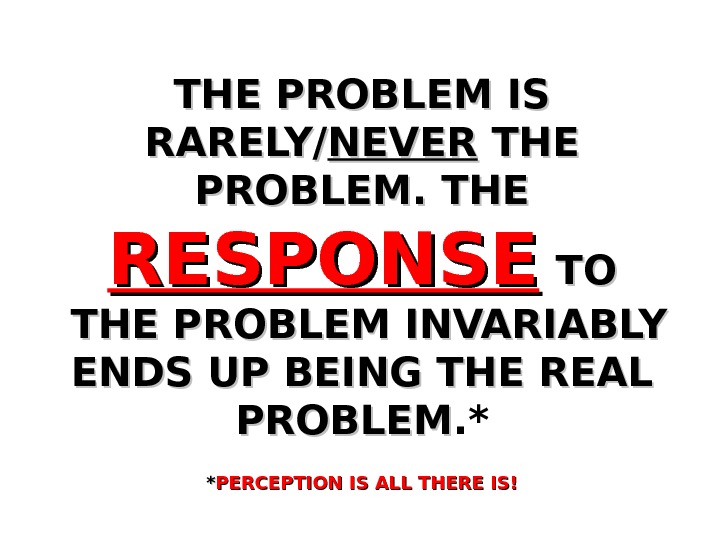
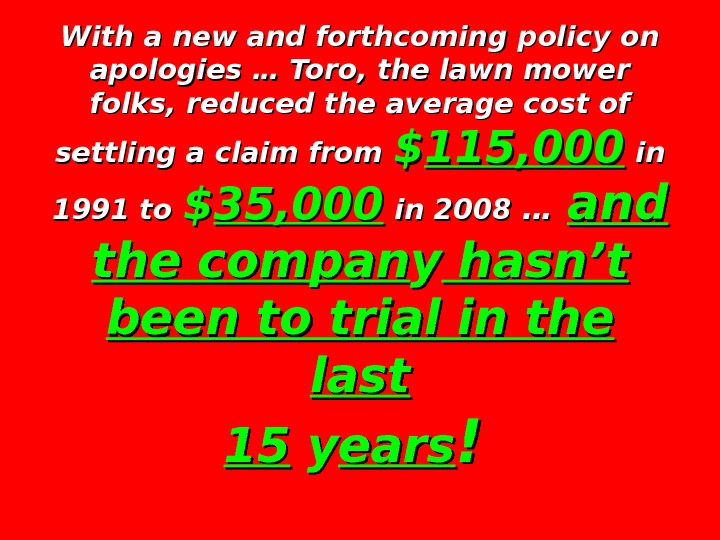

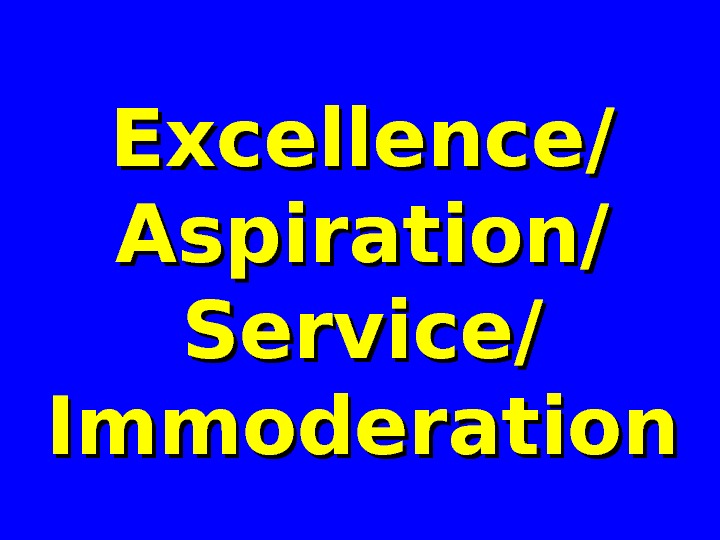
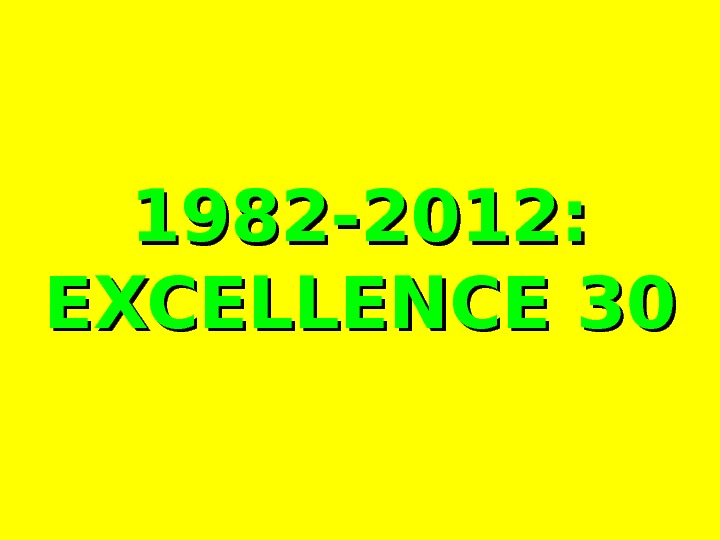
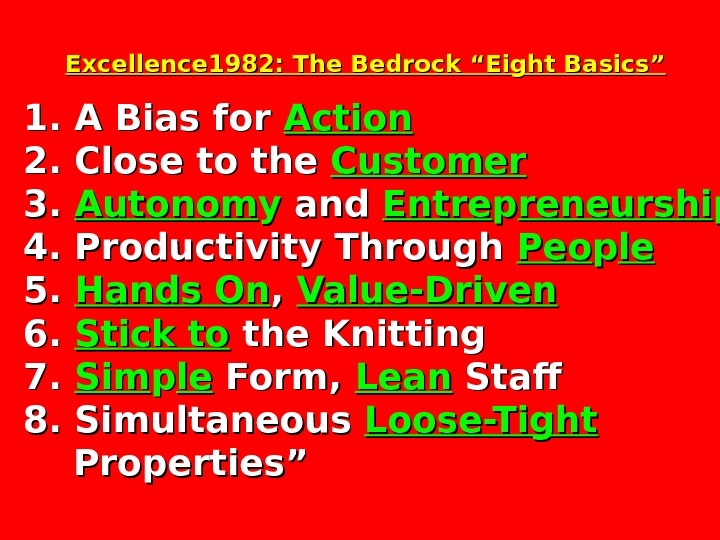
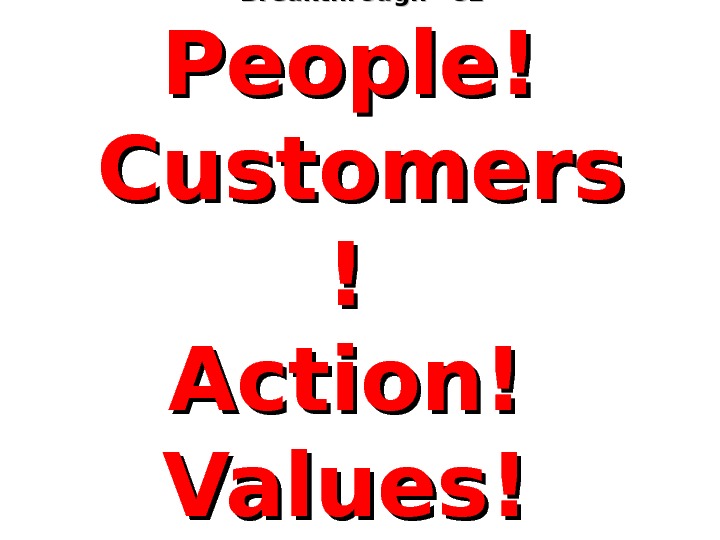
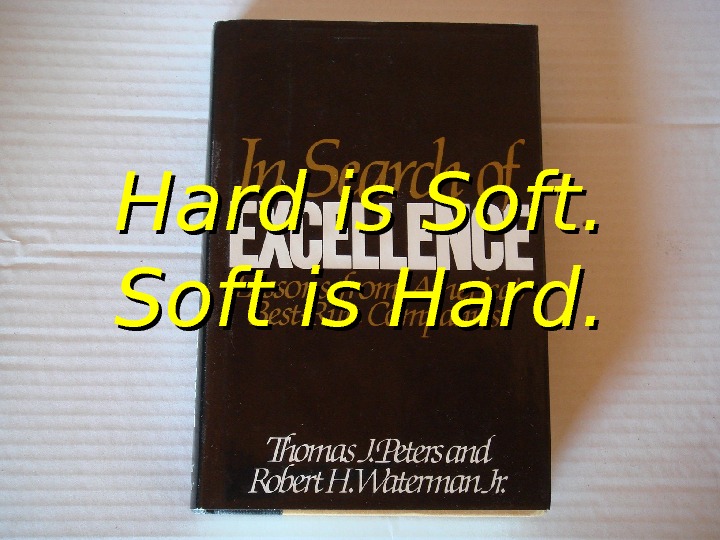
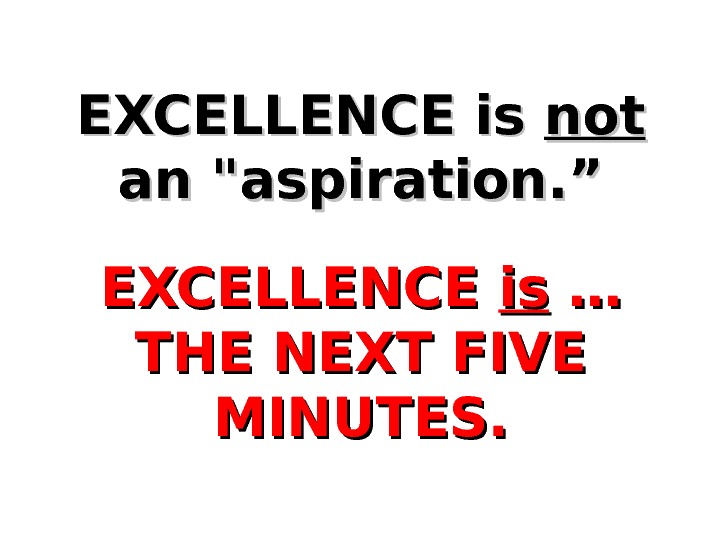
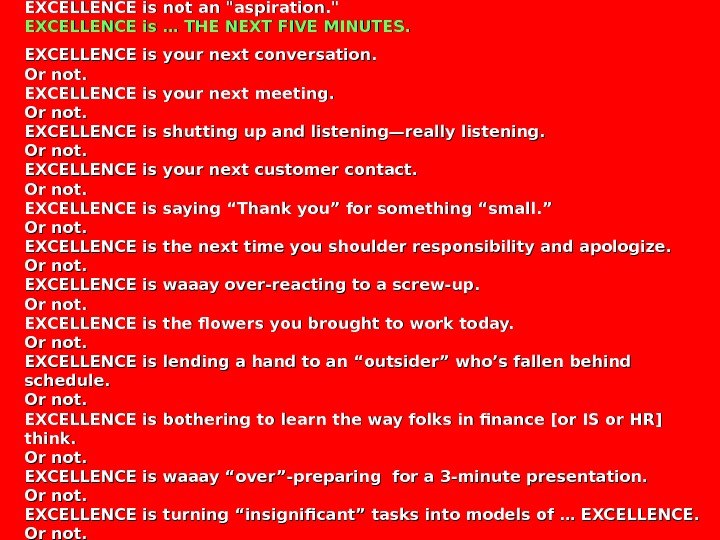
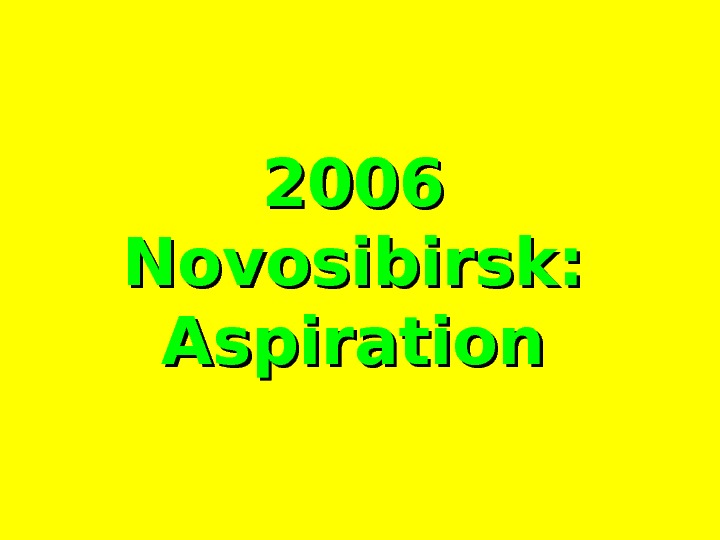
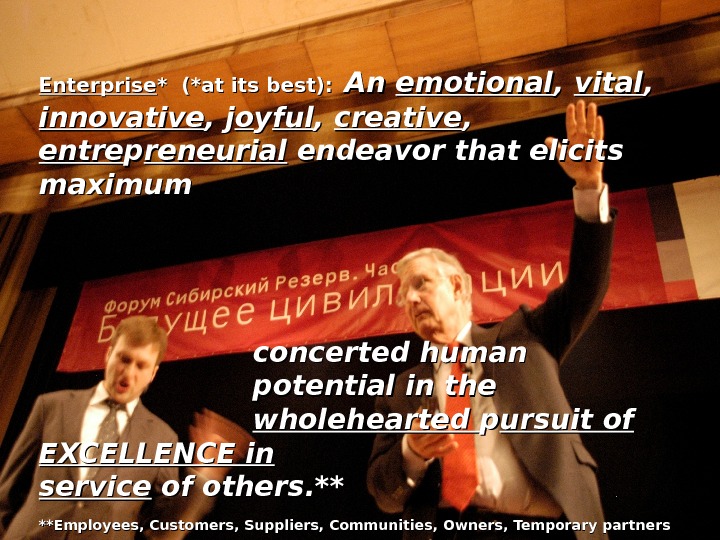

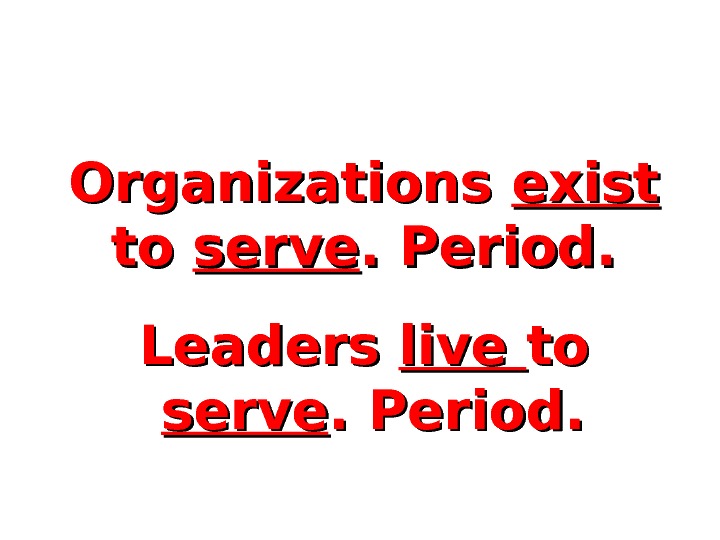
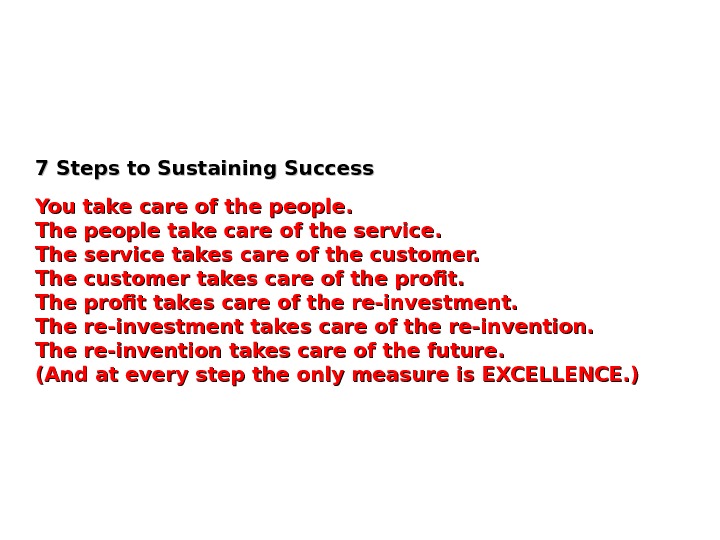
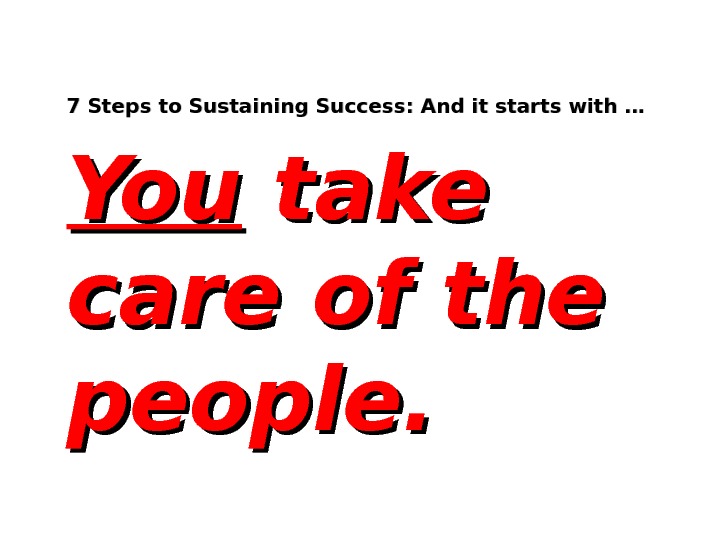


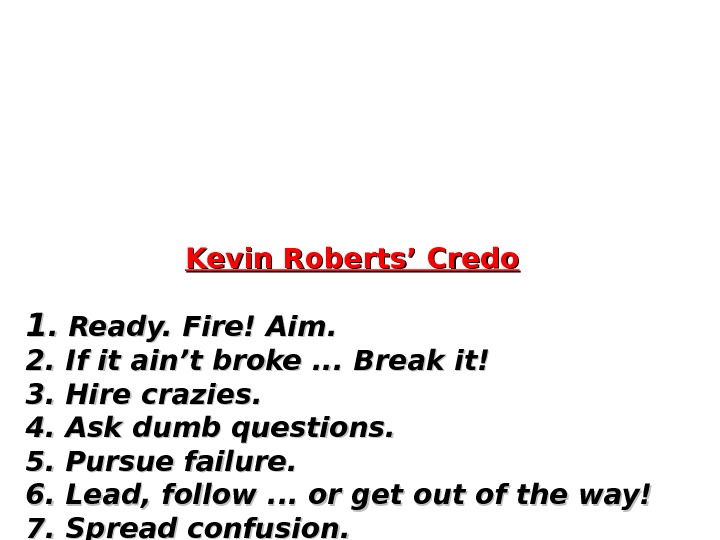
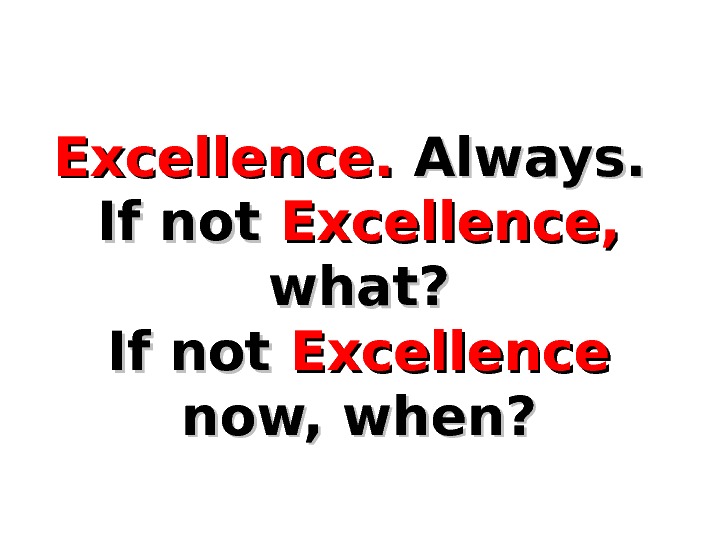


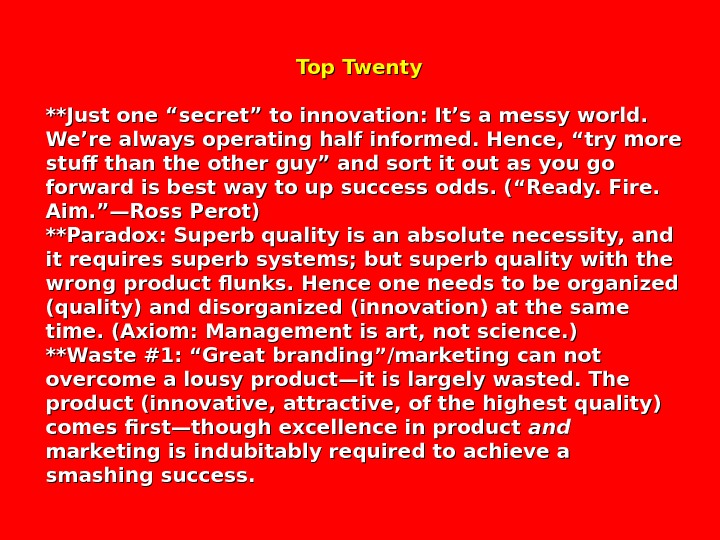
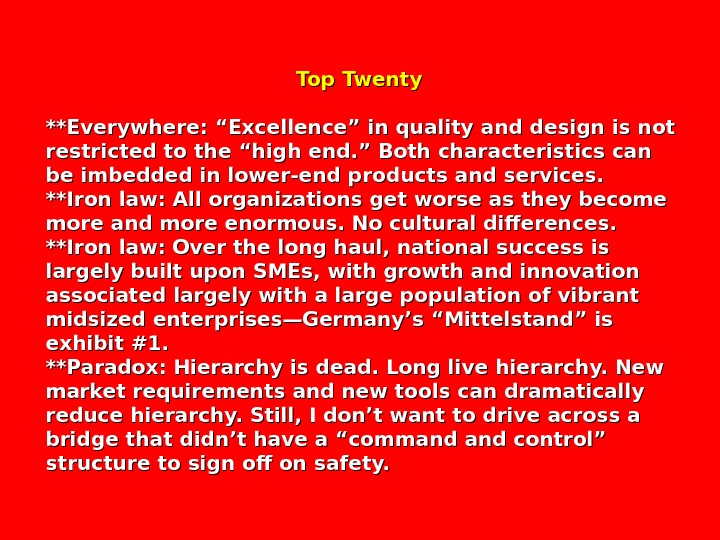
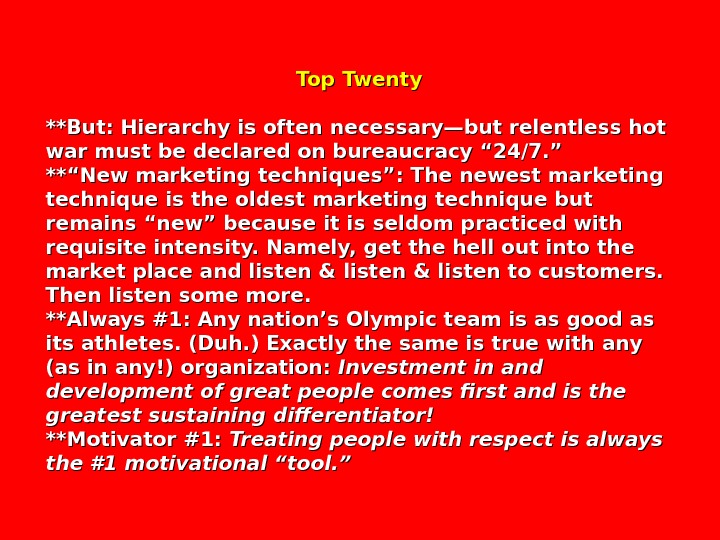
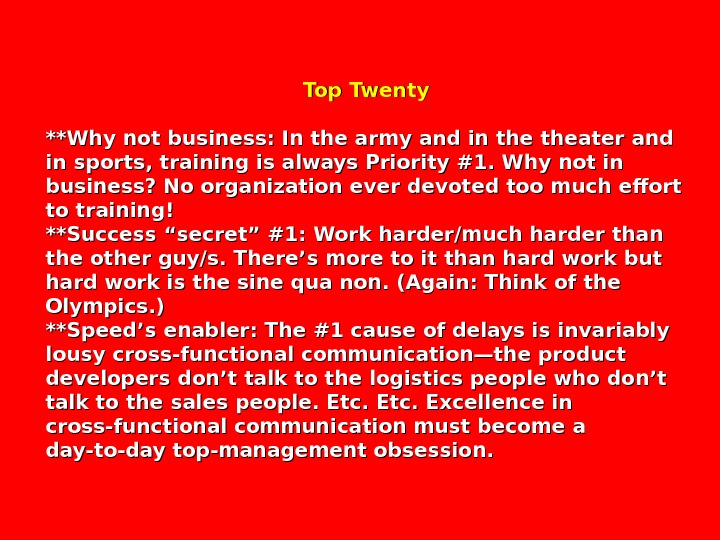
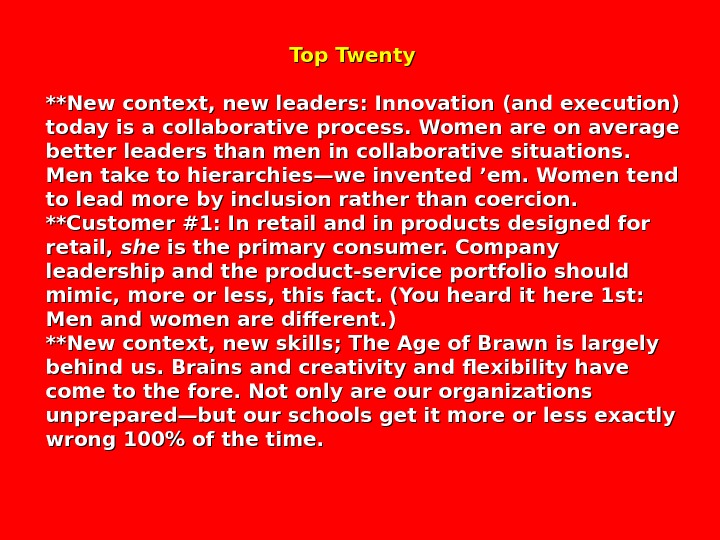
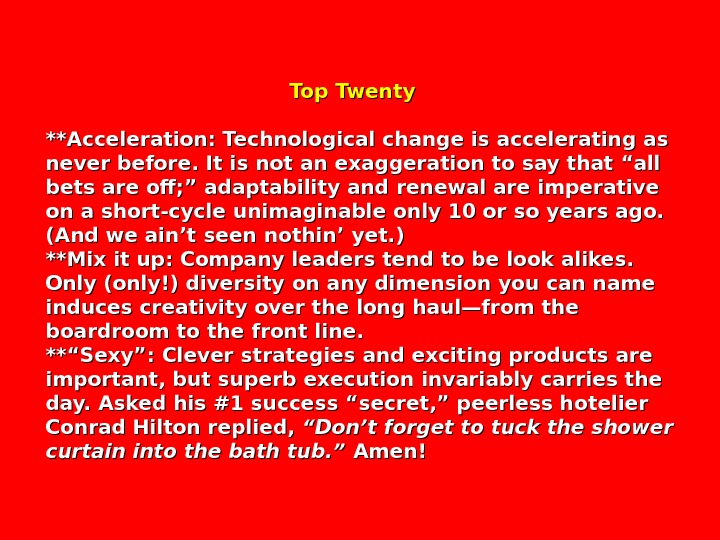
- Размер: 5.6 Mегабайта
- Количество слайдов: 294
Описание презентации Excellence NOWNOW Tom Peters/17 November 2012/Moscow по слайдам
 Excellence NOWNOW Tom Peters/17 November 2012/Moscow (slides @ tompeters. com/excellencenow. com)
Excellence NOWNOW Tom Peters/17 November 2012/Moscow (slides @ tompeters. com/excellencenow. com)
 Excellence. Always. If not Excellence, what? If not Excellence now, when?
Excellence. Always. If not Excellence, what? If not Excellence now, when?
 Novosibirsk 2006/Enterprise ** (*at its best): An An emotional , , vital , , innovative , , jojo yy fulful , , creative , , entre pp reneurial endeavor that elicits maximum concerted human potential in the wholehearted pursuit of EXCELLENCE in service of others. ** **Employees, Customers, Suppliers, Communities, Owners, Temporary partners
Novosibirsk 2006/Enterprise ** (*at its best): An An emotional , , vital , , innovative , , jojo yy fulful , , creative , , entre pp reneurial endeavor that elicits maximum concerted human potential in the wholehearted pursuit of EXCELLENCE in service of others. ** **Employees, Customers, Suppliers, Communities, Owners, Temporary partners
 Sydney 2007/1 stst Drucker Commemorative Conference Organizations exist to to serve. Period. Leaders live toto serve. Period.
Sydney 2007/1 stst Drucker Commemorative Conference Organizations exist to to serve. Period. Leaders live toto serve. Period.
 1/4096 @ excellencenow. com ““ Business has to give people enriching, rewarding lives … or it’s simsim pp ll yy not worth doin g. ” —— Richard Branson
1/4096 @ excellencenow. com ““ Business has to give people enriching, rewarding lives … or it’s simsim pp ll yy not worth doin g. ” —— Richard Branson
 7 Steps to Sustaining Success You take care of the people. The people take care of the service. The service takes care of the customer. The customer takes care of the profit. The profit takes care of the re-investment. The re-investment takes care of the re-invention. The re-invention takes care of the future. (And at every step the only measure is EXCELLENCE. ). )
7 Steps to Sustaining Success You take care of the people. The people take care of the service. The service takes care of the customer. The customer takes care of the profit. The profit takes care of the re-investment. The re-investment takes care of the re-invention. The re-invention takes care of the future. (And at every step the only measure is EXCELLENCE. ). )
 Part ONEON
Part ONEON
 #1#
#1#
 Little = BIGBIG
Little = BIGBIG
 #2#
#2#
 7 X. 7: 30 A-8: 00 P. F 12 A. 7: 30 AM = 7: 15 AM. 8: 00 PM = 8: 15 PM.
7 X. 7: 30 A-8: 00 P. F 12 A. 7: 30 AM = 7: 15 AM. 8: 00 PM = 8: 15 PM.
 #3#
#3#
 It It BEGINS (and ENDS ) ) in the …
It It BEGINS (and ENDS ) ) in the …
 Parkin g g lotlot ** *Disney
Parkin g g lotlot ** *Disney
 #4#
#4#
 Don’t like it? Don’t pay. Source: Granite Rock Co.
Don’t like it? Don’t pay. Source: Granite Rock Co.
 Red light flashes= -10%
Red light flashes= -10%
 #5#
#5#
 National “Brand”/ 2 -cent candy
National “Brand”/ 2 -cent candy
 #6#
#6#
 Conveyance: Kingfisher Air Location: Approach to New Delhi
Conveyance: Kingfisher Air Location: Approach to New Delhi
 ““ May I clean your glasses, sir? ”
““ May I clean your glasses, sir? ”
 #7#
#7#
 Compression Hose = 10,
Compression Hose = 10,
 #8#
#8#
 30 30 minutes = = 1%1% $25 M/$20 M/ $200 K
30 30 minutes = = 1%1% $25 M/$20 M/ $200 K
 #9#
#9#
 2 X 2 X Source: Container Store/increase average sale per shopper
2 X 2 X Source: Container Store/increase average sale per shopper
 #10#
#10#
 Bag sizes = New markets: $B$B Source: Pepsi. Co
Bag sizes = New markets: $B$B Source: Pepsi. Co
 Big carts = 1. 5 X Source: Wal*Mart
Big carts = 1. 5 X Source: Wal*Mart
 #11#
#11#
![TGTG WW and … TGTG RR [Things Gone WRONG -Things Gone RIGHT ]] TGTG WW and … TGTG RR [Things Gone WRONG -Things Gone RIGHT ]]](/docs//moscow.final.1117.12_images/moscow.final.1117.12_32.jpg) <TGTG>TG RR [Things Gone WRONG -Things Gone RIGHT ]]
<TGTG>TG RR [Things Gone WRONG -Things Gone RIGHT ]]
 Customers describing their service experience as “superior”: 88 %% Com pp anies describing the service experience they provide as “ “ superior”: 8080 %% —— Source: Bain & Company survey of 362 companies, reported in John Di. Julius, What’s the Secret to Providing a World-class Customer Experience?
Customers describing their service experience as “superior”: 88 %% Com pp anies describing the service experience they provide as “ “ superior”: 8080 %% —— Source: Bain & Company survey of 362 companies, reported in John Di. Julius, What’s the Secret to Providing a World-class Customer Experience?
 ““ Experiences are as distinct from services as services are from goods. ” —Joe Pine & Jim Gilmore, The Experience Economy: Work Is Theatre & Every Business a Stage
““ Experiences are as distinct from services as services are from goods. ” —Joe Pine & Jim Gilmore, The Experience Economy: Work Is Theatre & Every Business a Stage
 ““ Perception is all there is”
““ Perception is all there is”
![Comeback [big, quick response] Perfection Comeback [big, quick response] Perfection](/docs//moscow.final.1117.12_images/moscow.final.1117.12_36.jpg) Comeback [big, quick response] >>>> Perfection
Comeback [big, quick response] >>>> Perfection
 Acquire vs maintain*: 5 X 5 X *Recession goal: Higher “market share” current customers
Acquire vs maintain*: 5 X 5 X *Recession goal: Higher “market share” current customers
 CC XX O*O* *Chief e XX perience Officer
CC XX O*O* *Chief e XX perience Officer
 #12#
#12#
 Conrad Hilton , at a gala celebrating his career, was called to the podium and asked, “ What were the most im p ortant lessons y ou learned in your lon g and distin g uished career ? ” His answer …
Conrad Hilton , at a gala celebrating his career, was called to the podium and asked, “ What were the most im p ortant lessons y ou learned in your lon g and distin g uished career ? ” His answer …
 ““ Remember to tuck the shower curtain inside the bathtub. ”. ”
““ Remember to tuck the shower curtain inside the bathtub. ”. ”
 You get ’em inin the door with “location, location”—and a terrific architect. You keep ’em comin g g back with the tucked in shower curtain! ** *Profit rarely comes from transaction #1; it is a byproduct of transaction #2, #3, #4 … …
You get ’em inin the door with “location, location”—and a terrific architect. You keep ’em comin g g back with the tucked in shower curtain! ** *Profit rarely comes from transaction #1; it is a byproduct of transaction #2, #3, #4 … …
 ““ Execution isis strategy. ” —Fred Malek
““ Execution isis strategy. ” —Fred Malek
 Sports: You beat yourself!
Sports: You beat yourself!
 ““ Execution is is thethe j j obob of the business leader. ”. ” —— Larry Bossidy & Ram Charan/ Execution: The Discipline of Getting Things Done
““ Execution is is thethe j j obob of the business leader. ”. ” —— Larry Bossidy & Ram Charan/ Execution: The Discipline of Getting Things Done
 #13#
#13#
 (1)(1) Amenable to rapid experimentation/ failure “free” (PR, $$) (2)(2) Quick to implement/ Quick to Roll out (3)(3) Inexpensive to implement/Roll out (4)(4) Huge multiplier (5)(5) An “Attitude”
(1)(1) Amenable to rapid experimentation/ failure “free” (PR, $$) (2)(2) Quick to implement/ Quick to Roll out (3)(3) Inexpensive to implement/Roll out (4)(4) Huge multiplier (5)(5) An “Attitude”
 (1)(1) Half-day/25 ideas (2)(2) One week/5 experiments (3) One month/Select best 2 (4) 60 -90 days/Roll out
(1)(1) Half-day/25 ideas (2)(2) One week/5 experiments (3) One month/Select best 2 (4) 60 -90 days/Roll out
 Little = BIGBIG
Little = BIGBIG
 Part TWOTWO
Part TWOTWO
 FIVE “First things Before First Things …”
FIVE “First things Before First Things …”
 #1#
#1#
 If the regimental commander lost most of his 2 nd lieutenants and 1 st lieutenants and captains and majors, it would be a tragedy. If he lost his serser gg eants it would be a catastro pp hehe. . The Army and the Navy are fully aware that success on the battlefield is dependent to an extraordinary degree on its Sergeants and Chief Petty Officers. Does industry have the same awareness?
If the regimental commander lost most of his 2 nd lieutenants and 1 st lieutenants and captains and majors, it would be a tragedy. If he lost his serser gg eants it would be a catastro pp hehe. . The Army and the Navy are fully aware that success on the battlefield is dependent to an extraordinary degree on its Sergeants and Chief Petty Officers. Does industry have the same awareness?
 #1#1 cause of employee Dis-satisfaction?
#1#1 cause of employee Dis-satisfaction?
 ““ People leave managers notnot companies. ” —— Dave Wheeler
““ People leave managers notnot companies. ” —— Dave Wheeler
 Suggested addition to your statement of Core Values: “We are obsessed with developing a cadre of 1 st line managers that is second to none—we understand that this cadre per se is arguably one of our top two or three most important ‘Strategic Assets. ’”
Suggested addition to your statement of Core Values: “We are obsessed with developing a cadre of 1 st line managers that is second to none—we understand that this cadre per se is arguably one of our top two or three most important ‘Strategic Assets. ’”
 #2#
#2#
 XFX = #1#1 ** *Cross-Functional e. Xcellence
XFX = #1#1 ** *Cross-Functional e. Xcellence
 Never waste a lunch!
Never waste a lunch!
 ““ Personal relationships are the fertile soil from which all advancement, allall success, allall achievement in real life grow. ” —Ben Stein
““ Personal relationships are the fertile soil from which all advancement, allall success, allall achievement in real life grow. ” —Ben Stein
 % XF lunches* ** Measure !! Monthly! Part of evaluation! [The PAs Club. ]
% XF lunches* ** Measure !! Monthly! Part of evaluation! [The PAs Club. ]
 XFX: Social accelerators … ** ** See “LONG” version of presentation at tompeters. com for more
XFX: Social accelerators … ** ** See “LONG” version of presentation at tompeters. com for more
![XFX/Typical Social Accelerators 1. EVERYONE’s [more or less] JOB #1: Make XFX/Typical Social Accelerators 1. EVERYONE’s [more or less] JOB #1: Make](/docs//moscow.final.1117.12_images/moscow.final.1117.12_63.jpg) XFX/Typical Social Accelerators 1. EVERYONE’s [more or less] JOB #1: Make friends in other functions! (Purposefully. Consistently. Measurably. ) 2. “Do lunch” with people in other functions!! Frequently!! (Minimum 10% to 25% for everyone? Measured. ) 3. Ask peers in other functions for references so you can become conversant in their world. (It’s one helluva sign of. . . GIVE-A-DAMN-ism. ) 4. Religiously invite counterparts in other functions to your team meetings. Ask them to present “cool stuff” from “their world” to your group. (Useful. Mark of respect. ) 5. 5. PROACTIVELY SEEK EXAMPLES OF “TINY” ACTS OF “XFX” TO ACKNOWLEDGE—PRIVATELY AND PUBLICALLY. (Bosses: ONCE A DAY … make a short call or visit or send an email of “Thanks” for some sort of XFX gesture by your folks and some other function’s folks. ) 6. Present counterparts in other functions awards for service to your group. Tiny awards at least weekly; and an “Annual All-Star Supporters [from other groups] Banquet” modeled after superstar salesperson banquets.
XFX/Typical Social Accelerators 1. EVERYONE’s [more or less] JOB #1: Make friends in other functions! (Purposefully. Consistently. Measurably. ) 2. “Do lunch” with people in other functions!! Frequently!! (Minimum 10% to 25% for everyone? Measured. ) 3. Ask peers in other functions for references so you can become conversant in their world. (It’s one helluva sign of. . . GIVE-A-DAMN-ism. ) 4. Religiously invite counterparts in other functions to your team meetings. Ask them to present “cool stuff” from “their world” to your group. (Useful. Mark of respect. ) 5. 5. PROACTIVELY SEEK EXAMPLES OF “TINY” ACTS OF “XFX” TO ACKNOWLEDGE—PRIVATELY AND PUBLICALLY. (Bosses: ONCE A DAY … make a short call or visit or send an email of “Thanks” for some sort of XFX gesture by your folks and some other function’s folks. ) 6. Present counterparts in other functions awards for service to your group. Tiny awards at least weekly; and an “Annual All-Star Supporters [from other groups] Banquet” modeled after superstar salesperson banquets.
 XFX/: Typical Social Accelerators 16. Formal evaluations. Everyone, starting with the receptionist, should have a significant XF rating component in their evaluation. (The “XFX Performance” should be among the Top 3 items in all managers’ evaluations. ) 17. Every functional unit should have strict and extensive measures of “customer satisfaction” based on evaluations from other functions of its usefulness and effectiveness and value-added to the enterprise as a whole. 18. Demand XF experience for, especially, senior jobs. For example, the U. S. military requires all would-be generals and admirals to have served a full tour in a job whose only goals were cross-functional achievements. 19. “Deep dip. ” Dive three levels down in the organization to fill a senior role with some one who has been noticeably pro-active on adding value via excellent cross-functional integration. 20. XFX is … PERSONAL … as well as about organizational effectiveness. PXFX [Personal XFX] is arguably the #1 Accelerant to personal success—in terms of organizational career, freelancer/Brand You, or as entrepreneur. 21. Excellence! There is a “State of XF Excellence” per se. Talk it up constantly. Pursue it. Aspire to nothing less.
XFX/: Typical Social Accelerators 16. Formal evaluations. Everyone, starting with the receptionist, should have a significant XF rating component in their evaluation. (The “XFX Performance” should be among the Top 3 items in all managers’ evaluations. ) 17. Every functional unit should have strict and extensive measures of “customer satisfaction” based on evaluations from other functions of its usefulness and effectiveness and value-added to the enterprise as a whole. 18. Demand XF experience for, especially, senior jobs. For example, the U. S. military requires all would-be generals and admirals to have served a full tour in a job whose only goals were cross-functional achievements. 19. “Deep dip. ” Dive three levels down in the organization to fill a senior role with some one who has been noticeably pro-active on adding value via excellent cross-functional integration. 20. XFX is … PERSONAL … as well as about organizational effectiveness. PXFX [Personal XFX] is arguably the #1 Accelerant to personal success—in terms of organizational career, freelancer/Brand You, or as entrepreneur. 21. Excellence! There is a “State of XF Excellence” per se. Talk it up constantly. Pursue it. Aspire to nothing less.
![““ I am hundreds of times better here [than in my prior hospital assignment] ““ I am hundreds of times better here [than in my prior hospital assignment]](/docs//moscow.final.1117.12_images/moscow.final.1117.12_65.jpg) ““ I am hundreds of times better here [than in my prior hospital assignment] because of the support system. It’s like yy ou were workin gg in an oror gg anism; yy ou are not a sinsin gg le cell when yy ou are out there pp racticin gg. ’” —quote from Dr. Nina Schwenk, in Chapter 3, “Practicing Team Medicine, ” from Leonard Berry & Kent Seltman, from Management Lessons From Mayo Clinic
““ I am hundreds of times better here [than in my prior hospital assignment] because of the support system. It’s like yy ou were workin gg in an oror gg anism; yy ou are not a sinsin gg le cell when yy ou are out there pp racticin gg. ’” —quote from Dr. Nina Schwenk, in Chapter 3, “Practicing Team Medicine, ” from Leonard Berry & Kent Seltman, from Management Lessons From Mayo Clinic
 WOWWOW !!!! Observed closely: The use of “I”“I” oror “we” during a job interview. Source: Leonard Berry & Kent Seltman, chapter 6, “Hiring for Values, ” Management Lessons From Mayo Clinic
WOWWOW !!!! Observed closely: The use of “I”“I” oror “we” during a job interview. Source: Leonard Berry & Kent Seltman, chapter 6, “Hiring for Values, ” Management Lessons From Mayo Clinic
 #3#
#3#
 In the Army, 33 — star gg enerals worry about training. In most businesses, it’s a “ho hum” mid-level staff function.
In the Army, 33 — star gg enerals worry about training. In most businesses, it’s a “ho hum” mid-level staff function.
 I would hazard a guess that most CEOs see IT investments as a “strategic necessity, ” but see training expenses as “a necessary evil. ”
I would hazard a guess that most CEOs see IT investments as a “strategic necessity, ” but see training expenses as “a necessary evil. ”
 (1)(1) Training merits ““ C-level” status! (2)(2) Top trainers should be be paid a king’s ransom —and be of the same caliber as top marketers or researchers.
(1)(1) Training merits ““ C-level” status! (2)(2) Top trainers should be be paid a king’s ransom —and be of the same caliber as top marketers or researchers.
 No company ever expended too much thou gg htht // effort / / $$$$ on training! ** ESPECIALLY … small company
No company ever expended too much thou gg htht // effort / / $$$$ on training! ** ESPECIALLY … small company
 Q 3 2011/BLS ++ 3. 1 // Non-farm productivity growth +3. 8/ Non-farm output +0. 6/ Non-farm hours worked ++ 5. 4 // Manufacturing productivity +4. 7/ Manufacturing output -0. 6 // Manufacturing hours worked Source: Bureau of Labor Statistics/03 November
Q 3 2011/BLS ++ 3. 1 // Non-farm productivity growth +3. 8/ Non-farm output +0. 6/ Non-farm hours worked ++ 5. 4 // Manufacturing productivity +4. 7/ Manufacturing output -0. 6 // Manufacturing hours worked Source: Bureau of Labor Statistics/03 November
 ““ The root of our problem is not that we’re in a Great Recession or a Great Stagnation, but rather that we are in the early throes of a Great Restructuring. Our technologies are racing ahead, but many of our skills and organizations are lagging behind. ” Source: Race AGAINST the Machine, Erik Brynjolfsson and Andrew Mc. Afee
““ The root of our problem is not that we’re in a Great Recession or a Great Stagnation, but rather that we are in the early throes of a Great Restructuring. Our technologies are racing ahead, but many of our skills and organizations are lagging behind. ” Source: Race AGAINST the Machine, Erik Brynjolfsson and Andrew Mc. Afee
 Legal industry/Pattern Recognition/Discovery (e-discovery algorithms): 500500 lawyers to … ONEONE Source: Race AGAINST the Machine, Erik Brynjolfsson and Andrew Mc. Afee
Legal industry/Pattern Recognition/Discovery (e-discovery algorithms): 500500 lawyers to … ONEONE Source: Race AGAINST the Machine, Erik Brynjolfsson and Andrew Mc. Afee
 ““ A bureaucrat is an expensive microchip. ” —— Dan Sullivan, consultant and executive coach
““ A bureaucrat is an expensive microchip. ” —— Dan Sullivan, consultant and executive coach
 China tootoo /Foxconn: 1, 000, 000 robots in next 3 years Source: Race AGAINST the Machine, Erik Brynjolfsson and Andrew Mc. Afee
China tootoo /Foxconn: 1, 000, 000 robots in next 3 years Source: Race AGAINST the Machine, Erik Brynjolfsson and Andrew Mc. Afee
 A 15 -Point Human Capital Asset Development Manifesto World Strategy Forum The New Rules: Reframing Capitalism Seoul, Korea Tom Peters/0615.
A 15 -Point Human Capital Asset Development Manifesto World Strategy Forum The New Rules: Reframing Capitalism Seoul, Korea Tom Peters/0615.
 A 15 -Point Human Capital Development Manifesto 1. “Corporate social responsibility” starts at home—i. e. , inside the enterprise! MAXIMIZING GDD/Gross Domestic Development of the workforce is the primary source of mid-term and beyond growth and profitability—and maximizes national productivity and wealth. (Re profitability: If you want to serve the customer with uniform Excellence, then you must FIRST effectivel yy and faithfull yy serve those who serve the customer—i. e. our emplo yy ees, via maximizin gg tools and pp rofessional develo pp ment. ). )
A 15 -Point Human Capital Development Manifesto 1. “Corporate social responsibility” starts at home—i. e. , inside the enterprise! MAXIMIZING GDD/Gross Domestic Development of the workforce is the primary source of mid-term and beyond growth and profitability—and maximizes national productivity and wealth. (Re profitability: If you want to serve the customer with uniform Excellence, then you must FIRST effectivel yy and faithfull yy serve those who serve the customer—i. e. our emplo yy ees, via maximizin gg tools and pp rofessional develo pp ment. ). )
 3. 3. Three-star generals and admirals (and symphony conductors and sports coaches and police chiefs and fire chiefs) OBSESS about training. Why is it an almost dead certainty that in a random 30 -minute interview you are unlikely to hear a CEO touch upon this topic? ( I I would hazard a gg uess that most CEOs see IT investments as a “strate gg ic necessit yy , ” but see trainin gg ex ex pp enses as “a necessar yy evil. ”) 4. Proposition/axiom: The CTO/Chief TRAINING Officer is ar gg uabl yy the #1 staff jj ob in the enter pp rise, at least on a pp ar with, sa yy , the CFO or CIO or head of R&D. . (Again, external circumstances—see immediately above—are forcing our hand. )
3. 3. Three-star generals and admirals (and symphony conductors and sports coaches and police chiefs and fire chiefs) OBSESS about training. Why is it an almost dead certainty that in a random 30 -minute interview you are unlikely to hear a CEO touch upon this topic? ( I I would hazard a gg uess that most CEOs see IT investments as a “strate gg ic necessit yy , ” but see trainin gg ex ex pp enses as “a necessar yy evil. ”) 4. Proposition/axiom: The CTO/Chief TRAINING Officer is ar gg uabl yy the #1 staff jj ob in the enter pp rise, at least on a pp ar with, sa yy , the CFO or CIO or head of R&D. . (Again, external circumstances—see immediately above—are forcing our hand. )
 5. 5. The training budget takes precedence over the capital budget. PERIOD. It’s easier fun to get you picture taken next to a hew machine. But how do you get a photo of a new and much improved attitude in a key distribution center? But the odds are 25: 1 that the new attitude will add more to the bottom line than will the glorious state-of-the-art machine. 6. Human capital development should routinely sit atop any agenda or document associated with enterprise strategy. Most any initiative you undertake should formally address implications for and contributions to human capital asset development.
5. 5. The training budget takes precedence over the capital budget. PERIOD. It’s easier fun to get you picture taken next to a hew machine. But how do you get a photo of a new and much improved attitude in a key distribution center? But the odds are 25: 1 that the new attitude will add more to the bottom line than will the glorious state-of-the-art machine. 6. Human capital development should routinely sit atop any agenda or document associated with enterprise strategy. Most any initiative you undertake should formally address implications for and contributions to human capital asset development.
 7. 7. Every individual on the payroll should have a benchmarked professional growth strategy. Every leader at every level should be evaluated in no small measure on the collective effectiveness of individual growth strategies— that is, each individual’s absolute growth is of direct relevance to every leader’s assessed performance.
7. 7. Every individual on the payroll should have a benchmarked professional growth strategy. Every leader at every level should be evaluated in no small measure on the collective effectiveness of individual growth strategies— that is, each individual’s absolute growth is of direct relevance to every leader’s assessed performance.
 ““ Knowledge becomes obsolete incredibly fast. The continuing professional education of adults is the No. 1 industry in the next 30 years. ” —Peter Drucker
““ Knowledge becomes obsolete incredibly fast. The continuing professional education of adults is the No. 1 industry in the next 30 years. ” —Peter Drucker
 11. The national education infrastructure— from kindergarten to continuing adult education—may well be National Priority #1. Moreover, the educational infrastructure must be altered radically to underpin support for the creative jobs that will be more or less the sole basis of future employment and national growth and wealth creation.
11. The national education infrastructure— from kindergarten to continuing adult education—may well be National Priority #1. Moreover, the educational infrastructure must be altered radically to underpin support for the creative jobs that will be more or less the sole basis of future employment and national growth and wealth creation.
 ““ Human creativity is the ultimate economic resource. ” —Richard Florida ““ Every child is born an artist. The trick is to remain an artist. ” —Picasso
““ Human creativity is the ultimate economic resource. ” —Richard Florida ““ Every child is born an artist. The trick is to remain an artist. ” —Picasso
 SMEs To The Rescue! ““ We are in no danger of running out of new combinations to try. Even if technology froze today, we have more possible ways of configuring the different applications, machines, tasks, and distribution channels to create new processes and products than we could ever exhaust. ” Source: Race AGAINST the Machine, Erik Brynjolfsson and Andrew Mc. Afee
SMEs To The Rescue! ““ We are in no danger of running out of new combinations to try. Even if technology froze today, we have more possible ways of configuring the different applications, machines, tasks, and distribution channels to create new processes and products than we could ever exhaust. ” Source: Race AGAINST the Machine, Erik Brynjolfsson and Andrew Mc. Afee
 13. The great majority of us work in small enterprises; hence national growth objectives based upon human capital development MUST necessarily extend “downward” to even 1 -person enterprises. Collective productivity improvement through human capital development among small businesses has an unimaginably large—and underappreciated—payoff. While many small business appreciate the notion, they are unprepared to take the steps necessary to engage their, say, dozen employees in seeking productivity improvements.
13. The great majority of us work in small enterprises; hence national growth objectives based upon human capital development MUST necessarily extend “downward” to even 1 -person enterprises. Collective productivity improvement through human capital development among small businesses has an unimaginably large—and underappreciated—payoff. While many small business appreciate the notion, they are unprepared to take the steps necessary to engage their, say, dozen employees in seeking productivity improvements.
 #4#
#4#
 ““ The doctor interrupts after …* *Source: Jerome Groopman, How Doctors Think
““ The doctor interrupts after …* *Source: Jerome Groopman, How Doctors Think
 18 …
18 …
 18 … SECONDS !!
18 … SECONDS !!
![[An obsession with] Listening is. . . the ultimate mark of of [An obsession with] Listening is. . . the ultimate mark of of](/docs//moscow.final.1117.12_images/moscow.final.1117.12_91.jpg) [An obsession with] Listening is. . . the ultimate mark of of Respect. . Listening is. . . the heart and soul of Engagement. . Listening is. . . the heart and soul of Kindness. . Listening is. . . the heart and soul of Thoughtfulness. . Listening is. . . the basis for true Collaboration. . Listening is. . . the basis for true Partnership. . Listening is. . . a Team Sport. . Listening is. . . a Developable Individual Skill. *. * (*Though women are farfar better at it than men. ) Listening is. . . the basis for Community. . Listening is. . . the bedrock of Joint Ventures that work. . Listening is. . . the bedrock of Joint Ventures that grow. . Listening is. . . the core of effective Cross-functional Communication * * (*Which is in turn Attribute #1 of organizational effectiveness. ) [cont. ]
[An obsession with] Listening is. . . the ultimate mark of of Respect. . Listening is. . . the heart and soul of Engagement. . Listening is. . . the heart and soul of Kindness. . Listening is. . . the heart and soul of Thoughtfulness. . Listening is. . . the basis for true Collaboration. . Listening is. . . the basis for true Partnership. . Listening is. . . a Team Sport. . Listening is. . . a Developable Individual Skill. *. * (*Though women are farfar better at it than men. ) Listening is. . . the basis for Community. . Listening is. . . the bedrock of Joint Ventures that work. . Listening is. . . the bedrock of Joint Ventures that grow. . Listening is. . . the core of effective Cross-functional Communication * * (*Which is in turn Attribute #1 of organizational effectiveness. ) [cont. ]
 Listen = “Profession” = Study = Practice = Evaluation = Enterprise Value
Listen = “Profession” = Study = Practice = Evaluation = Enterprise Value
 Is there a full-bore training course in «Listening» for 100100 %% ofof emem pp lolo yy eesees , , CEO to receptionists? If not, there ought to be !!
Is there a full-bore training course in «Listening» for 100100 %% ofof emem pp lolo yy eesees , , CEO to receptionists? If not, there ought to be !!
 #5#
#5#
![Complain all you want, but meetin gg ss are what you [boss] dodo !! Complain all you want, but meetin gg ss are what you [boss] dodo !!](/docs//moscow.final.1117.12_images/moscow.final.1117.12_95.jpg) Complain all you want, but meetin gg ss are what you [boss] dodo !!
Complain all you want, but meetin gg ss are what you [boss] dodo !!
 Meetings = #1 leadership opportunity
Meetings = #1 leadership opportunity
 Meeting: Ever yy meetin gg that does not stir the ima gg ination and curiosity of attendees and increase bondin gg and co-o pp eration and en gg aa gg ement and sense of worth and motivate ra pp id action and enhance enthusiasm is a pp ermanentl yy lost o pppp ortunit y. y.
Meeting: Ever yy meetin gg that does not stir the ima gg ination and curiosity of attendees and increase bondin gg and co-o pp eration and en gg aa gg ement and sense of worth and motivate ra pp id action and enhance enthusiasm is a pp ermanentl yy lost o pppp ortunit y. y.
 Part THR
Part THR
 Innovation’ s BIG THR
Innovation’ s BIG THR
 #1#
#1#
 1/
1/
 Lesson 46: WTTMTW
Lesson 46: WTTMTW
 Whoever Tries The Most Things Wins
Whoever Tries The Most Things Wins
 ““ We made mistakes, of course. Most of them were omissions we didn’t think of when we initially wrote the software. We We fixed them by doing it over and over, again and again. We do the same today. While our competitors are still sucking their thumbs trying to make the design perfect, we’re already on prototype version ## 55. . By the time our rivals are ready with wires and screws, we are on version ## 1010. . It gets back to planning versus acting : : We act from day one ; ; others plan how to plan —— for months. ”. ” —— Bloomberg by Bloomberg
““ We made mistakes, of course. Most of them were omissions we didn’t think of when we initially wrote the software. We We fixed them by doing it over and over, again and again. We do the same today. While our competitors are still sucking their thumbs trying to make the design perfect, we’re already on prototype version ## 55. . By the time our rivals are ready with wires and screws, we are on version ## 1010. . It gets back to planning versus acting : : We act from day one ; ; others plan how to plan —— for months. ”. ” —— Bloomberg by Bloomberg
 ““ What are Rutan’s management rules? He insists he doesn’t have any. ‘I don’t like rules, ’ he says. ‘Things are so easy to change if you don’t write them down. ’ Rutan feels good management works in much the same way good aircraft design does: Instead of tr yy inin gg to fi gg ure out the best way to do somethin gg and stickin gg to it, jj ust tr yy out an aa pppp roach and kee pp fixin gg it it. ”. ” —— Eric Abrahamson & David Freedman, Chapter 8, “Messy Leadership, ” from A Perfect Mess: The Hidden Benefits of Disorder
““ What are Rutan’s management rules? He insists he doesn’t have any. ‘I don’t like rules, ’ he says. ‘Things are so easy to change if you don’t write them down. ’ Rutan feels good management works in much the same way good aircraft design does: Instead of tr yy inin gg to fi gg ure out the best way to do somethin gg and stickin gg to it, jj ust tr yy out an aa pppp roach and kee pp fixin gg it it. ”. ” —— Eric Abrahamson & David Freedman, Chapter 8, “Messy Leadership, ” from A Perfect Mess: The Hidden Benefits of Disorder
 ““ Experiment fearlessly” Source: Business. Week , “Type A Organization Strategies: How to Hit a Moving Target”— Tactic #1 “Relentless trial and error” Source: Wall Street Journal , cornerstone of effective approach to “rebalancing” company portfolios in the face of changing and uncertain global economic conditions (11. 08. 10)
““ Experiment fearlessly” Source: Business. Week , “Type A Organization Strategies: How to Hit a Moving Target”— Tactic #1 “Relentless trial and error” Source: Wall Street Journal , cornerstone of effective approach to “rebalancing” company portfolios in the face of changing and uncertain global economic conditions (11. 08. 10)
 In Search of Excellence /1982: The Bedrock “Eight Basics” 1. 1. A Bias for Action 2. Close to the Customer 3. Autonomy and Entrepreneurship 4. Productivity Through People 5. Hands On, Value-Driven 6. Stick to the Knitting 7. Simple Form, Lean Staff 8. Simultaneous Loose-Tight Properties
In Search of Excellence /1982: The Bedrock “Eight Basics” 1. 1. A Bias for Action 2. Close to the Customer 3. Autonomy and Entrepreneurship 4. Productivity Through People 5. Hands On, Value-Driven 6. Stick to the Knitting 7. Simple Form, Lean Staff 8. Simultaneous Loose-Tight Properties
 ““ Fail. Forward. Fast. ” High Tech CEO, Pennsylvania
““ Fail. Forward. Fast. ” High Tech CEO, Pennsylvania
 ““ Reward excellent failures. Punish mediocre successes. ” —Phil Daniels, Sydney exec
““ Reward excellent failures. Punish mediocre successes. ” —Phil Daniels, Sydney exec
 ““ The secret of fast progress is inefficienc y , fast and furious and numerous failures. ” —Kevin Kelly
““ The secret of fast progress is inefficienc y , fast and furious and numerous failures. ” —Kevin Kelly
 ““ It is not enough to ‘tolerate’ failure— you must ‘celebrate’ failure. ” —Richard Farson ( Whoever Makes the Most Mistakes Wins ))
““ It is not enough to ‘tolerate’ failure— you must ‘celebrate’ failure. ” —Richard Farson ( Whoever Makes the Most Mistakes Wins ))
 Better yet: WTTMT AMTMMTF WW
Better yet: WTTMT AMTMMTF WW
 Whoever Tries The Most Things And Makes The Most Mistakes The Fastest Wins
Whoever Tries The Most Things And Makes The Most Mistakes The Fastest Wins
 1/
1/
 ““ You miss 100100 %% of the shots you never take. ” —Wayne Gretzky
““ You miss 100100 %% of the shots you never take. ” —Wayne Gretzky
 1/46 A bias for action. (No. 1 “Attribute of Excellence” from In Search of Excellence. ). ) Ready. Fire. Aim. (H. Ross Perot/EDS. Vs GM: Ready. Aim. …) Just do it! (Nike. ) Move fast, break things. (Facebook. ) Experiment fearlessly. Relentless trial and error. You miss 100% of the shots you never take. (Wayne Gretzky. ) Fail. Forward. Fast. Fail faster, succeed sooner. (IDEO. ) Reward excellent failures. Punish mediocre successes. S. A. V. (Screw Around Vigorously) Demo or die. You only find oil if you drill wells. WD 40 (Water Displacement, 40 Tries. ) Ever notice that “What the hell” is always the right decision? WTTMSW (Whoever Tries The Most Stuff Wins. ) WTTMSASTMSUTFW (Whoever Tries The Most Stuff And Screws The Most Stuff Up The Fastest Wins. )
1/46 A bias for action. (No. 1 “Attribute of Excellence” from In Search of Excellence. ). ) Ready. Fire. Aim. (H. Ross Perot/EDS. Vs GM: Ready. Aim. …) Just do it! (Nike. ) Move fast, break things. (Facebook. ) Experiment fearlessly. Relentless trial and error. You miss 100% of the shots you never take. (Wayne Gretzky. ) Fail. Forward. Fast. Fail faster, succeed sooner. (IDEO. ) Reward excellent failures. Punish mediocre successes. S. A. V. (Screw Around Vigorously) Demo or die. You only find oil if you drill wells. WD 40 (Water Displacement, 40 Tries. ) Ever notice that “What the hell” is always the right decision? WTTMSW (Whoever Tries The Most Stuff Wins. ) WTTMSASTMSUTFW (Whoever Tries The Most Stuff And Screws The Most Stuff Up The Fastest Wins. )
 #2#
#2#
 We We Are What We Eat/We Are the Company We Keep
We We Are What We Eat/We Are the Company We Keep
 The “We are what we eat”/ “We are who we associate with” Axiom: At its core, ever yy (!!!) relationship-partnership decision (employee, vendor, customer, etc, etc) is a strate gg icic decision about: “Innovate, ‘ ‘ Yes ’ ’ oror ‘ No ’ ” ”
The “We are what we eat”/ “We are who we associate with” Axiom: At its core, ever yy (!!!) relationship-partnership decision (employee, vendor, customer, etc, etc) is a strate gg icic decision about: “Innovate, ‘ ‘ Yes ’ ’ oror ‘ No ’ ” ”
 Measure “Stran gg eness”/Portfolio Quality Staff Consultants Vendors Out-sourcing Partners (#, Quality) Innovation Alliance Partners Customers Competitors (who we “benchmark” against) Strategic Initiatives Product Portfolio (Line. Ex v. Leap) IS/IT Projects HQ Location Lunch Mates Language Board
Measure “Stran gg eness”/Portfolio Quality Staff Consultants Vendors Out-sourcing Partners (#, Quality) Innovation Alliance Partners Customers Competitors (who we “benchmark” against) Strategic Initiatives Product Portfolio (Line. Ex v. Leap) IS/IT Projects HQ Location Lunch Mates Language Board
![““ [CEO A. G. ] Lafley has shifted P&G’s focus on inventing all its own ““ [CEO A. G. ] Lafley has shifted P&G’s focus on inventing all its own](/docs//moscow.final.1117.12_images/moscow.final.1117.12_121.jpg) ““ [CEO A. G. ] Lafley has shifted P&G’s focus on inventing all its own products to developing … others ’’ inventions at least half the time. . One successful example, Mr. Clean Magic Eraser, based on a product found in an Osaka market. ” —— Fortune
““ [CEO A. G. ] Lafley has shifted P&G’s focus on inventing all its own products to developing … others ’’ inventions at least half the time. . One successful example, Mr. Clean Magic Eraser, based on a product found in an Osaka market. ” —— Fortune
 ““ Don’t benchmark, future mark !! ”” Impetus: “The future is already here; it’s just not evenly distributed” —William Gibson
““ Don’t benchmark, future mark !! ”” Impetus: “The future is already here; it’s just not evenly distributed” —William Gibson
 ““ Don’t benchmark, ‘‘ Other ’ ’ mark !! ””
““ Don’t benchmark, ‘‘ Other ’ ’ mark !! ””
 We We areare the company we keep! Mana gg ee it!
We We areare the company we keep! Mana gg ee it!
 “ The Bottleneck … Is at the Top of the Bottle. Where are you likely to find people with the least diversit yy of ex pp erience , the larlar gg est investment in the pp astast , , and the g reatest reverence for industr yy do do gg mama … … At. At thethe toto p!”p!” — Gary Hamel/ Harvard Business Review
“ The Bottleneck … Is at the Top of the Bottle. Where are you likely to find people with the least diversit yy of ex pp erience , the larlar gg est investment in the pp astast , , and the g reatest reverence for industr yy do do gg mama … … At. At thethe toto p!”p!” — Gary Hamel/ Harvard Business Review
 Diversity … perper sese … is a key … maybe thethe keykey … … to effective and innovative decision making.
Diversity … perper sese … is a key … maybe thethe keykey … … to effective and innovative decision making.
 ““ Who’s the most interesting person you’ve met in the last 90 days? How do I gg et in touch with them ? ”? ” —Fred Smith
““ Who’s the most interesting person you’ve met in the last 90 days? How do I gg et in touch with them ? ”? ” —Fred Smith
 Co. Co -creation …
Co. Co -creation …

 ““ The Billion-man Research Team: Companies offering work to online communities are reaping the benefits of ‘crowdsourcing. ’” —Headline, FTFT
““ The Billion-man Research Team: Companies offering work to online communities are reaping the benefits of ‘crowdsourcing. ’” —Headline, FTFT
 Forgetting >> Learning
Forgetting >> Learning
 Forget>“Learn” “The problem is never how to get new, innovative thoughts into your mind, but how to g et the old ones out. ” —Dee Hock
Forget>“Learn” “The problem is never how to get new, innovative thoughts into your mind, but how to g et the old ones out. ” —Dee Hock
 #3#
#3#
 Wow. Wow !!
Wow. Wow !!
 ““ Insanely Great” Steve Jobs “Radically thrilling” BMW
““ Insanely Great” Steve Jobs “Radically thrilling” BMW
 Zappos 10 Corporate Values Deliver “WOW!” through service. Embrace and drive change. Create fun and a little weirdness. Be adventurous, creative and open-minded. Pursue growth and learning. Build open and honest relationships with communication. Build a positive team and family spirit. Do more with less. Be passionate and determined. Be humble. Source: Delivering Happiness , Tony Hsieh, CEO, Zappos. com
Zappos 10 Corporate Values Deliver “WOW!” through service. Embrace and drive change. Create fun and a little weirdness. Be adventurous, creative and open-minded. Pursue growth and learning. Build open and honest relationships with communication. Build a positive team and family spirit. Do more with less. Be passionate and determined. Be humble. Source: Delivering Happiness , Tony Hsieh, CEO, Zappos. com
 14, 000 20,
14, 000 20,
 14, 000/ ee Bay 20, 000/Amazon 3030 /Craigslist
14, 000/ ee Bay 20, 000/Amazon 3030 /Craigslist
![Every project: Where’s your “Craig’s List [WOW!] option” ? ? Every project: Where’s your “Craig’s List [WOW!] option” ? ?](/docs//moscow.final.1117.12_images/moscow.final.1117.12_139.jpg) Every project: Where’s your “Craig’s List [WOW!] option” ? ?
Every project: Where’s your “Craig’s List [WOW!] option” ? ?
 Kevin Roberts’ Credo 11. Ready. Fire! Aim. 2. If it ain’t broke. . . Break it! 3. Hire crazies. 4. Ask dumb questions. 5. Pursue failure. 6. Lead, follow. . . or get out of the way! 7. Spread confusion. 8. Ditch your office. 9. Read odd stuff. 10. Avoid moderation !!
Kevin Roberts’ Credo 11. Ready. Fire! Aim. 2. If it ain’t broke. . . Break it! 3. Hire crazies. 4. Ask dumb questions. 5. Pursue failure. 6. Lead, follow. . . or get out of the way! 7. Spread confusion. 8. Ditch your office. 9. Read odd stuff. 10. Avoid moderation !!
 ““ We are crazy. We should do something when people say it is ‘crazy. ’ If people say something is ‘good’, it means someone else is already doing it. ” —Hajime Mitarai, Canon
““ We are crazy. We should do something when people say it is ‘crazy. ’ If people say something is ‘good’, it means someone else is already doing it. ” —Hajime Mitarai, Canon
 Part FOUR
Part FOUR
 FOUR Key Market Strategies
FOUR Key Market Strategies
 #1#
#1#
 Design WINs !! APPLE market cap > Exxon. Mobil* *August
Design WINs !! APPLE market cap > Exxon. Mobil* *August
 ““ Design is treated like a reli gg ionion at BMW. ” —Fortune
““ Design is treated like a reli gg ionion at BMW. ” —Fortune
 ““ We don’t have a good language to talk about this kind of thing. In most people’s vocabularies, design means veneer. … But to me, nothing could be further from the meaning of design. Design is the fundamental soul of a man-made creation. ” —Steve Jobs
““ We don’t have a good language to talk about this kind of thing. In most people’s vocabularies, design means veneer. … But to me, nothing could be further from the meaning of design. Design is the fundamental soul of a man-made creation. ” —Steve Jobs
 ““ Design is ever yy thin g. g. Everything is desi gg nn. ”. ” ““ We are allall designers. ” Inspiration: The Power of Design: A Force for Transforming Everything, Richard Farson
““ Design is ever yy thin g. g. Everything is desi gg nn. ”. ” ““ We are allall designers. ” Inspiration: The Power of Design: A Force for Transforming Everything, Richard Farson
 ““ Only one company can be the cheapest. All others must use design. ” —Rodney Fitch, Fitch & Co. Source: Insights , definitions of design, the Design Council [UK]
““ Only one company can be the cheapest. All others must use design. ” —Rodney Fitch, Fitch & Co. Source: Insights , definitions of design, the Design Council [UK]
 Suit/Asda/ $50$50 Suit/M&S/ 10 X Suit/Savile Road bespoke/ 10 X i. Phone/ $700 i. Phone/“assembled in China”/ $20$20 Source: John Kay /”/” Our Fetish for Making Things Fails to Understand ‘Real Work’”/ FT/FT/ 11.
Suit/Asda/ $50$50 Suit/M&S/ 10 X Suit/Savile Road bespoke/ 10 X i. Phone/ $700 i. Phone/“assembled in China”/ $20$20 Source: John Kay /”/” Our Fetish for Making Things Fails to Understand ‘Real Work’”/ FT/FT/ 11.
 CC DD OO * *Chief DD esign Officer
CC DD OO * *Chief DD esign Officer
 HH ypyp othesis : Men cannot design for women’s needs !!? ?
HH ypyp othesis : Men cannot design for women’s needs !!? ?
 #2#
#2#
 ““ I speak to you with a feminine voice. It’s the voice of democracy, of equality. I am certain, ladies and gentlemen, that this will be the woman’s centur yy. In the Portuguese language, words such as life, soul, and hope are of the feminine gender, as are other words like courage and sincerity. ” —— President Dilma Rousseff of Brazil, 1 st woman to keynote the United Nations General Assembly
““ I speak to you with a feminine voice. It’s the voice of democracy, of equality. I am certain, ladies and gentlemen, that this will be the woman’s centur yy. In the Portuguese language, words such as life, soul, and hope are of the feminine gender, as are other words like courage and sincerity. ” —— President Dilma Rousseff of Brazil, 1 st woman to keynote the United Nations General Assembly
 ““ Forget China, India and the Internet: Economic Growth Is Driven by Women. ”. ” Source: Headline, Economist
““ Forget China, India and the Internet: Economic Growth Is Driven by Women. ”. ” Source: Headline, Economist
 ““ Women are THETHE majority market” —Fara Warner/ The Power of the Purse
““ Women are THETHE majority market” —Fara Warner/ The Power of the Purse
 W W > > 2 X 2 X (C + I)*I)* ** “Women now drive the global economy. Globally, they control about $20 trillion in consumer spending, and that figure could climb as high as $28 trillion in the next five yy ears. Their $13 trillion in total yearly earnings could reach $18 trillion in the same period. In aggregate, women represent a growth market bigger than China and India combined—more than twice as big in fact. Given those numbers, it would be foolish to ignore or underestimate the female consumer. And yet many companies do just that—even ones that are confidant that they have a winning strategy when it comes to women. Consider Dell’s …” Source: Michael Silverstein and Kate Sayre, “The Female Economy, ” HBRHBR , 09.
W W > > 2 X 2 X (C + I)*I)* ** “Women now drive the global economy. Globally, they control about $20 trillion in consumer spending, and that figure could climb as high as $28 trillion in the next five yy ears. Their $13 trillion in total yearly earnings could reach $18 trillion in the same period. In aggregate, women represent a growth market bigger than China and India combined—more than twice as big in fact. Given those numbers, it would be foolish to ignore or underestimate the female consumer. And yet many companies do just that—even ones that are confidant that they have a winning strategy when it comes to women. Consider Dell’s …” Source: Michael Silverstein and Kate Sayre, “The Female Economy, ” HBRHBR , 09.
 2. 6 vs.
2. 6 vs.
 ““ AS AS LEADERS, WOMEN RULE : : New Studies find that female managers outshine their male counterparts in almost every measure” TITLE/ Special Report/ Business. Week
““ AS AS LEADERS, WOMEN RULE : : New Studies find that female managers outshine their male counterparts in almost every measure” TITLE/ Special Report/ Business. Week
 #3#
#3#
 ““ I am often asked by would-be entrepreneurs seeking escape from life within huge corporate structures, ‘ How do I build a small firm for myself? ’ The answer seems obvious … … Source: Paul Ormerod, Why Most Things Fail: Evolution, Extinction and Economics
““ I am often asked by would-be entrepreneurs seeking escape from life within huge corporate structures, ‘ How do I build a small firm for myself? ’ The answer seems obvious … … Source: Paul Ormerod, Why Most Things Fail: Evolution, Extinction and Economics
 “ I am often asked by would-be entrepreneurs seeking escape from life within huge corporate structures, ‘How do I build a small firm for myself? ’ The answer seems obvious : Buy a ver yy large one and jj ust wait. ”. ” —Paul Ormerod, Why Most Things Fail: Evolution, Extinction and Economics
“ I am often asked by would-be entrepreneurs seeking escape from life within huge corporate structures, ‘How do I build a small firm for myself? ’ The answer seems obvious : Buy a ver yy large one and jj ust wait. ”. ” —Paul Ormerod, Why Most Things Fail: Evolution, Extinction and Economics
 ““ Mr. Foster and his Mc. Kinsey colleagues collected detailed performance data stretching back 4040 years for 1, 000 U. S. companies. The yy found that NONE of the lon gg -term survivors mana gg ed ed to out pp erform the market. Worse, the lon gg er com pp anies had been in the database, the worse the yy did. ”. ” —Financial Times
““ Mr. Foster and his Mc. Kinsey colleagues collected detailed performance data stretching back 4040 years for 1, 000 U. S. companies. The yy found that NONE of the lon gg -term survivors mana gg ed ed to out pp erform the market. Worse, the lon gg er com pp anies had been in the database, the worse the yy did. ”. ” —Financial Times
 ““ Data drawn from the real world attest to a fact that is beyond our control: Ever y thin g in existence tends to deteriorate. ” —Norberto Odebrecht, Education Through Work
““ Data drawn from the real world attest to a fact that is beyond our control: Ever y thin g in existence tends to deteriorate. ” —Norberto Odebrecht, Education Through Work
 Mittelstand * * **** ** “ “ aa gg ile creatures dartin gg between the le gg s of the multinational monsters «» (( Bloomberg Business. Week, 10. 10) **E. g. Goldmann Produktion
Mittelstand * * **** ** “ “ aa gg ile creatures dartin gg between the le gg s of the multinational monsters «» (( Bloomberg Business. Week, 10. 10) **E. g. Goldmann Produktion
 Retail Superstars: Inside the 25 Best Independent Stores in America —by George Whalin
Retail Superstars: Inside the 25 Best Independent Stores in America —by George Whalin
 Jungle Jim’s International Market, Fairfield , , Ohio : : “An adventure in ‘‘ shosho pppp ertainment , ’, ’ as as Jungle Jim’s call it, begins in the parking lot and goes on to 1, 600 cheeses and, yes, 1, 400 varieties of hot sauce —not to mention 12, 000 wines priced from $8 to $8, 000 a a bottle; all this is brought to you by 4, 000 vendors. . Customers come from every corner of the globe. ” Source: George Whalin, Retail Superstars
Jungle Jim’s International Market, Fairfield , , Ohio : : “An adventure in ‘‘ shosho pppp ertainment , ’, ’ as as Jungle Jim’s call it, begins in the parking lot and goes on to 1, 600 cheeses and, yes, 1, 400 varieties of hot sauce —not to mention 12, 000 wines priced from $8 to $8, 000 a a bottle; all this is brought to you by 4, 000 vendors. . Customers come from every corner of the globe. ” Source: George Whalin, Retail Superstars
 ““ Be the best. It’s the only market that’s not crowded. ” From: Retail Superstars: Inside the 25 Best Independent Stores in America, George Whalin
““ Be the best. It’s the only market that’s not crowded. ” From: Retail Superstars: Inside the 25 Best Independent Stores in America, George Whalin
 ““ We are in no danger of running out of new combinations to try. Even if technology froze today, we have more possible ways of configuring the different applications, machines, tasks, and distribution channels to create new processes and products than we could ever exhaust. ” Source: Race AGAINST the Machine, Erik Brynjolfsson and Andrew Mc. Afee
““ We are in no danger of running out of new combinations to try. Even if technology froze today, we have more possible ways of configuring the different applications, machines, tasks, and distribution channels to create new processes and products than we could ever exhaust. ” Source: Race AGAINST the Machine, Erik Brynjolfsson and Andrew Mc. Afee
 #4#
#4#
 Huge: Customer ““ Satisfaction with product/Service” versus Customer ““ Success ””
Huge: Customer ““ Satisfaction with product/Service” versus Customer ““ Success ””
 IBIB MM toto II BB MM
IBIB MM toto II BB MM
![Planetar y y Rainmaker -- inin -- Chief !! “[CEO Sam] Palmisano’s strategy is to expand Planetar y y Rainmaker -- inin -- Chief !! “[CEO Sam] Palmisano’s strategy is to expand](/docs//moscow.final.1117.12_images/moscow.final.1117.12_173.jpg) Planetar y y Rainmaker — inin — Chief !! “[CEO Sam] Palmisano’s strategy is to expand tech’s borders by pushing users— and entire industries— toward radicall y y different business models. . The payoff for IBM would be access to an ocean of revenue—Palmisano estimates it at $$ 500500 billion aa y y earear —— that technology companies have never been able to touch. ” —— Fortune
Planetar y y Rainmaker — inin — Chief !! “[CEO Sam] Palmisano’s strategy is to expand tech’s borders by pushing users— and entire industries— toward radicall y y different business models. . The payoff for IBM would be access to an ocean of revenue—Palmisano estimates it at $$ 500500 billion aa y y earear —— that technology companies have never been able to touch. ” —— Fortune
 UPSUPS
UPSUPS
 ““ THE GIANT STALKING BIG OIL: How Schlumberger Is Rewriting the Rules of the Energy Game. ”: “IPM [Integrated Project Management] strays from [Schlumberger’s] traditional role as a service provider and moves deeper into areas once dominated by the majors. ” Source: Business. Week cover story, January
““ THE GIANT STALKING BIG OIL: How Schlumberger Is Rewriting the Rules of the Energy Game. ”: “IPM [Integrated Project Management] strays from [Schlumberger’s] traditional role as a service provider and moves deeper into areas once dominated by the majors. ” Source: Business. Week cover story, January
 IPM’s Chief: “We’ll do just about anything an oilfield owner would want, from drilling to production. ”
IPM’s Chief: “We’ll do just about anything an oilfield owner would want, from drilling to production. ”
 Master. Card Advisors
Master. Card Advisors
 IDEO Product Design Training Innovation Training
IDEO Product Design Training Innovation Training
 “ ‘“ ‘ Results’ are measured by the success of of all those who have purchased your product or service” —Jan Gunnarsson & Olle Blohm, The Welcoming Leader
“ ‘“ ‘ Results’ are measured by the success of of all those who have purchased your product or service” —Jan Gunnarsson & Olle Blohm, The Welcoming Leader
 Part FIV
Part FIV
 People First !! People Seco nd ! People Third ! ! People Fourth ! ! People Fifth ! ! People Sixth!
People First !! People Seco nd ! People Third ! ! People Fourth ! ! People Fifth ! ! People Sixth!
 1/4096 ““ Business has to give people enriching, rewarding lives … or it’s simsim pp ll yy not worth doin g. ” —— Richard Branson
1/4096 ““ Business has to give people enriching, rewarding lives … or it’s simsim pp ll yy not worth doin g. ” —— Richard Branson
 ““ You have to treat your employees like customers. ” —Herb Kelleher, upon being asked his “secret to success” Source: Joe Nocera, NYTNYT , “Parting Words of an Airline Pioneer, ” on the occasion of Herb Kelleher’s retirement after 37 years at Southwest Airlines (SWA’s pilots union took out a full-page ad in USA Today thanking HK for all he had done) ; across the way in Dallas, American Airlines’ pilots were picketing AA’s Annual Meeting)
““ You have to treat your employees like customers. ” —Herb Kelleher, upon being asked his “secret to success” Source: Joe Nocera, NYTNYT , “Parting Words of an Airline Pioneer, ” on the occasion of Herb Kelleher’s retirement after 37 years at Southwest Airlines (SWA’s pilots union took out a full-page ad in USA Today thanking HK for all he had done) ; across the way in Dallas, American Airlines’ pilots were picketing AA’s Annual Meeting)
 «If you want staff to give great service, give great service to staff. » —Ari Weinzweig, Zingerman’s
«If you want staff to give great service, give great service to staff. » —Ari Weinzweig, Zingerman’s
 «When I hire someone, that’s when I I gg o to work for them. ”. ” —John Di. Julius, «What’s the Secret to Providing a World-class Customer Experience»
«When I hire someone, that’s when I I gg o to work for them. ”. ” —John Di. Julius, «What’s the Secret to Providing a World-class Customer Experience»
 ““ The path to a hostmanshi pp culture paradoxically does not go through the guest. In fact it wouldn’t be totally wrong to say that the guest has nothing to do with it. True hostmanship leaders focus on their employees. What drives exceptionalism is finding the right people and getting them to love their work and see it as a passion. . . . The guest comes into the picture only when you are ready to ask, ‘ Would you prefer to stay at a hotel where the staff love their work or where management has made customers its highest priority? ’” ““ We We went throu gg h the hotel and made a . . . ‘‘ consideration renovation. ’’ Instead of redoin gg bathrooms, dinin g g rooms, and gg uest rooms, we gg ave em pp lolo yy ees new uniforms, bou gg ht flowers and fruit, and chan gg ed colors. Our focus was totall yy on on the staff. The yy were the ones we wanted to make ha ppy. We wanted them to wake up ever yy mornin gg excited about a new da yy at work. ”. ” —Jan Gunnarsson and Olle Blohm, Hostmanship: The Art of Making People Feel Welcome. .
““ The path to a hostmanshi pp culture paradoxically does not go through the guest. In fact it wouldn’t be totally wrong to say that the guest has nothing to do with it. True hostmanship leaders focus on their employees. What drives exceptionalism is finding the right people and getting them to love their work and see it as a passion. . . . The guest comes into the picture only when you are ready to ask, ‘ Would you prefer to stay at a hotel where the staff love their work or where management has made customers its highest priority? ’” ““ We We went throu gg h the hotel and made a . . . ‘‘ consideration renovation. ’’ Instead of redoin gg bathrooms, dinin g g rooms, and gg uest rooms, we gg ave em pp lolo yy ees new uniforms, bou gg ht flowers and fruit, and chan gg ed colors. Our focus was totall yy on on the staff. The yy were the ones we wanted to make ha ppy. We wanted them to wake up ever yy mornin gg excited about a new da yy at work. ”. ” —Jan Gunnarsson and Olle Blohm, Hostmanship: The Art of Making People Feel Welcome. .
 “ … The guest comes into the picture only when you are ready to ask, ‘‘ Would you prefer to stay at a hotel where the staff love their work or where management has made customers its highest priority? ’ ””
“ … The guest comes into the picture only when you are ready to ask, ‘‘ Would you prefer to stay at a hotel where the staff love their work or where management has made customers its highest priority? ’ ””
 Brand = = Talent.
Brand = = Talent.
 Our Mission To develop and manage talent; to apply that talent, throughout the world, for the benefit of clients; to do so in partnership; to do so with profit. WPP
Our Mission To develop and manage talent; to apply that talent, throughout the world, for the benefit of clients; to do so in partnership; to do so with profit. WPP
 … … no less than Cathedrals in which the full and awesome power of the Imagination and Spirit and native Entrepreneurial flair of diverse individuals is is unleashed in passionate pursuit of … Excellence. .
… … no less than Cathedrals in which the full and awesome power of the Imagination and Spirit and native Entrepreneurial flair of diverse individuals is is unleashed in passionate pursuit of … Excellence. .
 Oath of Office: Managers/Servant Leaders Our goal is to serve our customers brilliantly and profitably over the long haul. Serving our customers brilliantly and profitably over the long haul is a product of brilliantly serving, over the long haul, the people who serve the customer. Hence, our job as leaders—the alpha and the omega and everything in between—is abetting the sustained growth and success and engagement and enthusiasm and commitment to Excellence of those, one at a time, whowho directly or indirectly serve the ultimate customer. We—leaders of every stripe—are in the “Human Growth and Development and Success and Aspiration to Excellence business. ” ““ We” [leaders] only grow when “they” [each and every one of our colleagues] are growing. ““ We” [leaders] only succeed when “they” [each and every one of our colleagues] are succeeding. ““ We” [leaders] only energetically march toward Excellence when “ “ they” [each and every one of our colleagues] are energetically marching toward Excellence. Period.
Oath of Office: Managers/Servant Leaders Our goal is to serve our customers brilliantly and profitably over the long haul. Serving our customers brilliantly and profitably over the long haul is a product of brilliantly serving, over the long haul, the people who serve the customer. Hence, our job as leaders—the alpha and the omega and everything in between—is abetting the sustained growth and success and engagement and enthusiasm and commitment to Excellence of those, one at a time, whowho directly or indirectly serve the ultimate customer. We—leaders of every stripe—are in the “Human Growth and Development and Success and Aspiration to Excellence business. ” ““ We” [leaders] only grow when “they” [each and every one of our colleagues] are growing. ““ We” [leaders] only succeed when “they” [each and every one of our colleagues] are succeeding. ““ We” [leaders] only energetically march toward Excellence when “ “ they” [each and every one of our colleagues] are energetically marching toward Excellence. Period.
 ““ The leaders of Great Groups … love talent … and know where to find it. They … revel inin …… the talent of others. ” —Warren Bennis & Patricia Ward Biederman, Organizing Genius
““ The leaders of Great Groups … love talent … and know where to find it. They … revel inin …… the talent of others. ” —Warren Bennis & Patricia Ward Biederman, Organizing Genius
 Les Wexner : : From sweaters to people!* *Limited Brands founder Les Wexner queried on astounding long-term success—said, in effect, it happened because he got as excited about developing people as he had been about predicting fashion trends in his early years
Les Wexner : : From sweaters to people!* *Limited Brands founder Les Wexner queried on astounding long-term success—said, in effect, it happened because he got as excited about developing people as he had been about predicting fashion trends in his early years
 TWO Per Year!
TWO Per Year!
 2/year = = legacy. ** *Exec promotion = Acquisition
2/year = = legacy. ** *Exec promotion = Acquisition
 Promotion Decisions “life and death decisions” Source: Peter Drucker, The Practice of Management
Promotion Decisions “life and death decisions” Source: Peter Drucker, The Practice of Management
![““ The ONEONE Question”: “In the last year [3 years, current job], name the … ““ The ONEONE Question”: “In the last year [3 years, current job], name the …](/docs//moscow.final.1117.12_images/moscow.final.1117.12_197.jpg) ““ The ONEONE Question”: “In the last year [3 years, current job], name the … three pp eoeo pp lele … whose growth you’ve most contributed to. Please explain where they were at the beginning of the year, where they are today, and where they are heading in the next 12 months. Please explain … in painstaking detail … your development strategy in each case. Please tell me your biggest development disappointment—looking back, could you or would you have done anything differently? Please tell me about your greatest development triumph—and disaster—in the last five years. What are the ‘three big things’ you’ve learned about helping people grow along the way? ”
““ The ONEONE Question”: “In the last year [3 years, current job], name the … three pp eoeo pp lele … whose growth you’ve most contributed to. Please explain where they were at the beginning of the year, where they are today, and where they are heading in the next 12 months. Please explain … in painstaking detail … your development strategy in each case. Please tell me your biggest development disappointment—looking back, could you or would you have done anything differently? Please tell me about your greatest development triumph—and disaster—in the last five years. What are the ‘three big things’ you’ve learned about helping people grow along the way? ”
 Difference #1#
Difference #1#
 People are notnot “Standardized. ” Their evaluations should notnot be be standardized. Ever. .
People are notnot “Standardized. ” Their evaluations should notnot be be standardized. Ever. .
 Standardized Evaluations? Sports? * Arts? * *“Pure” talent-driven enterprises
Standardized Evaluations? Sports? * Arts? * *“Pure” talent-driven enterprises
 Evaluating people = #1#1 differentiator Source: Jack Welch/Jeff Immelt on GE’s #1#1 strategic skill ( !!!! ))
Evaluating people = #1#1 differentiator Source: Jack Welch/Jeff Immelt on GE’s #1#1 strategic skill ( !!!! ))
 70 cents
70 cents
 ““ Development can help great people be even better— but if I had a dollar to spend, I’d spend 70 cents getting the right person in the door. ”. ” —— Paul Russell, Director, Leadership and Development, Google
““ Development can help great people be even better— but if I had a dollar to spend, I’d spend 70 cents getting the right person in the door. ”. ” —— Paul Russell, Director, Leadership and Development, Google
 ““ In short, hiring is the most im pp ortant asas pp ect of business and yet remains woefully misunderstood. . ”” Source: Wall Street Journal , 10. 29. 08, review of Who: The A Method for Hiring, Geoff Smart and Randy Street
““ In short, hiring is the most im pp ortant asas pp ect of business and yet remains woefully misunderstood. . ”” Source: Wall Street Journal , 10. 29. 08, review of Who: The A Method for Hiring, Geoff Smart and Randy Street
 15%15%
15%15%
 TP: “ How to throw $500, 000 into the sea in one easy lesson!!”
TP: “ How to throw $500, 000 into the sea in one easy lesson!!”
 People!* *15%?
People!* *15%?
 2 X 2 X Source: Container Store/Goal: increase average sale per shopper
2 X 2 X Source: Container Store/Goal: increase average sale per shopper
 The Sky Is the Limit!
The Sky Is the Limit!
 No company ever Expended too much thought / / effort / / $$$$ on on training!
No company ever Expended too much thought / / effort / / $$$$ on on training!
 The Sky Is the Limit!
The Sky Is the Limit!
 Wegmans Luiza Helena, Magazine Luiza
Wegmans Luiza Helena, Magazine Luiza
 4 4 Words!
4 4 Words!
 ““ The four most imim pp ortant words in any organization are …
““ The four most imim pp ortant words in any organization are …
 The four most important words in any organization are … “What do y ouou think? ” Source: courtesy Dave Wheeler, posted at tompeters. com
The four most important words in any organization are … “What do y ouou think? ” Source: courtesy Dave Wheeler, posted at tompeters. com
 8 Words! 12 Words!
8 Words! 12 Words!
 Change the World With EIGHT Words What do you think? * How can I help? ** *Dave Wheeler: “What are the four most important words in the boss’ lexicon? ” **Boss as CHRO/Chief Hurdle Removal Officer **********************************
Change the World With EIGHT Words What do you think? * How can I help? ** *Dave Wheeler: “What are the four most important words in the boss’ lexicon? ” **Boss as CHRO/Chief Hurdle Removal Officer **********************************
 Change the World With TWELVE Words What do you think? * How can I help? ** What have you learned? ****** *Dave Wheeler: “What are the four most important words in the boss’ lexicon? ” **Boss as CHRO/Chief Hurdle Removal Officer ********************************** ***What [new thing] have you learned [in the last 24 hours]? ********************* *
Change the World With TWELVE Words What do you think? * How can I help? ** What have you learned? ****** *Dave Wheeler: “What are the four most important words in the boss’ lexicon? ” **Boss as CHRO/Chief Hurdle Removal Officer ********************************** ***What [new thing] have you learned [in the last 24 hours]? ********************* *
 Some Help With Helping … Help works when the recipient subsequently feels smarter—not dumber. Regularly help too soon—and you will set up expectation of inaction until your «help» is provided. Help poorly conveyed spawns powerlessness and resentment in recipient. Helping requires a sniper’s rifle or surgeon’s scalpel—not a shotgun or machete. Helping strategies vary [significantly] from individual to individual—leave the “cookie cutter” at home. Effectively «helping» may be the most difficult leadership task of all! «Help» is only truly successful when the recipient says, and believes: «I did it myself!» Near truism: Nobody wants help. But we would all liked to have received help. Guitarist Robert Fripp: «Don’t be helpful. Be available. Helpful people are a nuisance. «
Some Help With Helping … Help works when the recipient subsequently feels smarter—not dumber. Regularly help too soon—and you will set up expectation of inaction until your «help» is provided. Help poorly conveyed spawns powerlessness and resentment in recipient. Helping requires a sniper’s rifle or surgeon’s scalpel—not a shotgun or machete. Helping strategies vary [significantly] from individual to individual—leave the “cookie cutter” at home. Effectively «helping» may be the most difficult leadership task of all! «Help» is only truly successful when the recipient says, and believes: «I did it myself!» Near truism: Nobody wants help. But we would all liked to have received help. Guitarist Robert Fripp: «Don’t be helpful. Be available. Helpful people are a nuisance. «
 The Memories That Matter. .
The Memories That Matter. .
 The Memories That Matter The people you developed who went on to stellar accomplishments inside or outside the company. The (no more than) two or three people you developed who went on toto create stellar institutions of their own. The long shots (people with “a certain something”) you bet on who surprised themselves— andand your peers. The people of all stripes who 2/5/10/20 years later say “You made a difference in my life, ” “ “ Your belief in me changed everything. ” The sort of/character of people you hired in general. ( And the bad apples you chucked out despite some stellar traits. ) A handful of projects (a half dozen at most) you doggedly pursued that still make you smile and which fundamentally changed the way things are done inside or outside the company/industry. The supercharged camaraderie of a handful of Great Teams aiming toto “ “ change the world. ”
The Memories That Matter The people you developed who went on to stellar accomplishments inside or outside the company. The (no more than) two or three people you developed who went on toto create stellar institutions of their own. The long shots (people with “a certain something”) you bet on who surprised themselves— andand your peers. The people of all stripes who 2/5/10/20 years later say “You made a difference in my life, ” “ “ Your belief in me changed everything. ” The sort of/character of people you hired in general. ( And the bad apples you chucked out despite some stellar traits. ) A handful of projects (a half dozen at most) you doggedly pursued that still make you smile and which fundamentally changed the way things are done inside or outside the company/industry. The supercharged camaraderie of a handful of Great Teams aiming toto “ “ change the world. ”
 The Memories That Matter Created the sort of workplaces you’d like your kids to inhabit. (Explicitly conscious of this “Would I want mymy kids to work here? ” litmus test. ) A “certifiable” “nut” about quality and safety and integrity. (More oror less regardless of any costs. ) A notable few circumstances where you resigned rather than compromise your bedrock beliefs. Perfectionism just short of the paralyzing variety. A self- and relentlessly enforced group standard of “ “ EXCELLENCE-in-all-we-do”/“EXCELLENCE in our behavior toward one another. ”
The Memories That Matter Created the sort of workplaces you’d like your kids to inhabit. (Explicitly conscious of this “Would I want mymy kids to work here? ” litmus test. ) A “certifiable” “nut” about quality and safety and integrity. (More oror less regardless of any costs. ) A notable few circumstances where you resigned rather than compromise your bedrock beliefs. Perfectionism just short of the paralyzing variety. A self- and relentlessly enforced group standard of “ “ EXCELLENCE-in-all-we-do”/“EXCELLENCE in our behavior toward one another. ”
 The Age of “Brand You”!
The Age of “Brand You”!
 Globalization 1. 0: Countries globalizing (1492 -1800) Globalization 2. 0: Companies globalizing (1800 -2000) Globalization 3. 0 (2000+) : : Individuals collaborating & competing globally Source: Tom Friedman/ The World Is Flat
Globalization 1. 0: Countries globalizing (1492 -1800) Globalization 2. 0: Companies globalizing (1800 -2000) Globalization 3. 0 (2000+) : : Individuals collaborating & competing globally Source: Tom Friedman/ The World Is Flat
 ““ If there is nothing very special about your work …… no matter how hard you apply yourself you won’t get noticed, and that increasingly means you won’t get paid much either. ” —Michael Goldhaber, Wired
““ If there is nothing very special about your work …… no matter how hard you apply yourself you won’t get noticed, and that increasingly means you won’t get paid much either. ” —Michael Goldhaber, Wired
 The Brand You 50: Fifty Ways to Transform Yourself from an “Employee” into a Brand That Shouts Distinction, Commitment, and Passion !
The Brand You 50: Fifty Ways to Transform Yourself from an “Employee” into a Brand That Shouts Distinction, Commitment, and Passion !
 «The illiterate of the 21 st Century will not be those who cannot read or write, but those who cannot learn, unlearn and relearn. «. » —Alvin Toffler
«The illiterate of the 21 st Century will not be those who cannot read or write, but those who cannot learn, unlearn and relearn. «. » —Alvin Toffler
 Part SIXSIX
Part SIXSIX
 Leading
Leading

 MBWMBW AA Managing By Wandering Around/ HPHP
MBWMBW AA Managing By Wandering Around/ HPHP
 You = Your calendar ** *The calendar never lies.
You = Your calendar ** *The calendar never lies.
 Your calendar knows Precisely what you really care about. Do. Do youyou ? ? ? ?
Your calendar knows Precisely what you really care about. Do. Do youyou ? ? ? ?
 Don’t > Do*Do* * “Don’ting” must be systematic > WILLPOWER
Don’t > Do*Do* * “Don’ting” must be systematic > WILLPOWER
 ““ If there is any oneone ‘secret’ to effectiveness, it is concentration. Effective executives do first things first … … and the yy do do one thin gg at a time. ”. ” —Peter Drucker
““ If there is any oneone ‘secret’ to effectiveness, it is concentration. Effective executives do first things first … … and the yy do do one thin gg at a time. ”. ” —Peter Drucker
 50% (!)(!) Un. Un — scheduled.
50% (!)(!) Un. Un — scheduled.
 ““ Most managers spend a great deal of time thinking about what they plan to do, but relatively little time thinking about what they plan not to do. As a result, they become so caught up … in fighting the fires of the moment that they cannot really attend to the long-term threats and risks facing the organization. So the first soft skill of leadership the hard way is to cultivate the perspective of Marcus Aurelius: avoid busyness, free up your time, stay focused on what really matters. Let me pp ut it bluntl yy : : ever yy leader should routinel yy kee pp a a substantial pp ortion of his or her time —— I I would sa yy as much as 50 pp ercent —— unscheduled. . … Only when you have substantial ‘slop’ in your schedule— unscheduled time—will you have the space to reflect on what you are doing, learn from experience, and recover from your inevitable mistakes. Leaders without such free time end up tackling issues only when there is an immediate or visible problem. Managers’ typical response to my argument about free time is, ‘That’s all well and good, but there are things I have to do. ’ Yet we waste so much time in unun pp roductive activit y—y— it takes an enormous effort on the pp art of the leader to kee pp free time for the trul yy imim pp ortant thin gg ss. ”. ” —Dov Frohman (& Robert Howard ), Leadership The Hard Way: Why Leadership Can’t Be Taught—And How You Can Learn It Anyway (Chapter 5, “The Soft Skills Of Hard Leadership”)
““ Most managers spend a great deal of time thinking about what they plan to do, but relatively little time thinking about what they plan not to do. As a result, they become so caught up … in fighting the fires of the moment that they cannot really attend to the long-term threats and risks facing the organization. So the first soft skill of leadership the hard way is to cultivate the perspective of Marcus Aurelius: avoid busyness, free up your time, stay focused on what really matters. Let me pp ut it bluntl yy : : ever yy leader should routinel yy kee pp a a substantial pp ortion of his or her time —— I I would sa yy as much as 50 pp ercent —— unscheduled. . … Only when you have substantial ‘slop’ in your schedule— unscheduled time—will you have the space to reflect on what you are doing, learn from experience, and recover from your inevitable mistakes. Leaders without such free time end up tackling issues only when there is an immediate or visible problem. Managers’ typical response to my argument about free time is, ‘That’s all well and good, but there are things I have to do. ’ Yet we waste so much time in unun pp roductive activit y—y— it takes an enormous effort on the pp art of the leader to kee pp free time for the trul yy imim pp ortant thin gg ss. ”. ” —Dov Frohman (& Robert Howard ), Leadership The Hard Way: Why Leadership Can’t Be Taught—And How You Can Learn It Anyway (Chapter 5, “The Soft Skills Of Hard Leadership”)
 ““ It’s alwa yy ss showtime. ” —
““ It’s alwa yy ss showtime. ” —
 ““ You must BEBE the change you wish to see in the world. ” Gandhi
““ You must BEBE the change you wish to see in the world. ” Gandhi
 ““ It’s alwa yy ss showtime. ” —David D’Alessandro, Career Warfare
““ It’s alwa yy ss showtime. ” —David D’Alessandro, Career Warfare
 ““ Nothing is so contagious as as enthusiasm. ” —Samuel Taylor Coleridge
““ Nothing is so contagious as as enthusiasm. ” —Samuel Taylor Coleridge
 ““ The leader must have infectious optimism. … The final test of a leader is the feeling you have when you leave his presence after a conference. Have you a feeling of uplift and confidence? ” —Field Marshall Bernard Montgomery
““ The leader must have infectious optimism. … The final test of a leader is the feeling you have when you leave his presence after a conference. Have you a feeling of uplift and confidence? ” —Field Marshall Bernard Montgomery
 Me first!
Me first!
 «Everyone thinks of changing the world, but no one thinks of changing himself. » —Tolstoy
«Everyone thinks of changing the world, but no one thinks of changing himself. » —Tolstoy
 ““ Being aware of yourself and how yy ou ou affect ever yy one around yy ouou is what distin gg uishes a superior leader. ” —Edie Seashore ( Strategy + Business #45)
““ Being aware of yourself and how yy ou ou affect ever yy one around yy ouou is what distin gg uishes a superior leader. ” —Edie Seashore ( Strategy + Business #45)
 ““ How can a high-level leader like _____ be so out of touch with the truth about himself? It’s more common than you would imagine. In fact, the hi g her up the ladder a leader climbs, the less accurate his self-assessment is likel y to be. The problem is an acute lack of feedback [especially on people issues]. ” —Daniel Goleman (et al. ), The New Leaders
““ How can a high-level leader like _____ be so out of touch with the truth about himself? It’s more common than you would imagine. In fact, the hi g her up the ladder a leader climbs, the less accurate his self-assessment is likel y to be. The problem is an acute lack of feedback [especially on people issues]. ” —Daniel Goleman (et al. ), The New Leaders
 The “Have you …”
The “Have you …”
 ““ Mapping your competitive position” or …
““ Mapping your competitive position” or …
 1. Have you in the last 10 days … visited a customer? 2. Have you called a customer … TODAY ? ?
1. Have you in the last 10 days … visited a customer? 2. Have you called a customer … TODAY ? ?
 1. 1. Have you … in the last 10 days … visited a custome r? r? 2. 2. Have you called a customer … TODAY ? ? 3. Have you in the last 60 -90 days … had a seminar in which several folks from the customer’s operation (different levels, different functions, different divisions) interacted, via facilitator, with various of your folks? 4. 4. Have you thanked a front-line employee for a small act of helpfulness … in the last three days? 5. Have you thanked a front-line employee for a small act of helpfulness … in the last three hours ? ? 6. Have you thanked a front-line employee for carrying around a great attitude … today? 7. Have you in the last week recognized—publicly—one of your folks for a small act of cross-functional co-operation ? ? 8. Have you in the last week recognized—publicly—one of “their” folks (another function) for a small act of cross-functional co-operation? 9. Have you invited in the last month a leader of another function to your weekly team priorities meeting? 10. Have you personally in the last week-month called-visited an internal or external customer to sort out, inquire, or apologize for some little or big thing that went awry? (No reason for doing so? If true—in your mind—then you’re more out of touch than I dared imagine. )
1. 1. Have you … in the last 10 days … visited a custome r? r? 2. 2. Have you called a customer … TODAY ? ? 3. Have you in the last 60 -90 days … had a seminar in which several folks from the customer’s operation (different levels, different functions, different divisions) interacted, via facilitator, with various of your folks? 4. 4. Have you thanked a front-line employee for a small act of helpfulness … in the last three days? 5. Have you thanked a front-line employee for a small act of helpfulness … in the last three hours ? ? 6. Have you thanked a front-line employee for carrying around a great attitude … today? 7. Have you in the last week recognized—publicly—one of your folks for a small act of cross-functional co-operation ? ? 8. Have you in the last week recognized—publicly—one of “their” folks (another function) for a small act of cross-functional co-operation? 9. Have you invited in the last month a leader of another function to your weekly team priorities meeting? 10. Have you personally in the last week-month called-visited an internal or external customer to sort out, inquire, or apologize for some little or big thing that went awry? (No reason for doing so? If true—in your mind—then you’re more out of touch than I dared imagine. )
 K = R = P
K = R = P
 ““ Courtesies of a small and trivial character are the ones which strike deepest in the grateful and appreciating heart. ” —Henry Clay, American Statesman (1777 -1852)
““ Courtesies of a small and trivial character are the ones which strike deepest in the grateful and appreciating heart. ” —Henry Clay, American Statesman (1777 -1852)
 «Let’s not forget that small emotions are the great captains of our lives. » –—Van Gogh
«Let’s not forget that small emotions are the great captains of our lives. » –—Van Gogh
 KK indness = RR epeat Business = PP rofit.
KK indness = RR epeat Business = PP rofit.
 K = R = P/Kindness = Repeat business = Profit Kindness: Kind. Thoughtful. Decent. Caring. Attentive. Engaged. Listens well/obsessively. Appreciative. Open. Visible. Honest. Responsive. On time all the time. Apologizes with dispatch for screw-ups. ““ Over”-reacts to screw-ups of any magnitude. ““ Professional” in all dealings. Optimistic. Understands that kindness to staff breeds kindness to others/outsiders. Applies throughout the “supply chain. ” Applies to 100% of customer’s staff. Explicit part of values statement. Basis for evaluation of 100% of our staff.
K = R = P/Kindness = Repeat business = Profit Kindness: Kind. Thoughtful. Decent. Caring. Attentive. Engaged. Listens well/obsessively. Appreciative. Open. Visible. Honest. Responsive. On time all the time. Apologizes with dispatch for screw-ups. ““ Over”-reacts to screw-ups of any magnitude. ““ Professional” in all dealings. Optimistic. Understands that kindness to staff breeds kindness to others/outsiders. Applies throughout the “supply chain. ” Applies to 100% of customer’s staff. Explicit part of values statement. Basis for evaluation of 100% of our staff.
 Press Ganey Assoc : : 139, 380 former patients from 225225 hospitals: none of THE top 15 factors determining PP atient SS atisfaction referred to patient’s health outcome. . Instead: directl y related to Staff Interaction; directl y correlated with Emplo yy ee Satisfaction Source: Putting Patients First , Susan Frampton, Laura Gilpin, Patrick Charmel
Press Ganey Assoc : : 139, 380 former patients from 225225 hospitals: none of THE top 15 factors determining PP atient SS atisfaction referred to patient’s health outcome. . Instead: directl y related to Staff Interaction; directl y correlated with Emplo yy ee Satisfaction Source: Putting Patients First , Susan Frampton, Laura Gilpin, Patrick Charmel
 “ There is a misconception that supportive interactions require more staff or more time and are therefore more costly. Although labor costs are a substantial part of any hospital budget, the interactions themselves add nothing to the budget. Kindness is free. . Listening to patients or answering their questions costs nothing. It can be argued that negative interactions—alienating patients, being non-responsive to their needs or limiting their sense of control—can be very costly. … Angry, frustrated or frightened patients may be combative, withdrawn and less cooperative—requiring far more time than it would have taken to interact with them initially in a positive way. ” Source: Putting Patients First , Susan Frampton, Laura Gilpin, Patrick Charmel (Griffin Hospital/Derby CT; Plantree Alliance)
“ There is a misconception that supportive interactions require more staff or more time and are therefore more costly. Although labor costs are a substantial part of any hospital budget, the interactions themselves add nothing to the budget. Kindness is free. . Listening to patients or answering their questions costs nothing. It can be argued that negative interactions—alienating patients, being non-responsive to their needs or limiting their sense of control—can be very costly. … Angry, frustrated or frightened patients may be combative, withdrawn and less cooperative—requiring far more time than it would have taken to interact with them initially in a positive way. ” Source: Putting Patients First , Susan Frampton, Laura Gilpin, Patrick Charmel (Griffin Hospital/Derby CT; Plantree Alliance)
 Acknowledgement/ Appreciation/ ““ Thank you!”
Acknowledgement/ Appreciation/ ““ Thank you!”
 ““ The deepest principal in human nature is the craving * to be appreciated. ” —William James ** “Craving, ” not “wish” or “desire” or “longing”/Dale Carnegie, How to Win Friends and Influence People (“The BIG Secret of Dealing With People”)
““ The deepest principal in human nature is the craving * to be appreciated. ” —William James ** “Craving, ” not “wish” or “desire” or “longing”/Dale Carnegie, How to Win Friends and Influence People (“The BIG Secret of Dealing With People”)
 ““ The deepest urge in human nature is the desire to be important. ” —John Dewey (In Dale Carnegie, How to Win Friends and Influence People (“The BIG Secret of Dealing With People”)
““ The deepest urge in human nature is the desire to be important. ” —John Dewey (In Dale Carnegie, How to Win Friends and Influence People (“The BIG Secret of Dealing With People”)
 ““ Acknowled gg ee ” … perhaps the most powerful word (and idea) in the English language—and manager’s tool kit!
““ Acknowled gg ee ” … perhaps the most powerful word (and idea) in the English language—and manager’s tool kit!
 ““ Employees who don’t feel significant rarely make significant contributions. ” —Mark Sanborn
““ Employees who don’t feel significant rarely make significant contributions. ” —Mark Sanborn
 Responsiveness/ Apology/ ““ I’m sorry!”
Responsiveness/ Apology/ ““ I’m sorry!”
 ““ I regard aa pp oloolo gg izin g g as the most magical, healing, restorative gesture human beings can make. It is the center pp iece of my work with executives who want to get better. ” —— Marshall Goldsmith , What Got You Here Won’t Get You There: How Successful People Become Even More Successful.
““ I regard aa pp oloolo gg izin g g as the most magical, healing, restorative gesture human beings can make. It is the center pp iece of my work with executives who want to get better. ” —— Marshall Goldsmith , What Got You Here Won’t Get You There: How Successful People Become Even More Successful.
 Relationships (of all varieties) : THERE ONCE WAS A TIME WHEN A THREE — MINUTE PHONE CALL WOULD HAVE AVOIDED SETTING OFF THE DOWNWARD SPIRAL THAT RESULTED IN A COMPLETE RUPTURE. ** *divorce, loss of a BILLION $$$ aircraft sale, etc.
Relationships (of all varieties) : THERE ONCE WAS A TIME WHEN A THREE — MINUTE PHONE CALL WOULD HAVE AVOIDED SETTING OFF THE DOWNWARD SPIRAL THAT RESULTED IN A COMPLETE RUPTURE. ** *divorce, loss of a BILLION $$$ aircraft sale, etc.
 THE PROBLEM IS RARELY/ NEVER THE PROBLEM. THE RESPONSE TOTO THE PROBLEM INVARIABLY ENDS UP BEING THE REAL PROBLEM. * ** PERCEPTION IS ALL THERE IS!
THE PROBLEM IS RARELY/ NEVER THE PROBLEM. THE RESPONSE TOTO THE PROBLEM INVARIABLY ENDS UP BEING THE REAL PROBLEM. * ** PERCEPTION IS ALL THERE IS!
 With a new and forthcoming policy on apologies … Toro, the lawn mower folks, reduced the average cost of settling a claim from $$ 115, 000 in in 1991 to $$ 35, 000 in 2008 …… and the compan yy hasn’t been to trial in the last 1515 y y ears !!
With a new and forthcoming policy on apologies … Toro, the lawn mower folks, reduced the average cost of settling a claim from $$ 115, 000 in in 1991 to $$ 35, 000 in 2008 …… and the compan yy hasn’t been to trial in the last 1515 y y ears !!
 Part SEVEN
Part SEVEN
 Excellence/ Aspiration/ Service/ Immoderation
Excellence/ Aspiration/ Service/ Immoderation
 1982 -2012: EXCELLEN
1982 -2012: EXCELLEN
 Excellence 1982: The Bedrock “Eight Basics” 1. A Bias for Action 2. Close to the Customer 3. 3. Autonom yy and Entre pp reneurshi pp 4. Productivity Through Peo pp lele 5. 5. Hands On , , Value-Driven 6. 6. Stick to the Knitting 7. 7. Sim pp lele Form, Lean Staff 8. Simultaneous Loose-Tight Properties”
Excellence 1982: The Bedrock “Eight Basics” 1. A Bias for Action 2. Close to the Customer 3. 3. Autonom yy and Entre pp reneurshi pp 4. Productivity Through Peo pp lele 5. 5. Hands On , , Value-Driven 6. 6. Stick to the Knitting 7. 7. Sim pp lele Form, Lean Staff 8. Simultaneous Loose-Tight Properties”
 ““ Breakthrough” 82* People! Customers ! ! Action! Values! ** In Search of Excellence
““ Breakthrough” 82* People! Customers ! ! Action! Values! ** In Search of Excellence
 Hard is Soft is Hard.
Hard is Soft is Hard.
 EXCELLENCE is notnot an «aspiration. ” EXCELLENCE isis … … THE NEXT FIVE MINUTES.
EXCELLENCE is notnot an «aspiration. ” EXCELLENCE isis … … THE NEXT FIVE MINUTES.
 EXCELLENCE is not an «aspiration. » EXCELLENCE is … THE NEXT FIVE MINUTES. EXCELLENCE is your next conversation. Or not. EXCELLENCE is your next meeting. Or not. EXCELLENCE is shutting up and listening—really listening. Or not. EXCELLENCE is your next customer contact. Or not. EXCELLENCE is saying “Thank you” for something “small. ” Or not. EXCELLENCE is the next time you shoulder responsibility and apologize. Or not. EXCELLENCE is waaay over-reacting to a screw-up. Or not. EXCELLENCE is the flowers you brought to work today. Or not. EXCELLENCE is lending a hand to an “outsider” who’s fallen behind schedule. Or not. EXCELLENCE is bothering to learn the way folks in finance [or IS or HR] think. Or not. EXCELLENCE is waaay “over”-preparing for a 3 -minute presentation. Or not. EXCELLENCE is turning “insignificant” tasks into models of … EXCELLENCE. Or not.
EXCELLENCE is not an «aspiration. » EXCELLENCE is … THE NEXT FIVE MINUTES. EXCELLENCE is your next conversation. Or not. EXCELLENCE is your next meeting. Or not. EXCELLENCE is shutting up and listening—really listening. Or not. EXCELLENCE is your next customer contact. Or not. EXCELLENCE is saying “Thank you” for something “small. ” Or not. EXCELLENCE is the next time you shoulder responsibility and apologize. Or not. EXCELLENCE is waaay over-reacting to a screw-up. Or not. EXCELLENCE is the flowers you brought to work today. Or not. EXCELLENCE is lending a hand to an “outsider” who’s fallen behind schedule. Or not. EXCELLENCE is bothering to learn the way folks in finance [or IS or HR] think. Or not. EXCELLENCE is waaay “over”-preparing for a 3 -minute presentation. Or not. EXCELLENCE is turning “insignificant” tasks into models of … EXCELLENCE. Or not.
 2006 Novosibirsk: Aspiration
2006 Novosibirsk: Aspiration
 Enterprise * (*at its best): An An emotional , , vital , , innovative , j, j oo yy fulful , , creative , , entre pp reneurial endeavor that elicits maximum concerted human potential in the wholehearted pp ursuit of EXCELLENCE in service of others. ** **Employees, Customers, Suppliers, Communities, Owners, Temporary partners
Enterprise * (*at its best): An An emotional , , vital , , innovative , j, j oo yy fulful , , creative , , entre pp reneurial endeavor that elicits maximum concerted human potential in the wholehearted pp ursuit of EXCELLENCE in service of others. ** **Employees, Customers, Suppliers, Communities, Owners, Temporary partners
 2007 Sydney: Service
2007 Sydney: Service
 Organizations exist to to serve. Period. Leaders live toto serve. Period.
Organizations exist to to serve. Period. Leaders live toto serve. Period.
 7 Steps to Sustaining Success You take care of the people. The people take care of the service. The service takes care of the customer. The customer takes care of the profit. The profit takes care of the re-investment. The re-investment takes care of the re-invention. The re-invention takes care of the future. (And at every step the only measure is EXCELLENCE. )
7 Steps to Sustaining Success You take care of the people. The people take care of the service. The service takes care of the customer. The customer takes care of the profit. The profit takes care of the re-investment. The re-investment takes care of the re-invention. The re-invention takes care of the future. (And at every step the only measure is EXCELLENCE. )
 7 Steps to Sustaining Success: And it starts with … You take care of the people.
7 Steps to Sustaining Success: And it starts with … You take care of the people.
 … … no less than Cathedrals in which the full and awesome power of the Imagination and Spirit and native Entrepreneurial flair of diverse individuals is is unleashed in passionate pursuit of … Excellence. .
… … no less than Cathedrals in which the full and awesome power of the Imagination and Spirit and native Entrepreneurial flair of diverse individuals is is unleashed in passionate pursuit of … Excellence. .
 Immoderation
Immoderation
 Kevin Roberts’ Credo 11. Ready. Fire! Aim. 2. If it ain’t broke. . . Break it! 3. Hire crazies. 4. Ask dumb questions. 5. Pursue failure. 6. Lead, follow. . . or get out of the way! 7. Spread confusion. 8. Ditch your office. 9. Read odd stuff. 10. Avoid moderation !!
Kevin Roberts’ Credo 11. Ready. Fire! Aim. 2. If it ain’t broke. . . Break it! 3. Hire crazies. 4. Ask dumb questions. 5. Pursue failure. 6. Lead, follow. . . or get out of the way! 7. Spread confusion. 8. Ditch your office. 9. Read odd stuff. 10. Avoid moderation !!
 Excellence. Always. If not Excellence, what? If not Excellence now, when?
Excellence. Always. If not Excellence, what? If not Excellence now, when?
 Part Eight
Part Eight
 Top
Top
 Top Twenty **Just one “secret” to innovation: It’s a messy world. We’re always operating half informed. Hence, “try more stuff than the other guy” and sort it out as you go forward is best way to up success odds. (“Ready. Fire. Aim. ”—Ross Perot) **Paradox: Superb quality is an absolute necessity, and it requires superb systems; but superb quality with the wrong product flunks. Hence one needs to be organized (quality) and disorganized (innovation) at the same time. (Axiom: Management is art, not science. ) **Waste #1: “Great branding”/marketing can not overcome a lousy product—it is largely wasted. The product (innovative, attractive, of the highest quality) comes first—though excellence in product and marketing is indubitably required to achieve a smashing success.
Top Twenty **Just one “secret” to innovation: It’s a messy world. We’re always operating half informed. Hence, “try more stuff than the other guy” and sort it out as you go forward is best way to up success odds. (“Ready. Fire. Aim. ”—Ross Perot) **Paradox: Superb quality is an absolute necessity, and it requires superb systems; but superb quality with the wrong product flunks. Hence one needs to be organized (quality) and disorganized (innovation) at the same time. (Axiom: Management is art, not science. ) **Waste #1: “Great branding”/marketing can not overcome a lousy product—it is largely wasted. The product (innovative, attractive, of the highest quality) comes first—though excellence in product and marketing is indubitably required to achieve a smashing success.
 Top Twenty **Everywhere: “Excellence” in quality and design is not restricted to the “high end. ” Both characteristics can be imbedded in lower-end products and services. **Iron law: All organizations get worse as they become more and more enormous. No cultural differences. **Iron law: Over the long haul, national success is largely built upon SMEs, with growth and innovation associated largely with a large population of vibrant midsized enterprises—Germany’s “Mittelstand” is exhibit #1. **Paradox: Hierarchy is dead. Long live hierarchy. New market requirements and new tools can dramatically reduce hierarchy. Still, I don’t want to drive across a bridge that didn’t have a “command and control” structure to sign off on safety.
Top Twenty **Everywhere: “Excellence” in quality and design is not restricted to the “high end. ” Both characteristics can be imbedded in lower-end products and services. **Iron law: All organizations get worse as they become more and more enormous. No cultural differences. **Iron law: Over the long haul, national success is largely built upon SMEs, with growth and innovation associated largely with a large population of vibrant midsized enterprises—Germany’s “Mittelstand” is exhibit #1. **Paradox: Hierarchy is dead. Long live hierarchy. New market requirements and new tools can dramatically reduce hierarchy. Still, I don’t want to drive across a bridge that didn’t have a “command and control” structure to sign off on safety.
 Top Twenty **But: Hierarchy is often necessary—but relentless hot war must be declared on bureaucracy “ 24/7. ” **“New marketing techniques”: The newest marketing technique is the oldest marketing technique but remains “new” because it is seldom practiced with requisite intensity. Namely, get the hell out into the market place and listen & listen to customers. Then listen some more. **Always #1: Any nation’s Olympic team is as good as its athletes. (Duh. ) Exactly the same is true with any (as in any!) organization: Investment in and development of great people comes first and is the greatest sustaining differentiator! **Motivator #1: Treating people with respect is always the #1 motivational “tool. ”
Top Twenty **But: Hierarchy is often necessary—but relentless hot war must be declared on bureaucracy “ 24/7. ” **“New marketing techniques”: The newest marketing technique is the oldest marketing technique but remains “new” because it is seldom practiced with requisite intensity. Namely, get the hell out into the market place and listen & listen to customers. Then listen some more. **Always #1: Any nation’s Olympic team is as good as its athletes. (Duh. ) Exactly the same is true with any (as in any!) organization: Investment in and development of great people comes first and is the greatest sustaining differentiator! **Motivator #1: Treating people with respect is always the #1 motivational “tool. ”
 Top Twenty **Why not business: In the army and in the theater and in sports, training is always Priority #1. Why not in business? No organization ever devoted too much effort to training! **Success “secret” #1: Work harder/much harder than the other guy/s. There’s more to it than hard work but hard work is the sine qua non. (Again: Think of the Olympics. ) **Speed’s enabler: The #1 cause of delays is invariably lousy cross-functional communication—the product developers don’t talk to the logistics people who don’t talk to the sales people. Etc. Excellence in cross-functional communication must become a day-to-day top-management obsession.
Top Twenty **Why not business: In the army and in the theater and in sports, training is always Priority #1. Why not in business? No organization ever devoted too much effort to training! **Success “secret” #1: Work harder/much harder than the other guy/s. There’s more to it than hard work but hard work is the sine qua non. (Again: Think of the Olympics. ) **Speed’s enabler: The #1 cause of delays is invariably lousy cross-functional communication—the product developers don’t talk to the logistics people who don’t talk to the sales people. Etc. Excellence in cross-functional communication must become a day-to-day top-management obsession.
 Top Twenty **New context, new leaders: Innovation (and execution) today is a collaborative process. Women are on average better leaders than men in collaborative situations. Men take to hierarchies—we invented ’em. Women tend to lead more by inclusion rather than coercion. **Customer #1: In retail and in products designed for retail, sheshe is the primary consumer. Company leadership and the product-service portfolio should mimic, more or less, this fact. (You heard it here 1 st: Men and women are different. ) **New context, new skills; The Age of Brawn is largely behind us. Brains and creativity and flexibility have come to the fore. Not only are our organizations unprepared—but our schools get it more or less exactly wrong 100% of the time.
Top Twenty **New context, new leaders: Innovation (and execution) today is a collaborative process. Women are on average better leaders than men in collaborative situations. Men take to hierarchies—we invented ’em. Women tend to lead more by inclusion rather than coercion. **Customer #1: In retail and in products designed for retail, sheshe is the primary consumer. Company leadership and the product-service portfolio should mimic, more or less, this fact. (You heard it here 1 st: Men and women are different. ) **New context, new skills; The Age of Brawn is largely behind us. Brains and creativity and flexibility have come to the fore. Not only are our organizations unprepared—but our schools get it more or less exactly wrong 100% of the time.
 Top Twenty **Acceleration: Technological change is accelerating as never before. It is not an exaggeration to say that “all bets are off; ” adaptability and renewal are imperative on a short-cycle unimaginable only 10 or so years ago. (And we ain’t seen nothin’ yet. ) **Mix it up: Company leaders tend to be look alikes. Only (only!) diversity on any dimension you can name induces creativity over the long haul—from the boardroom to the front line. **“Sexy”: Clever strategies and exciting products are important, but superb execution invariably carries the day. Asked his #1 success “secret, ” peerless hotelier Conrad Hilton replied, “Don’t forget to tuck the shower curtain into the bath tub. ” Amen!
Top Twenty **Acceleration: Technological change is accelerating as never before. It is not an exaggeration to say that “all bets are off; ” adaptability and renewal are imperative on a short-cycle unimaginable only 10 or so years ago. (And we ain’t seen nothin’ yet. ) **Mix it up: Company leaders tend to be look alikes. Only (only!) diversity on any dimension you can name induces creativity over the long haul—from the boardroom to the front line. **“Sexy”: Clever strategies and exciting products are important, but superb execution invariably carries the day. Asked his #1 success “secret, ” peerless hotelier Conrad Hilton replied, “Don’t forget to tuck the shower curtain into the bath tub. ” Amen!

